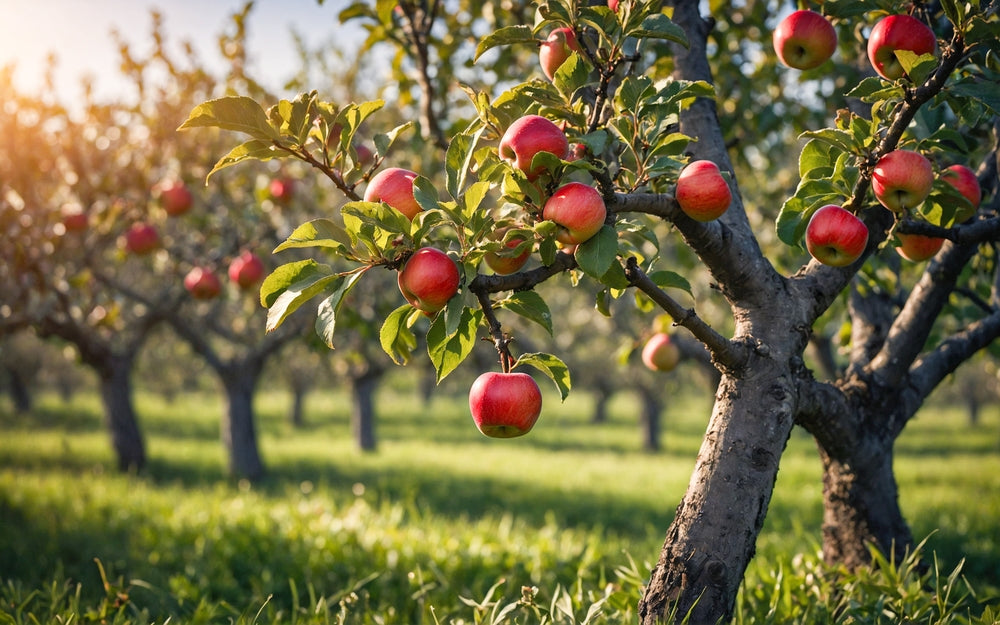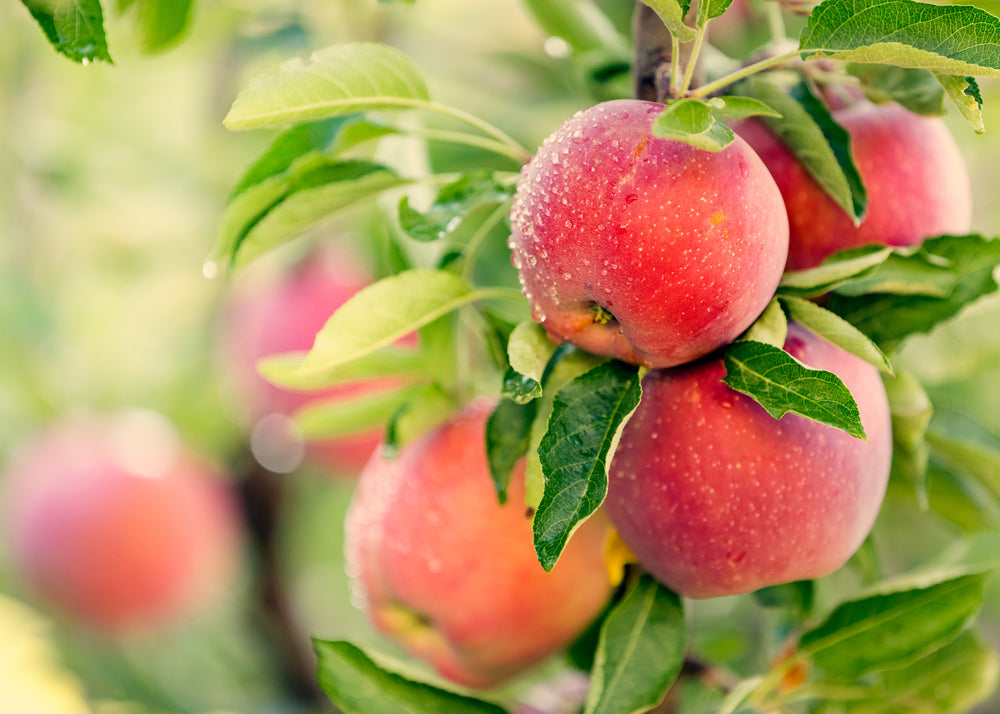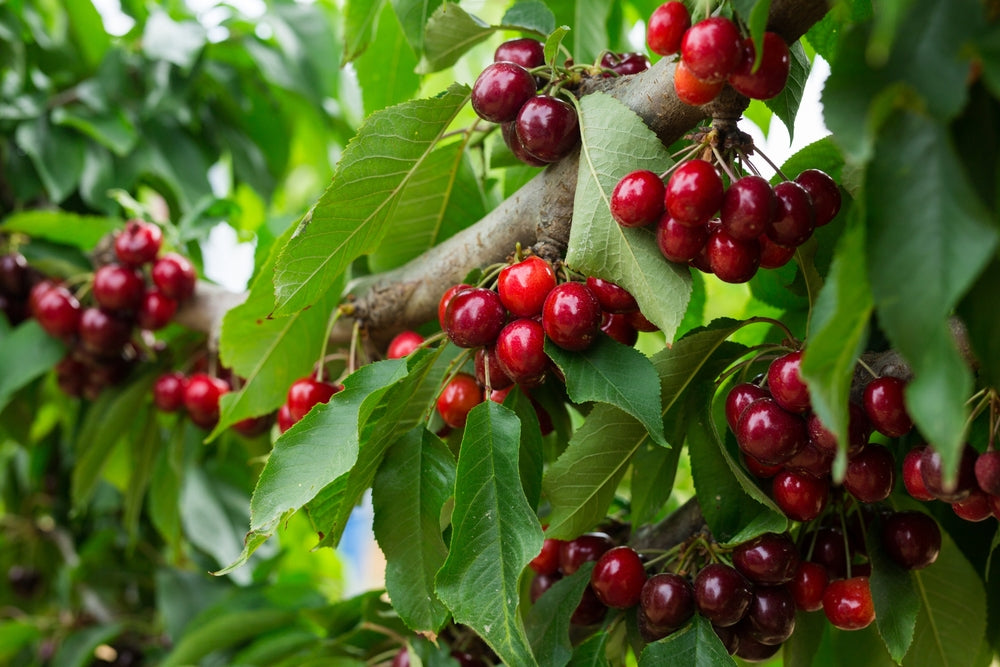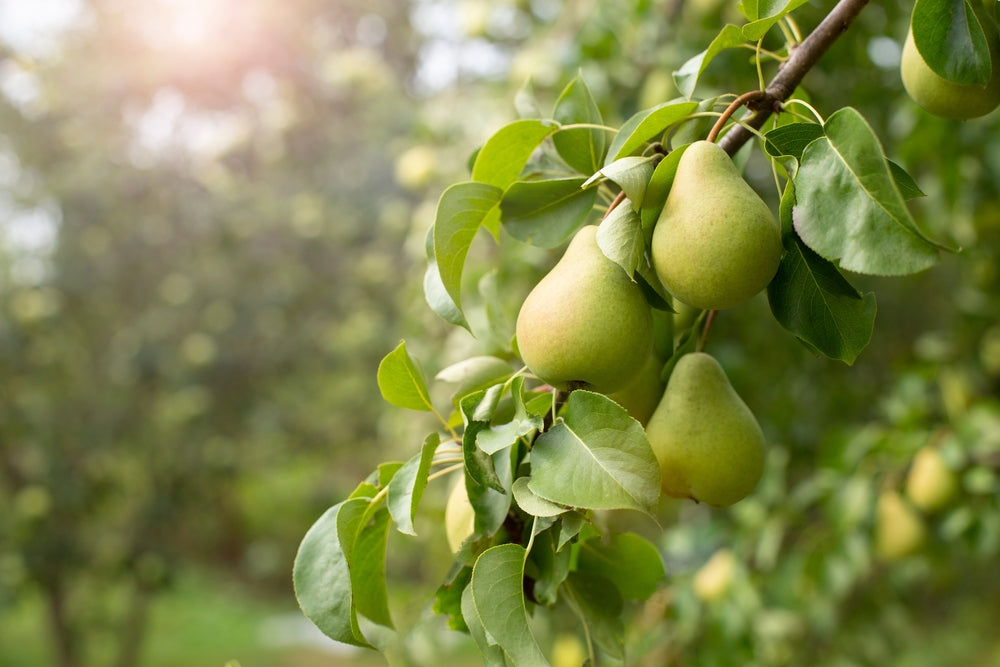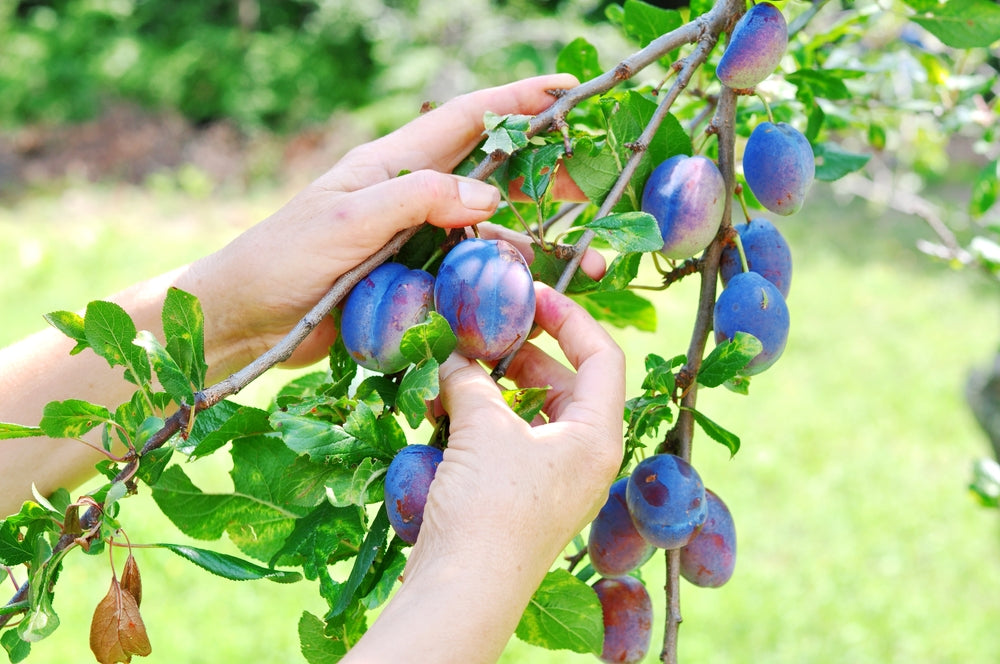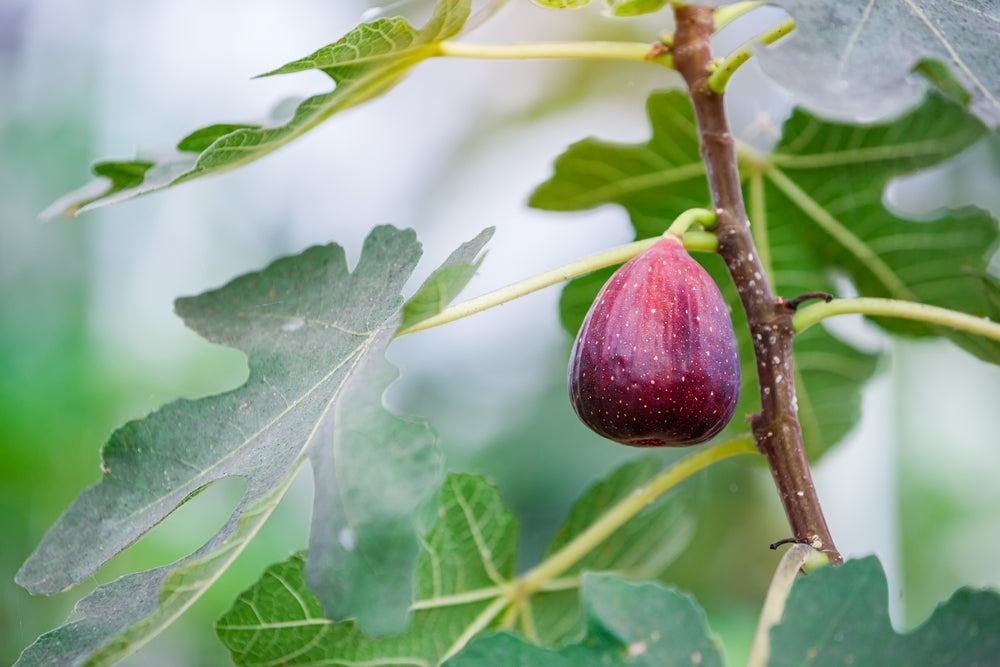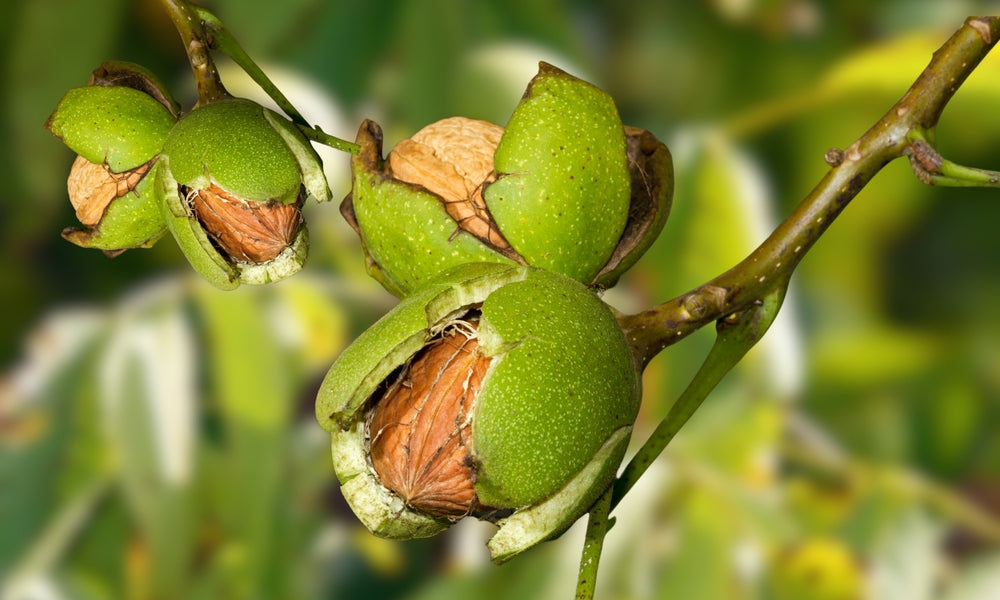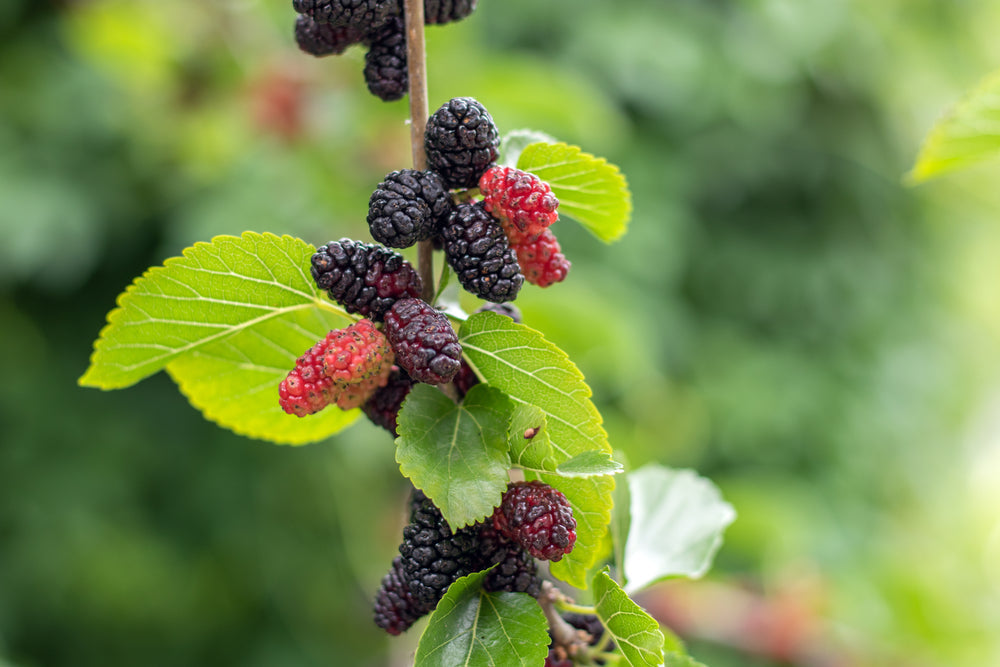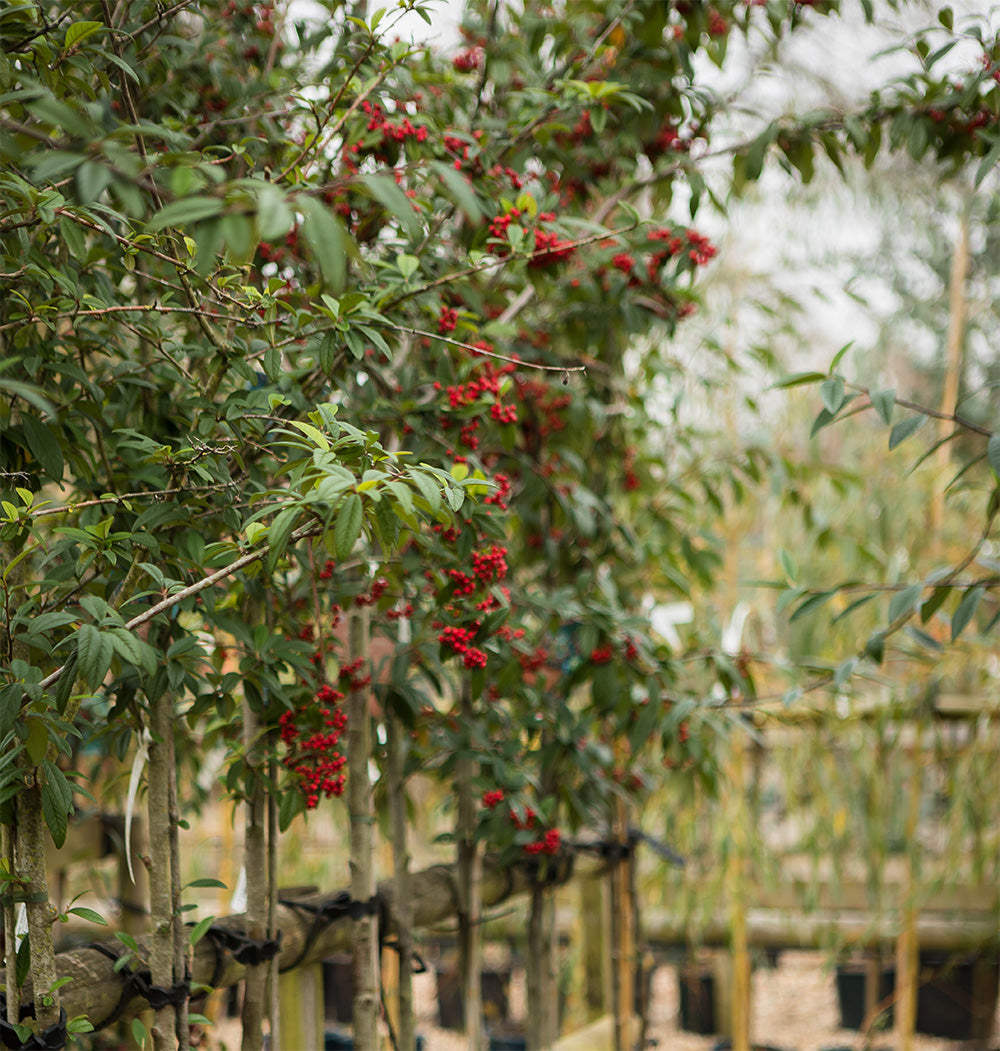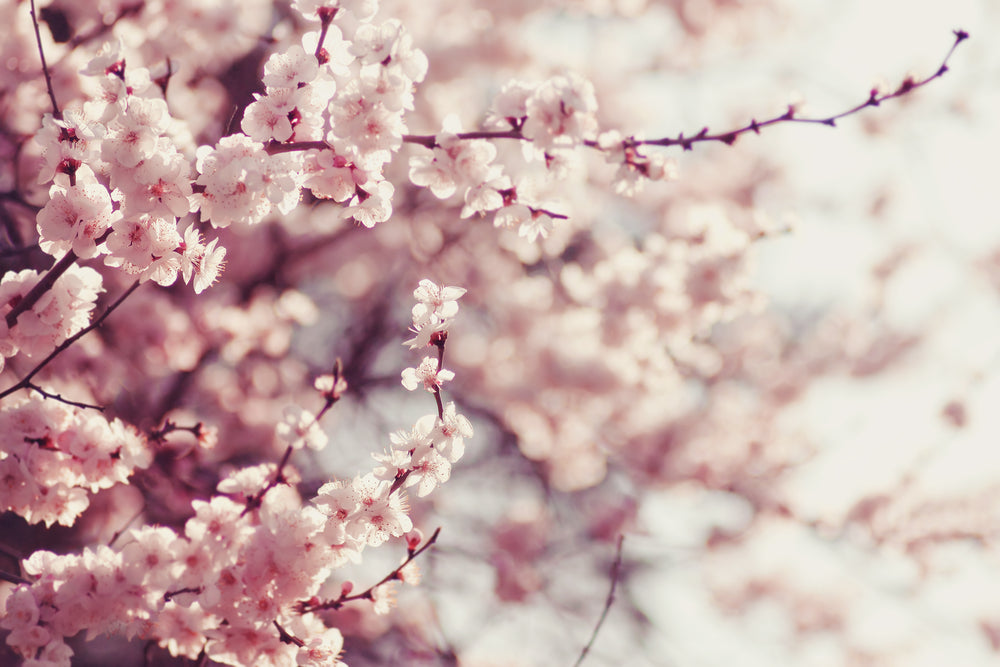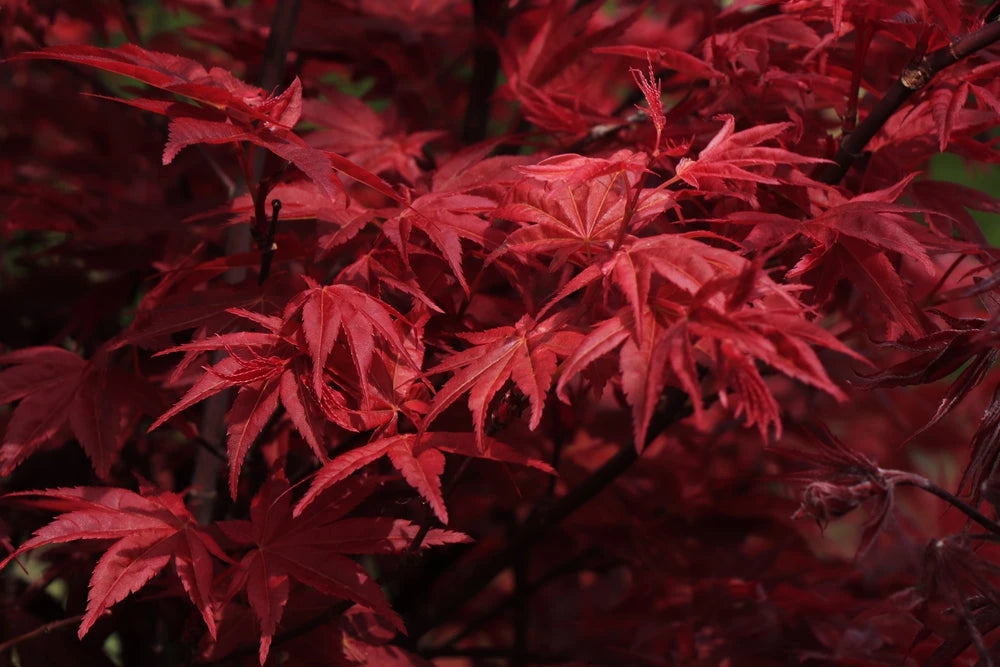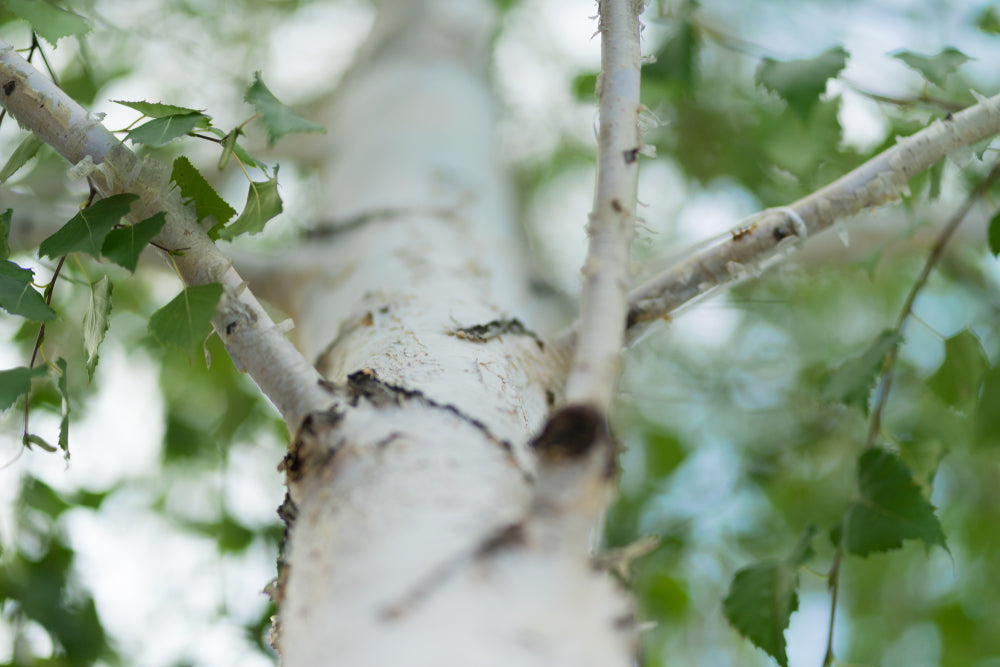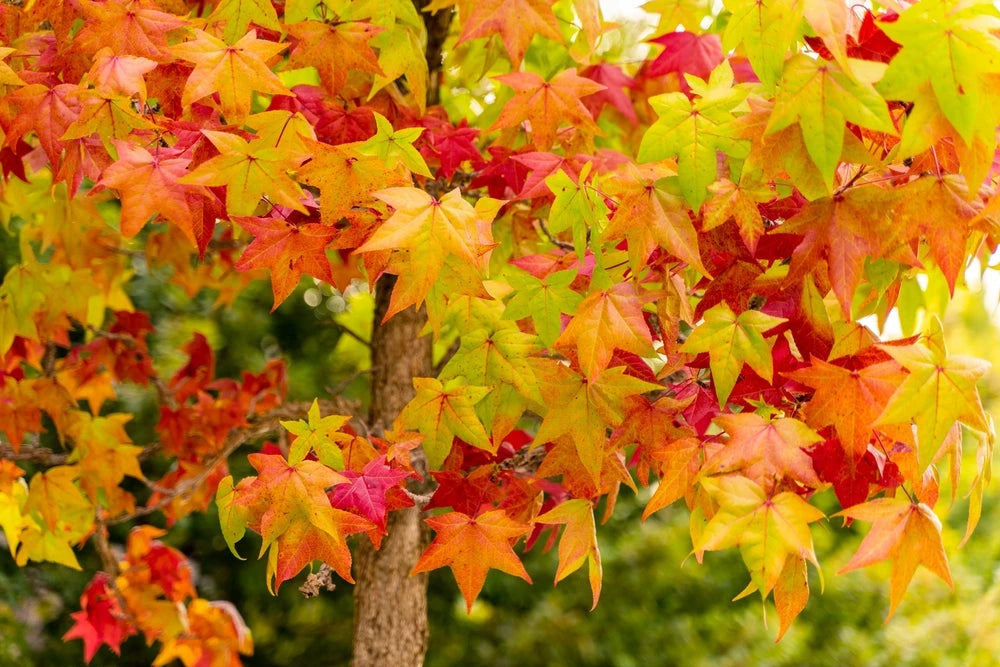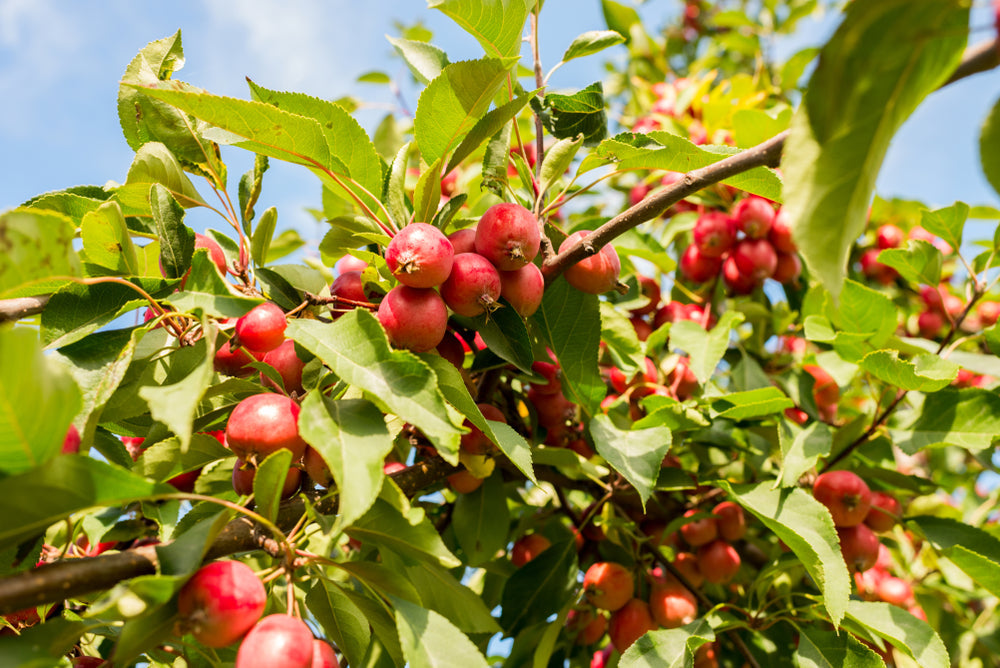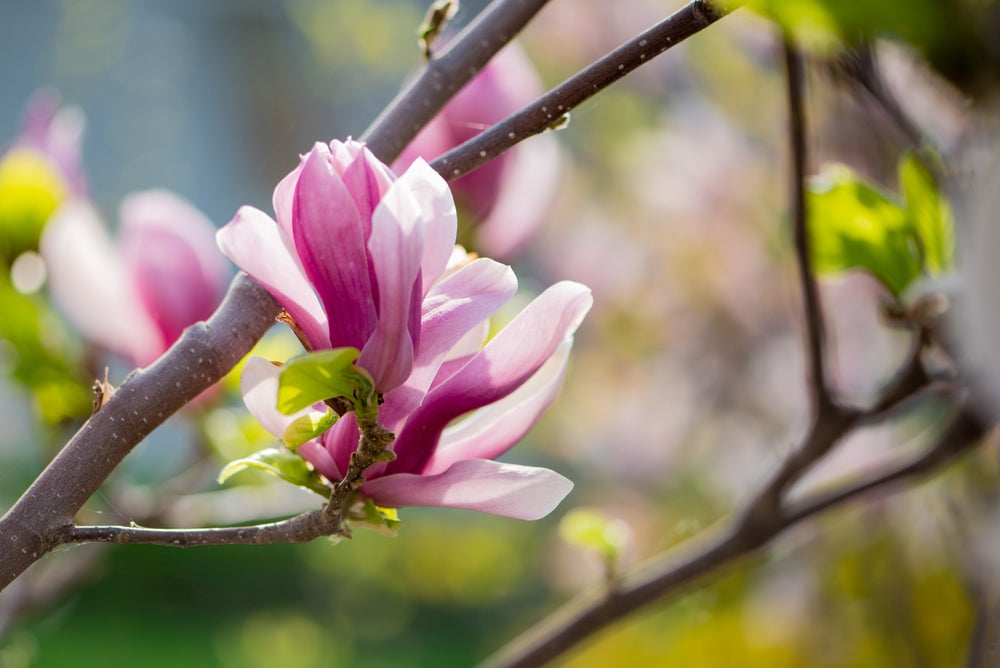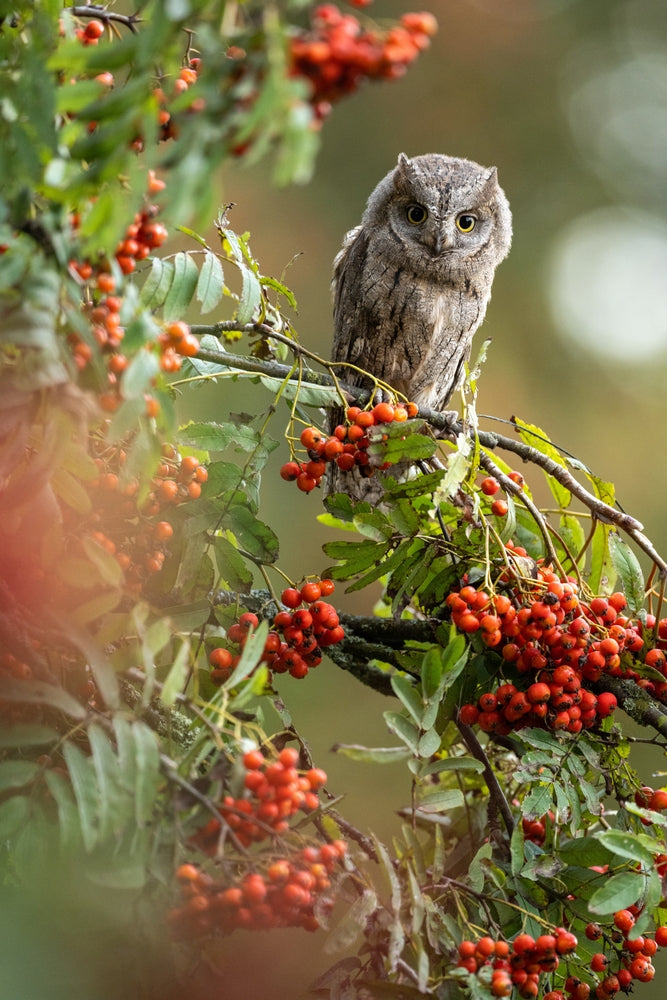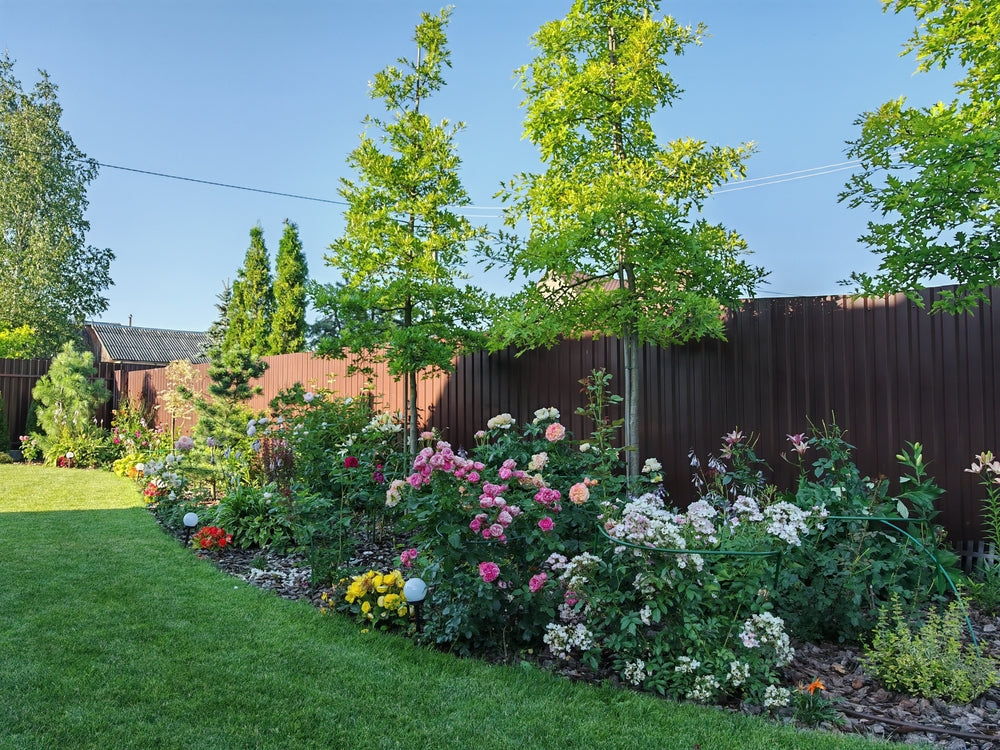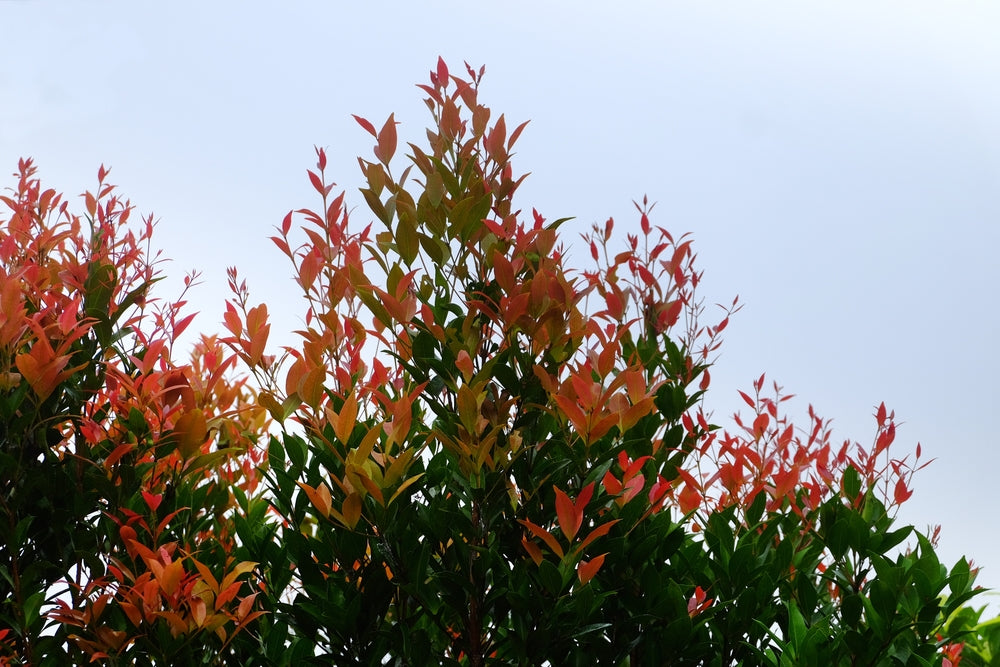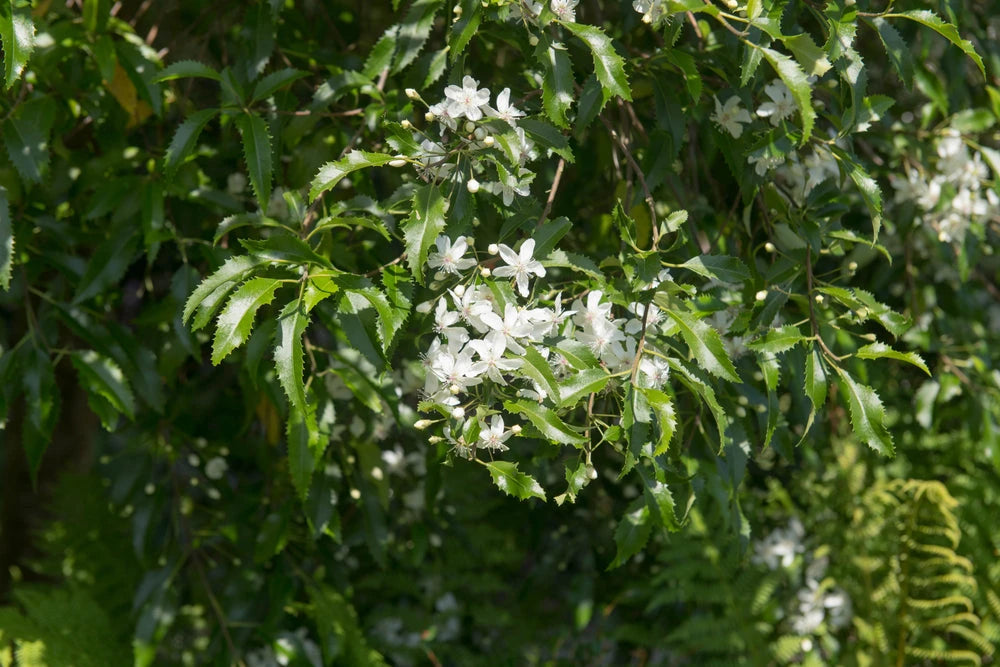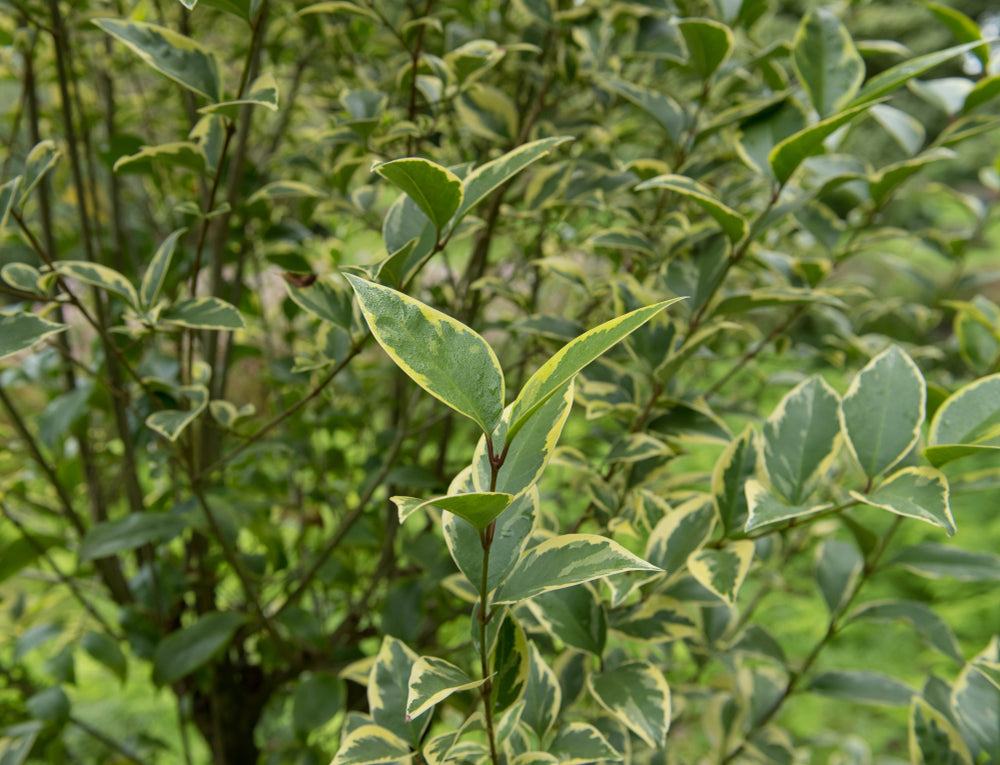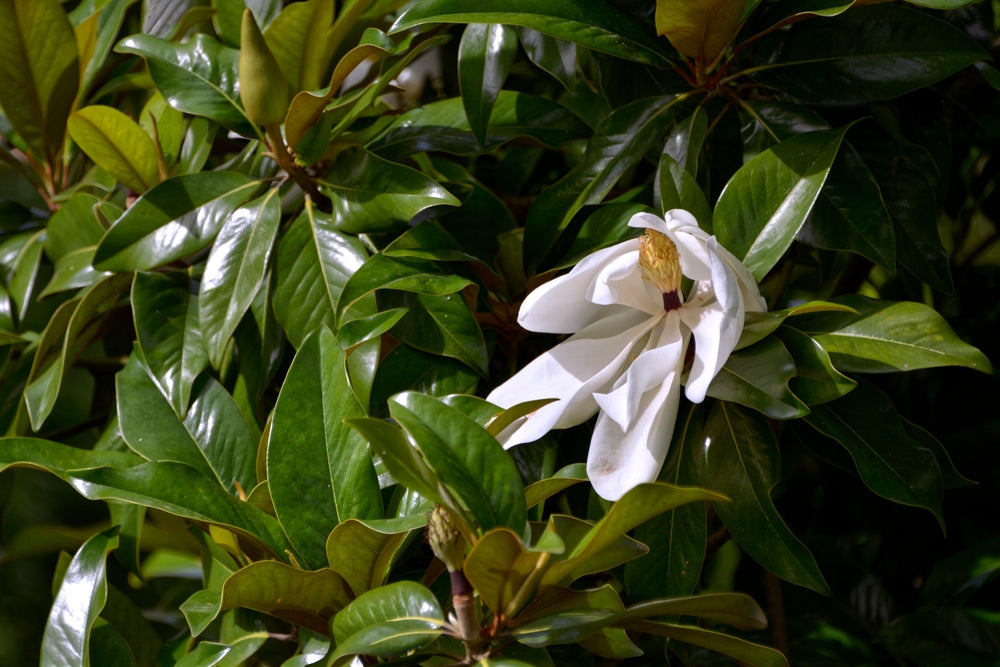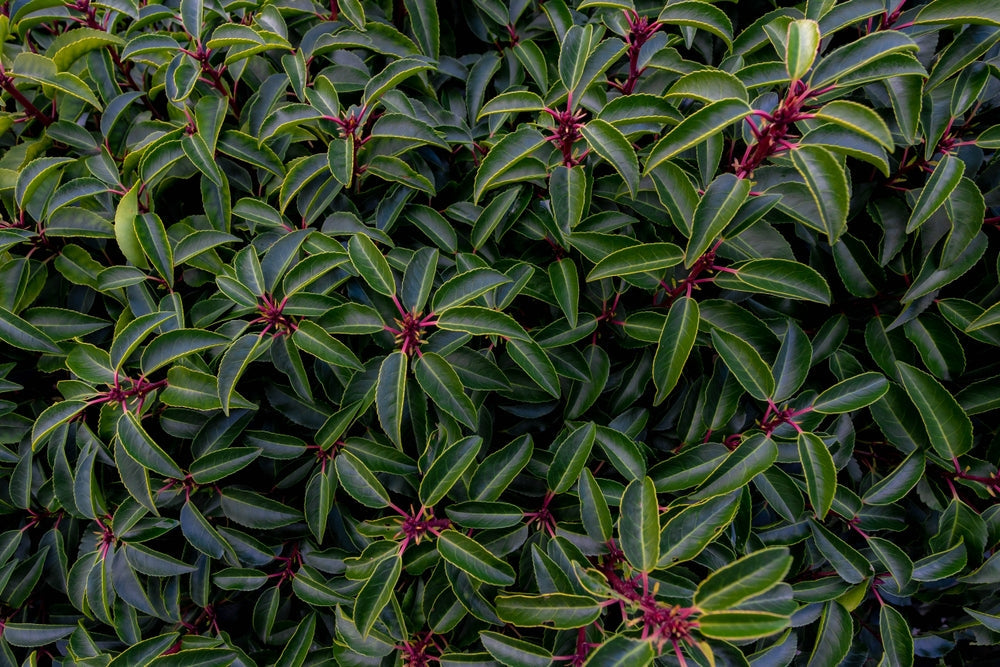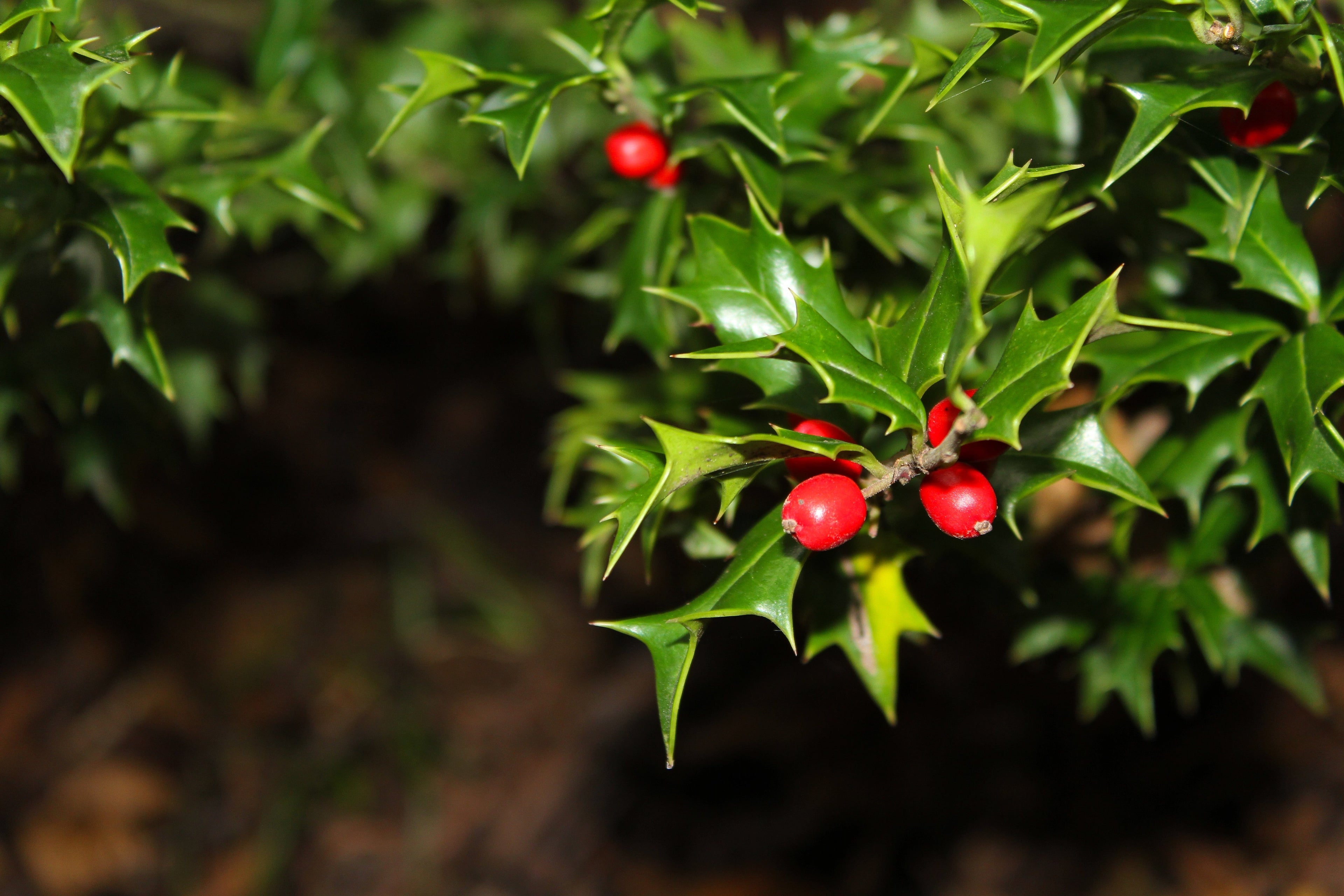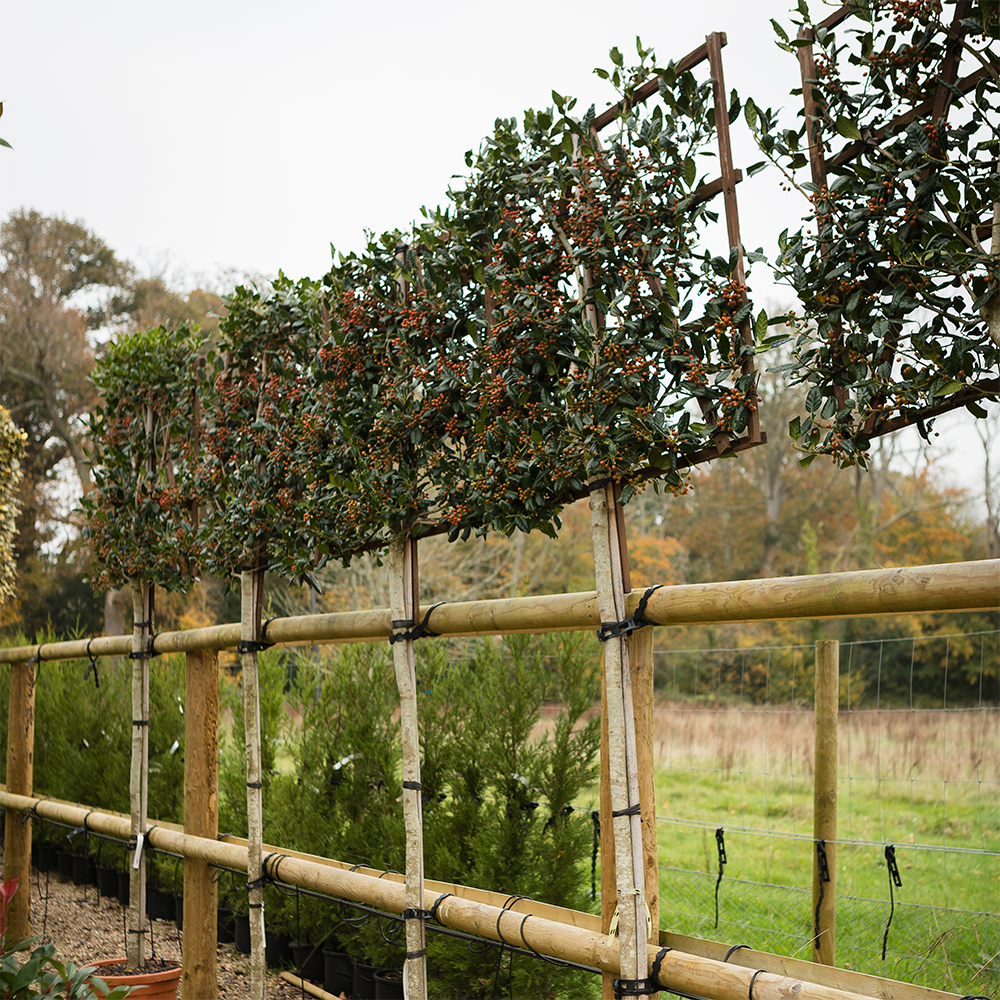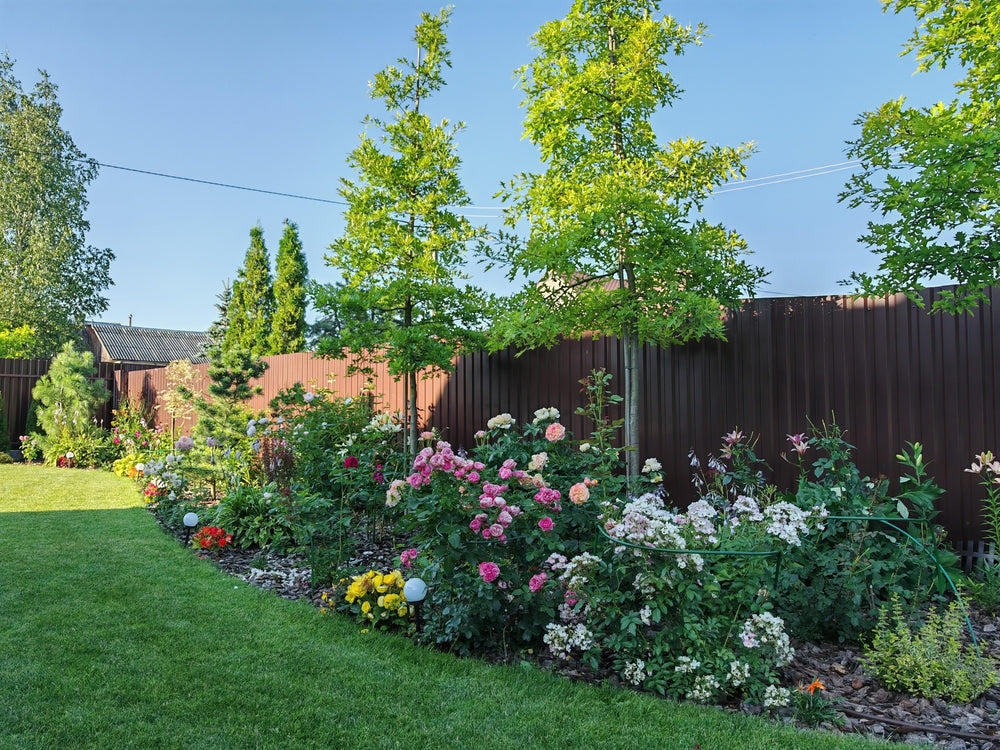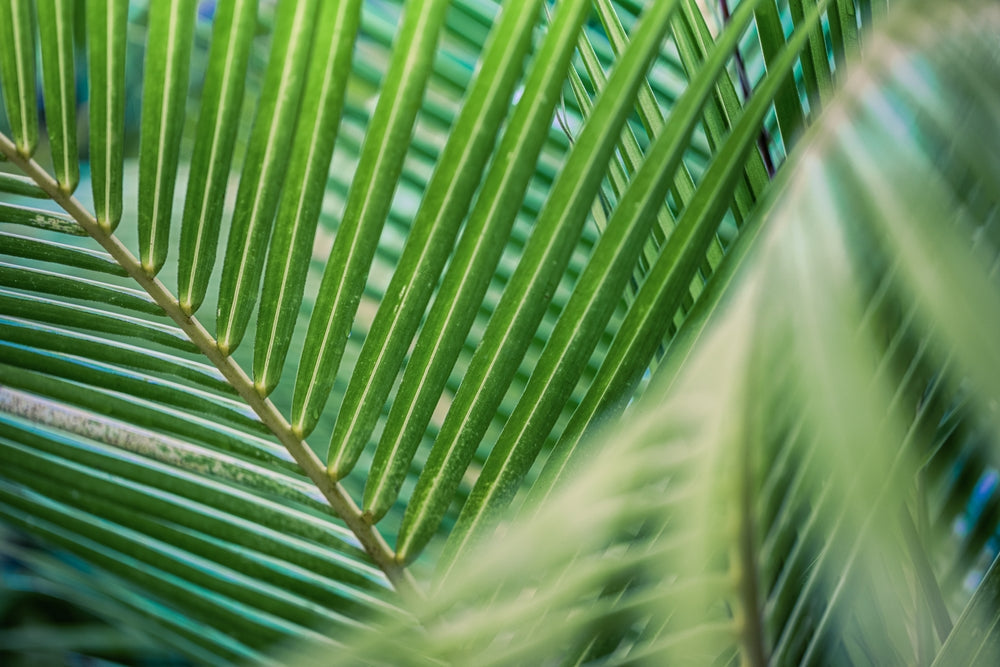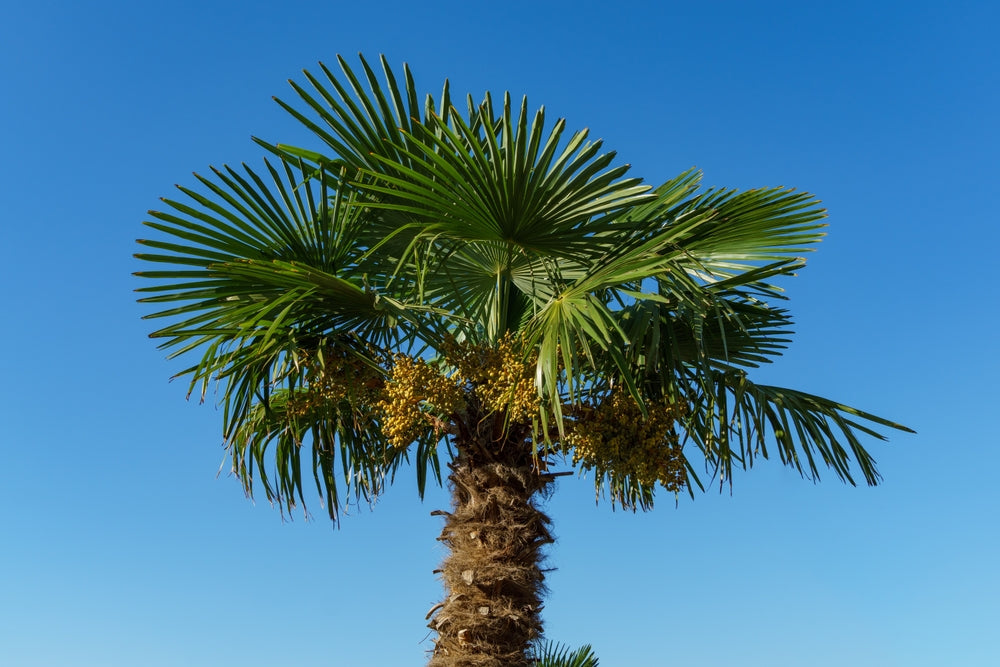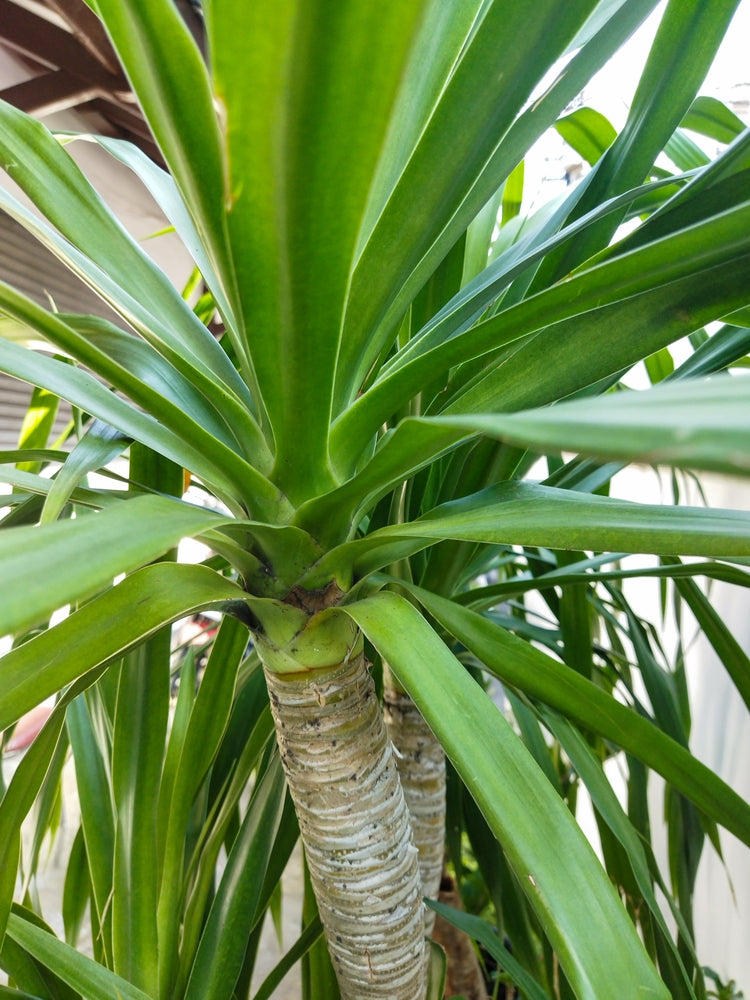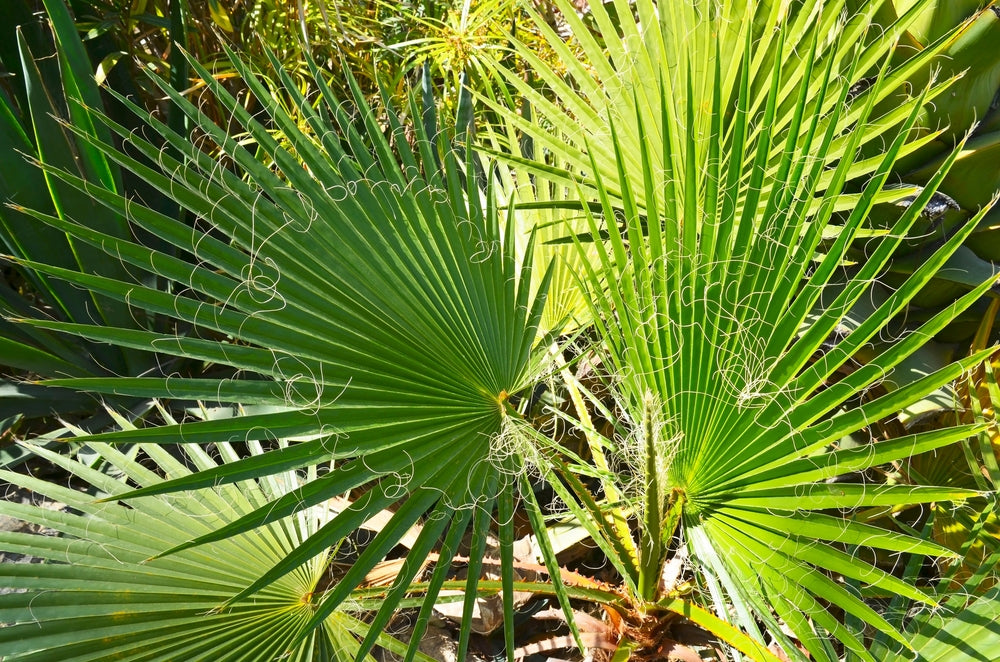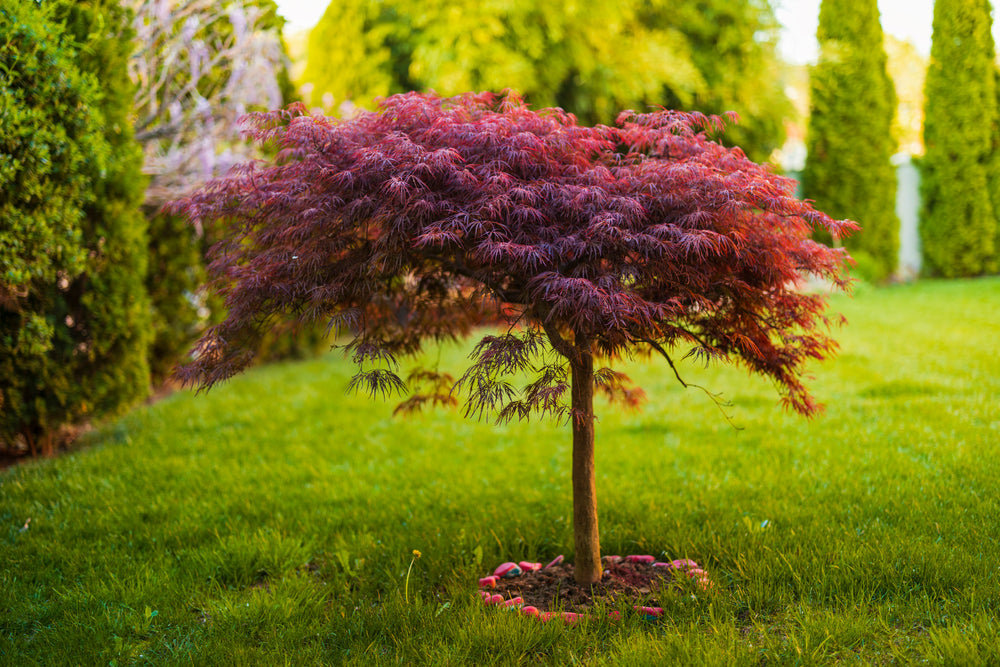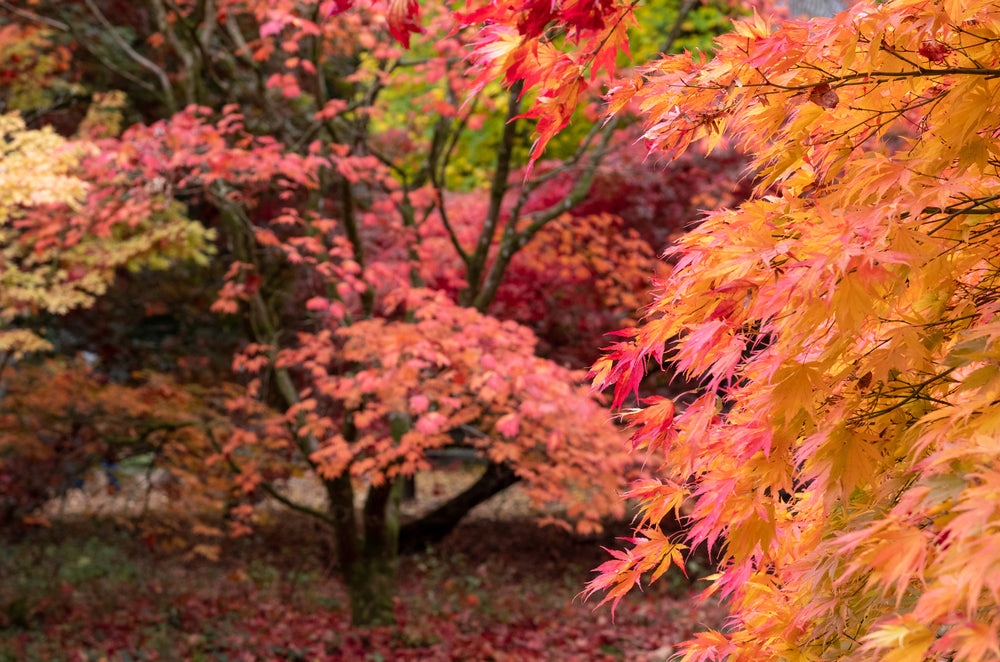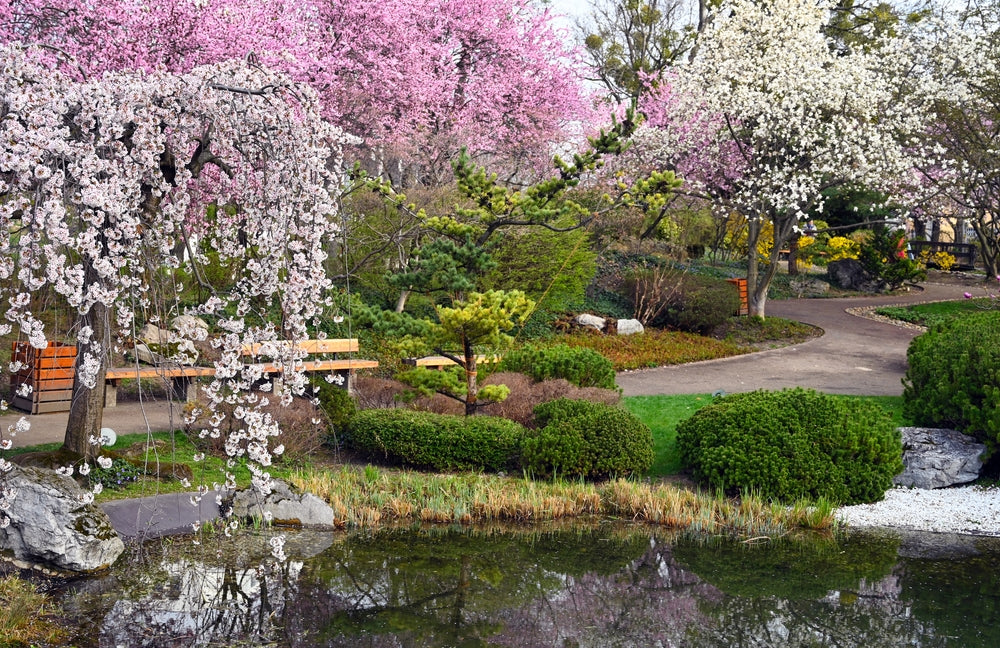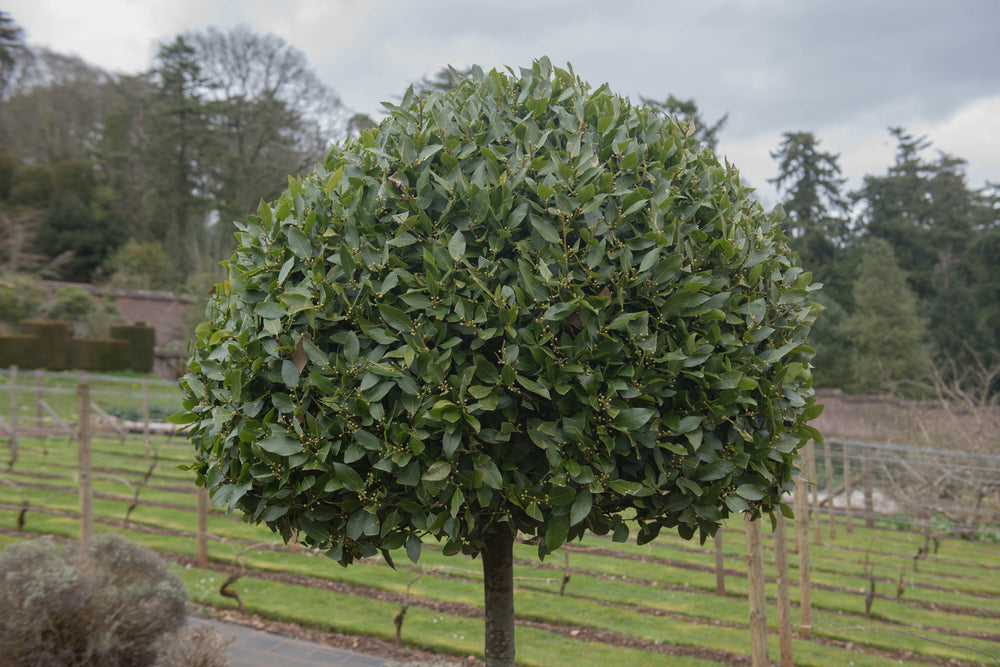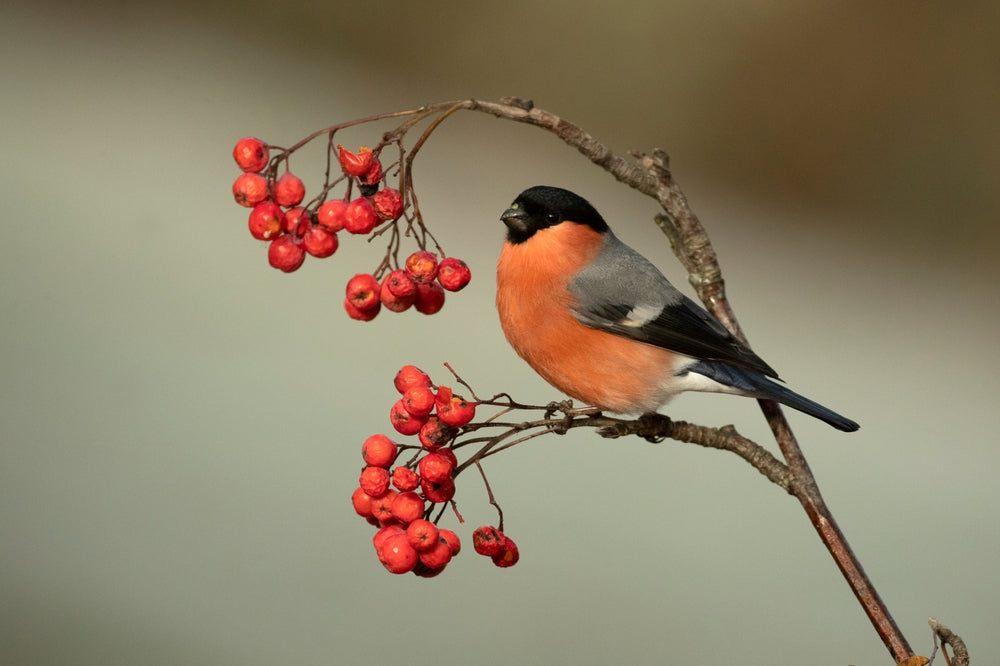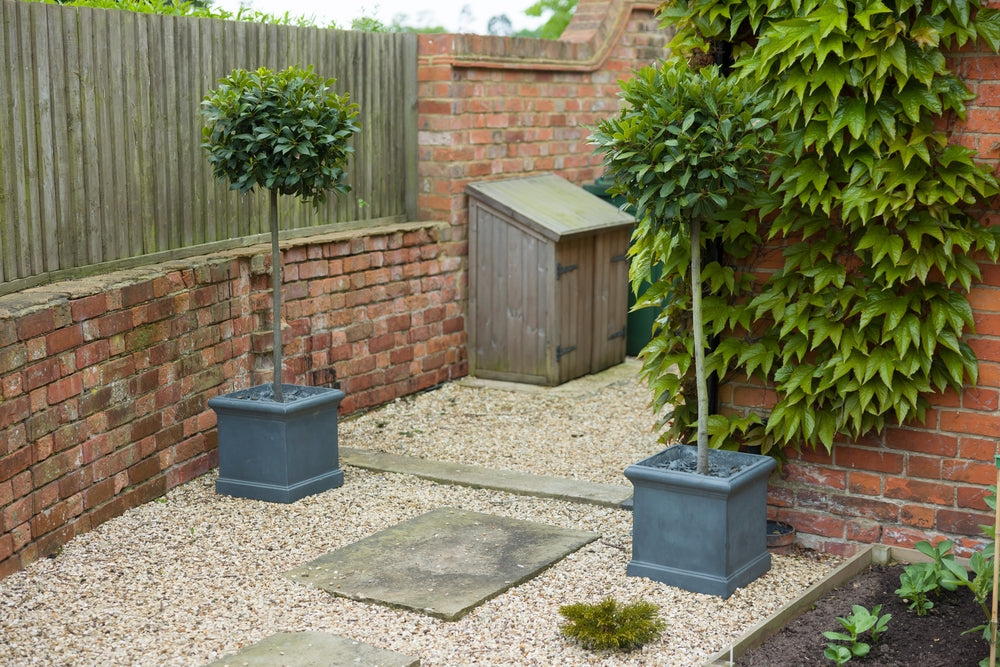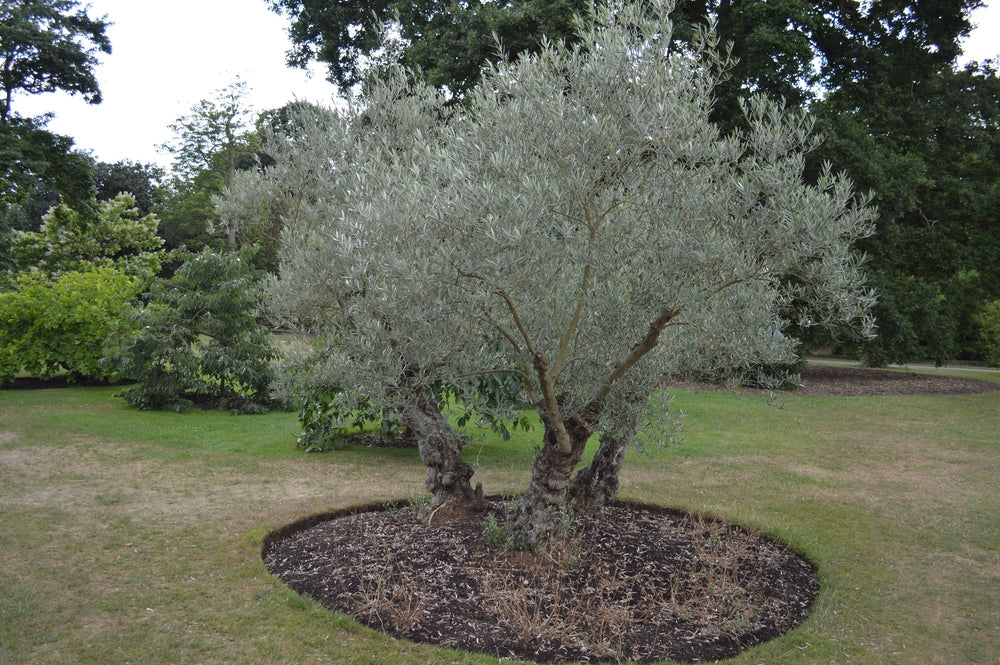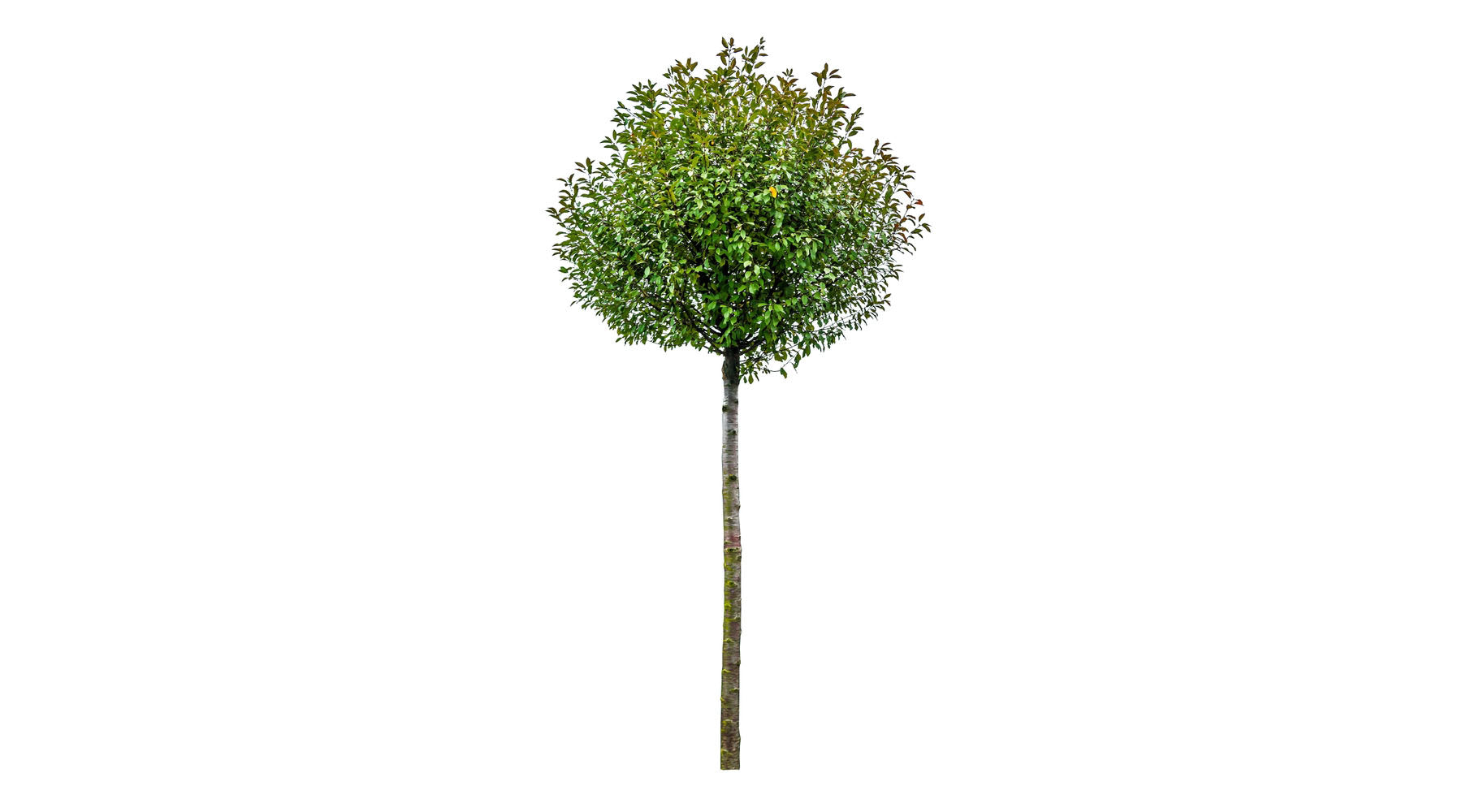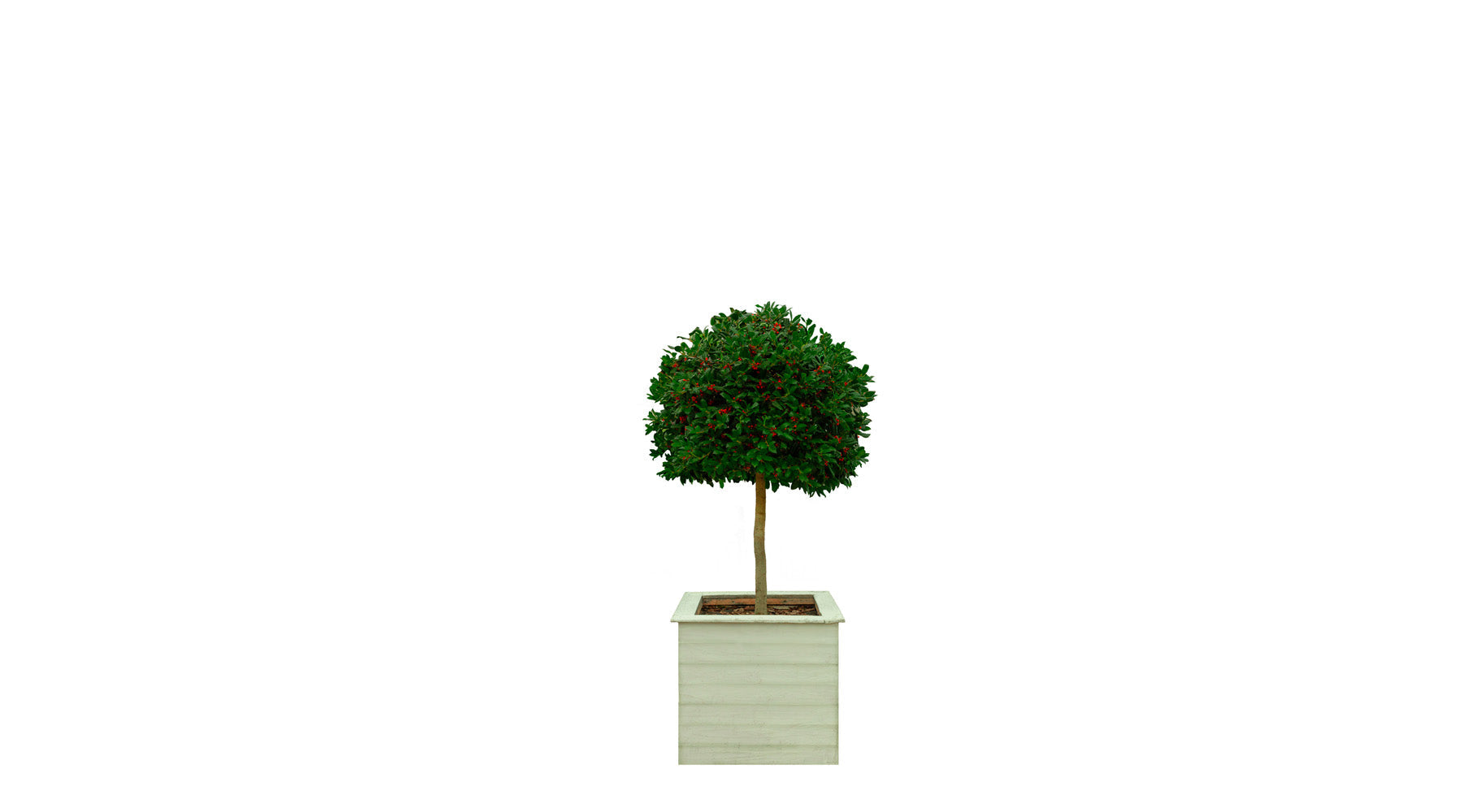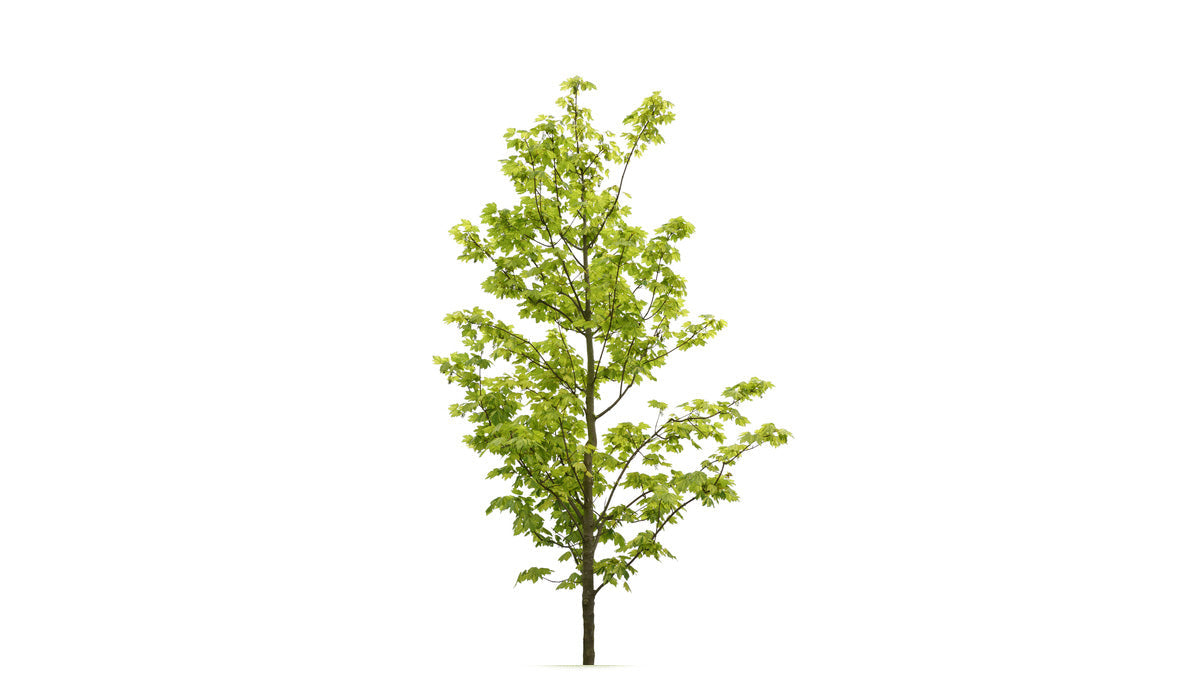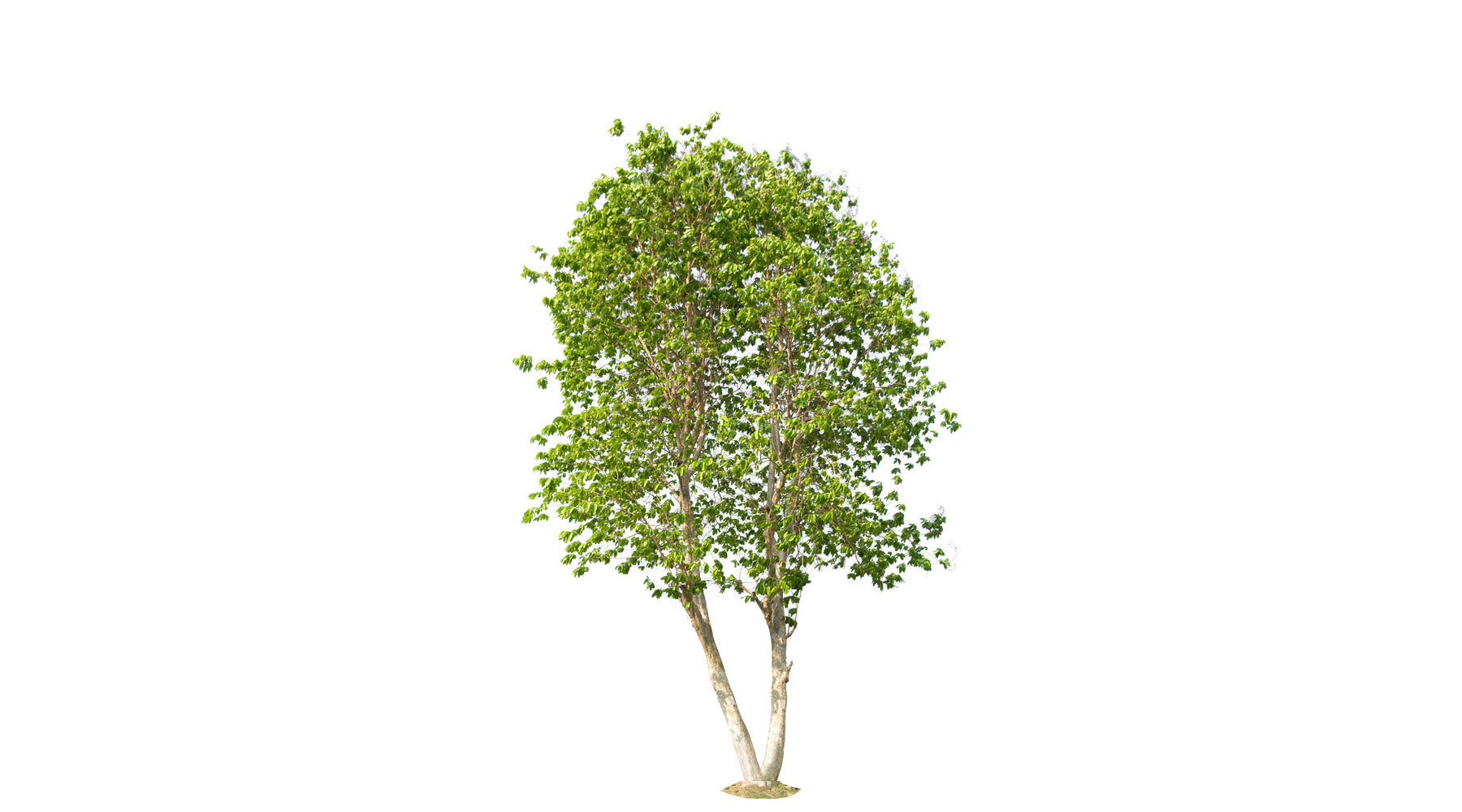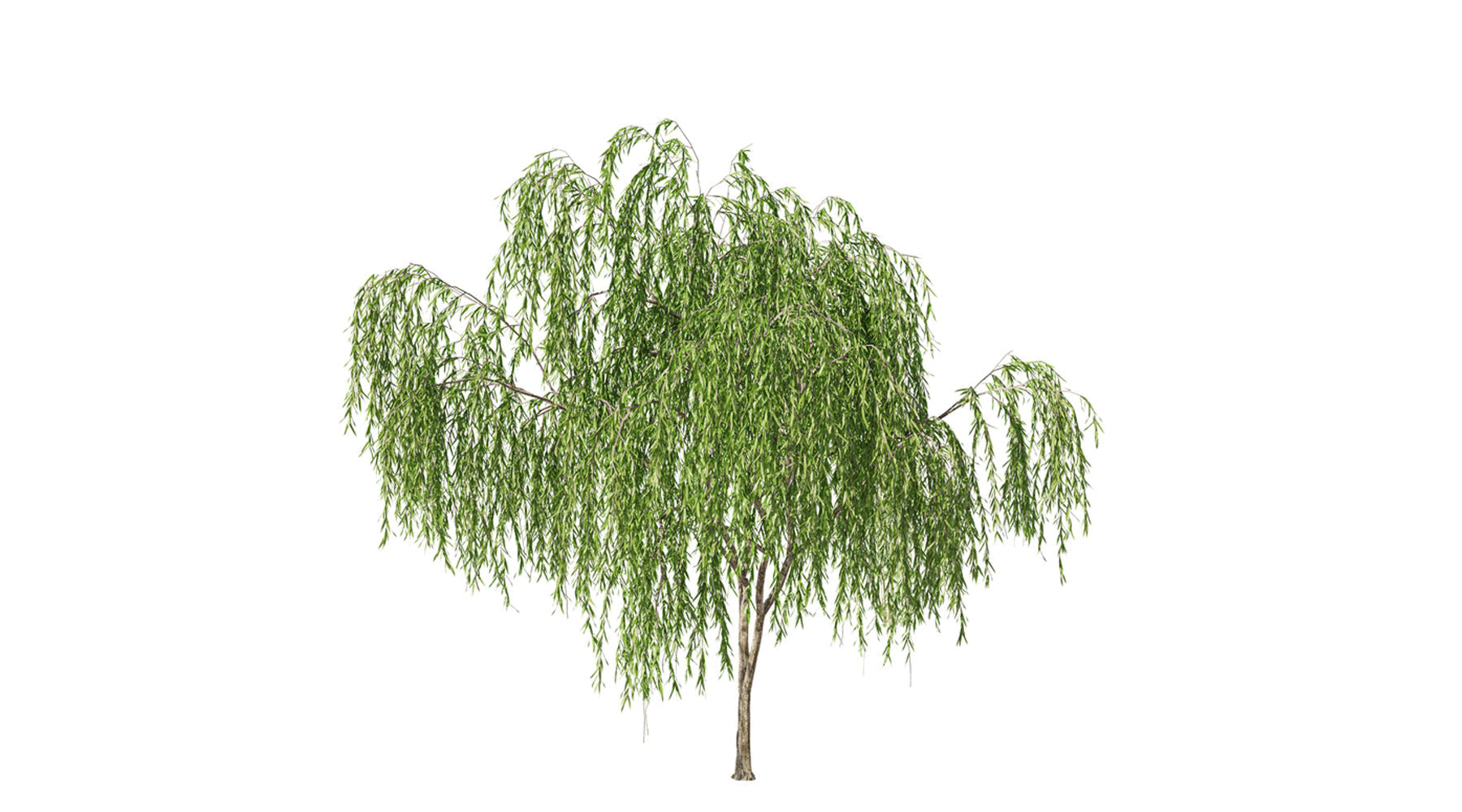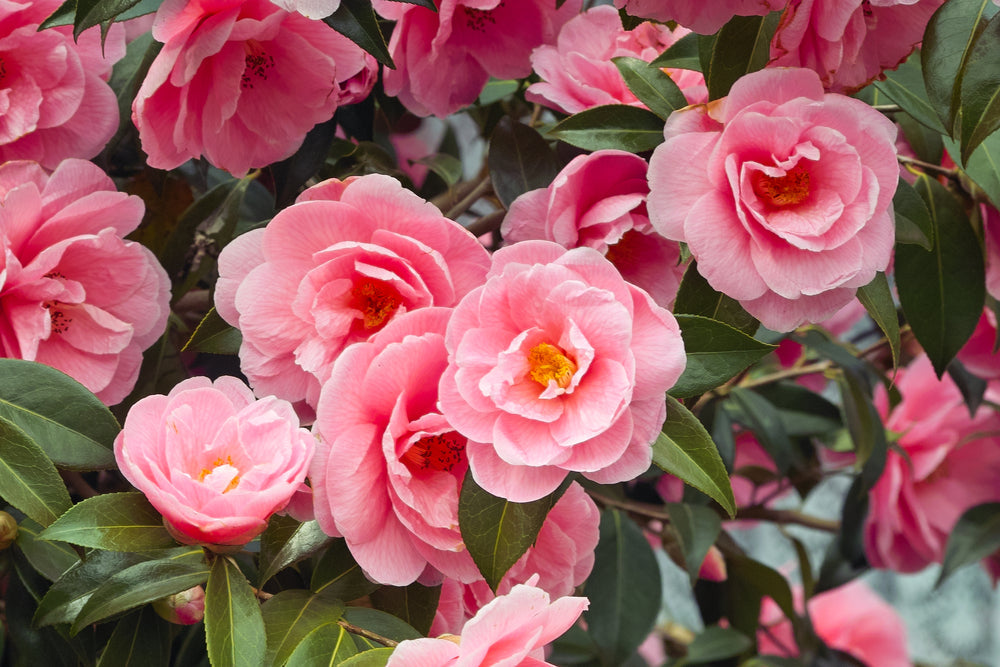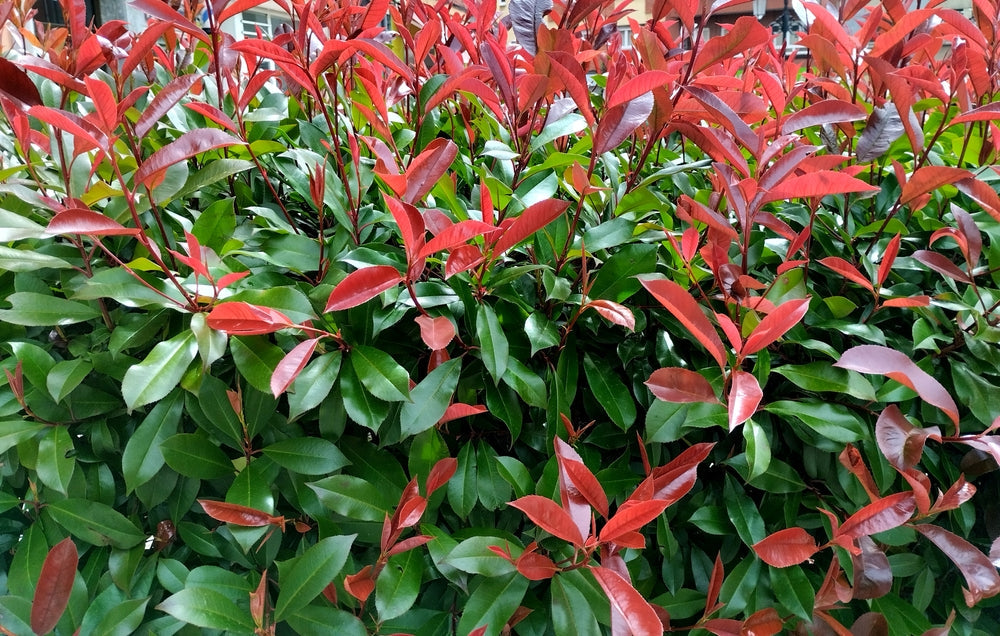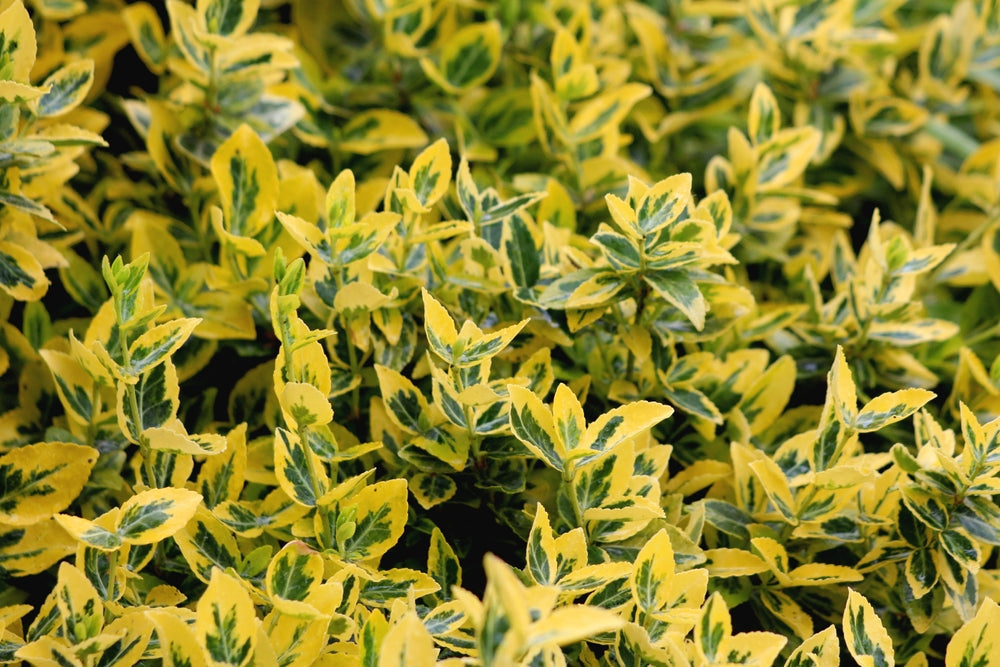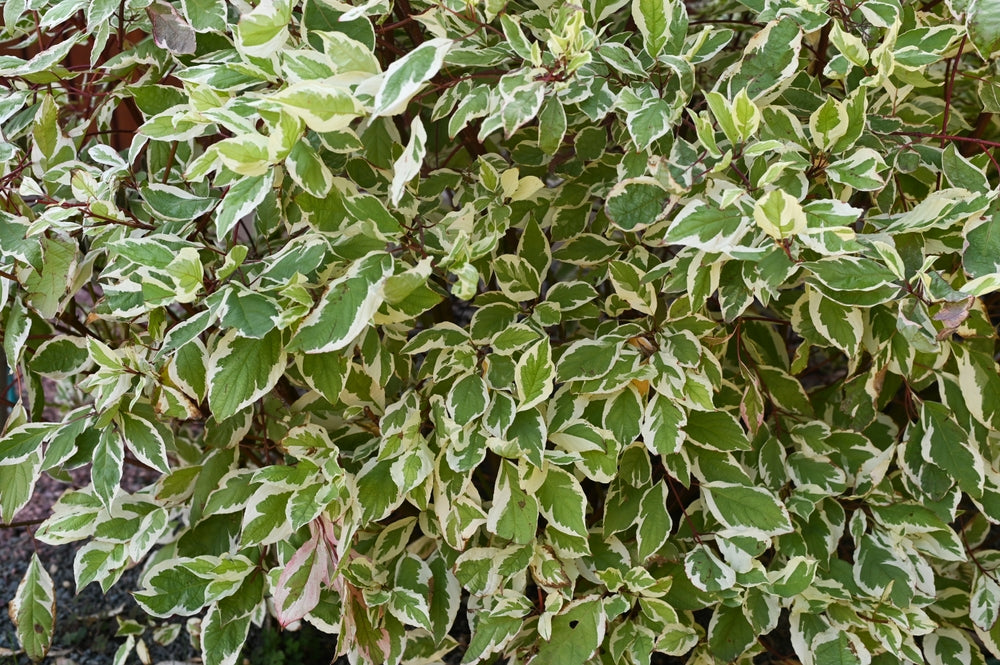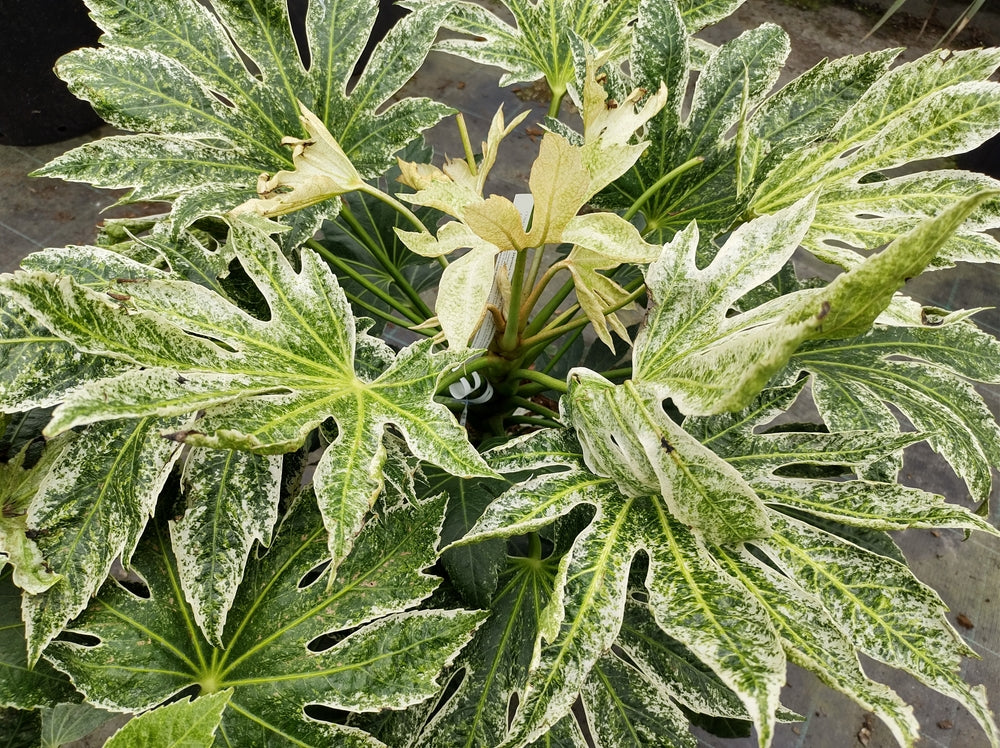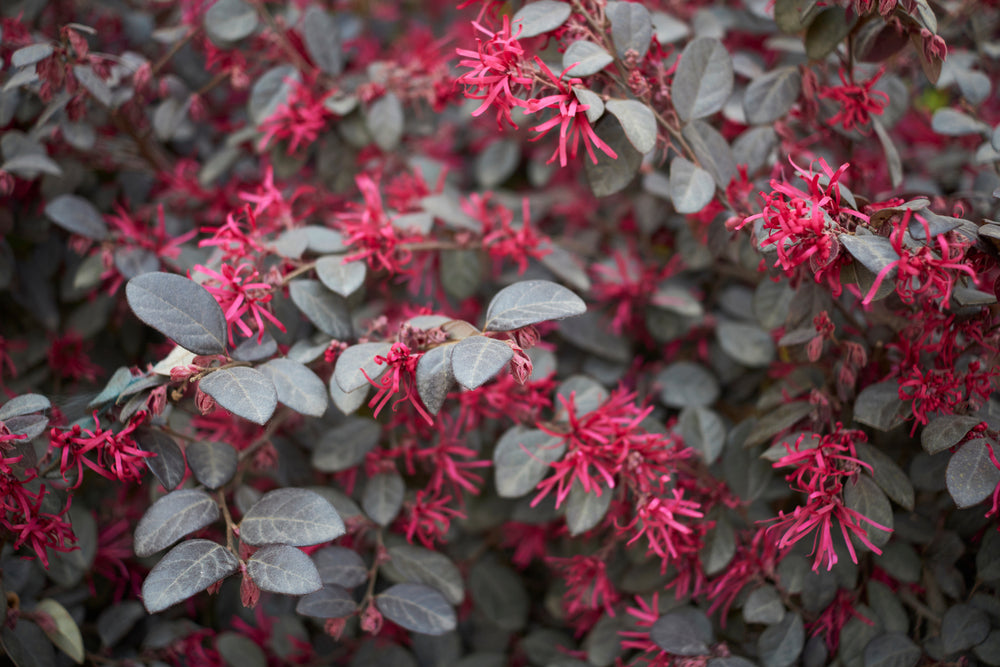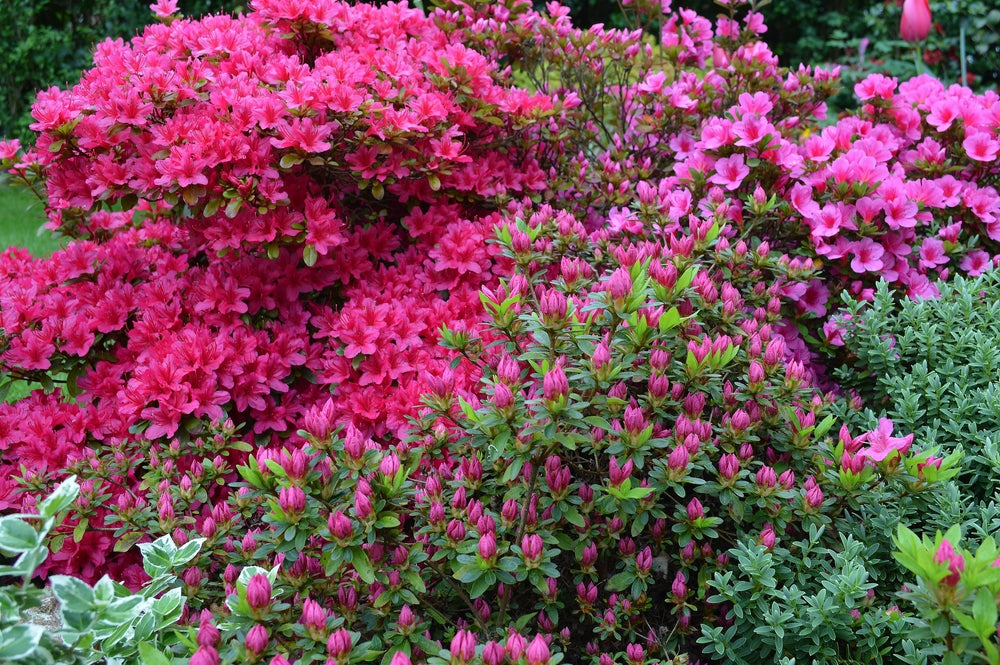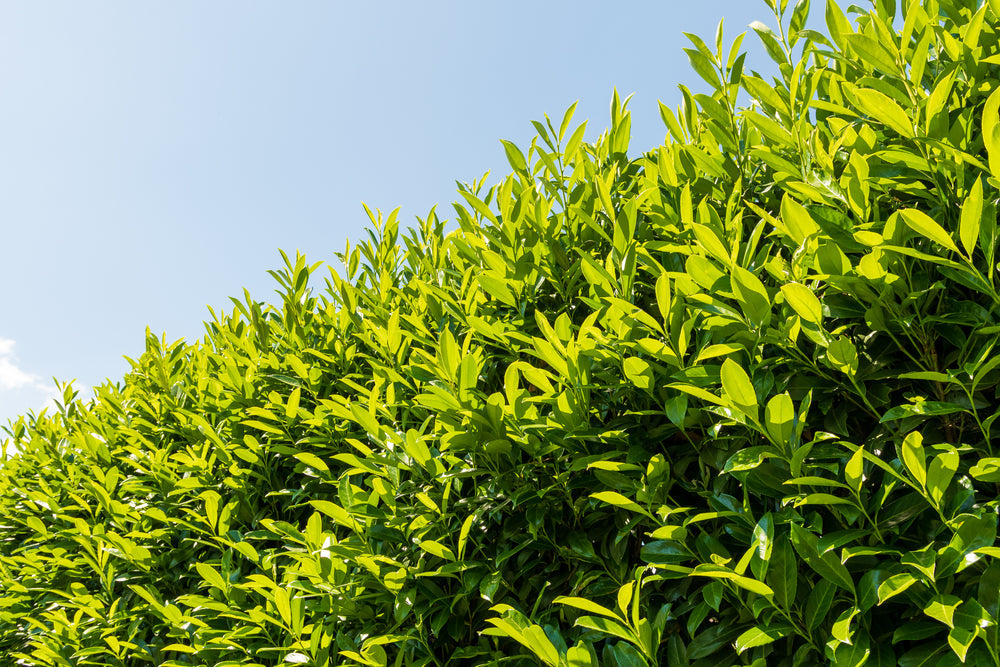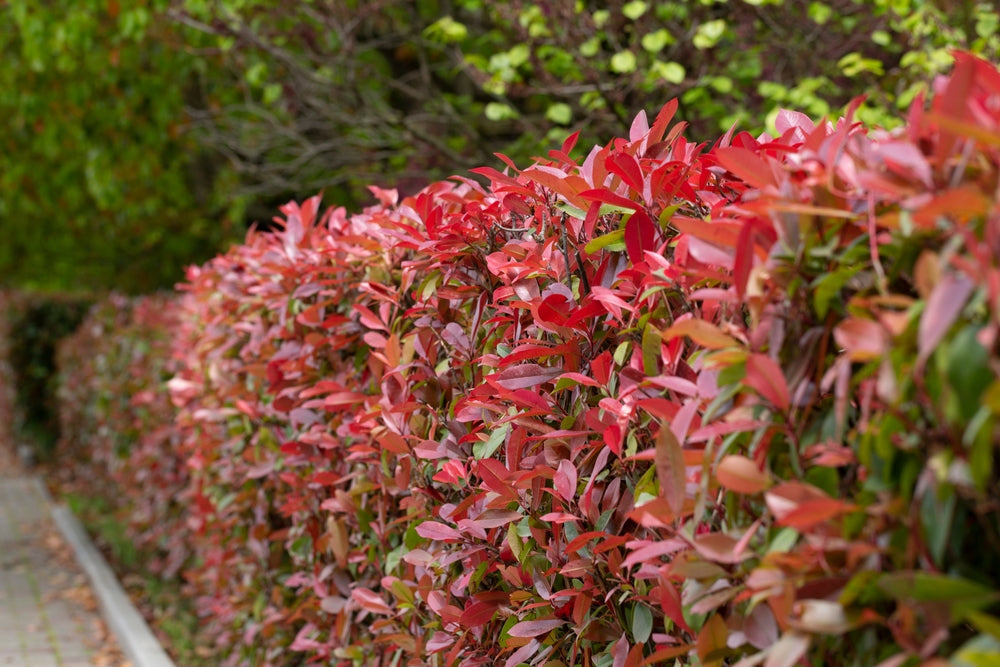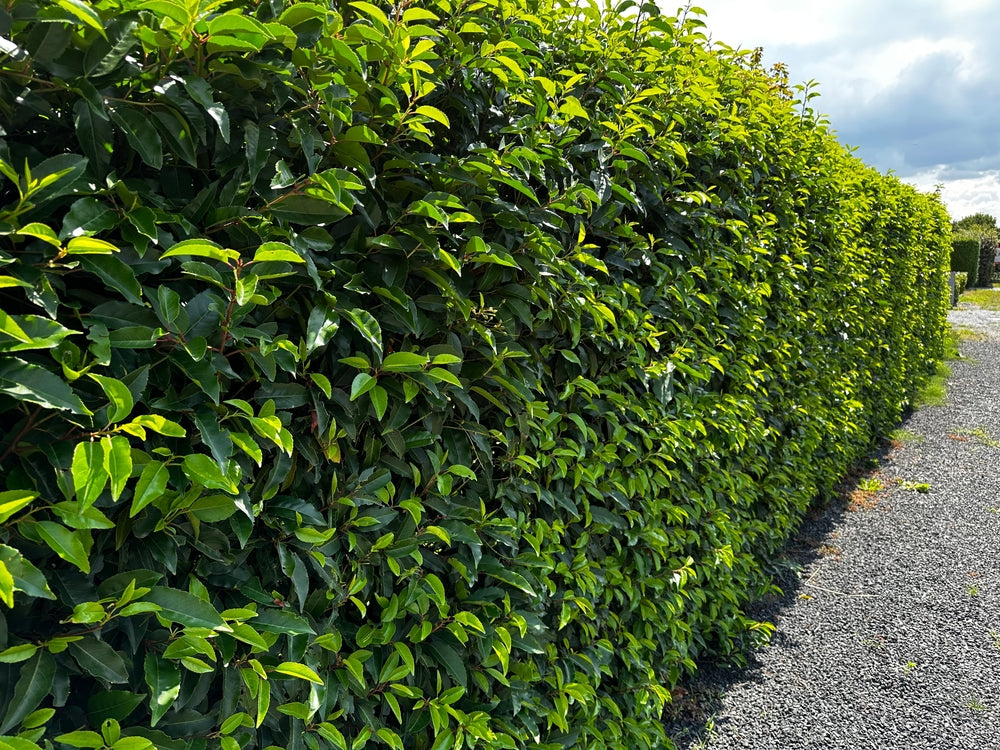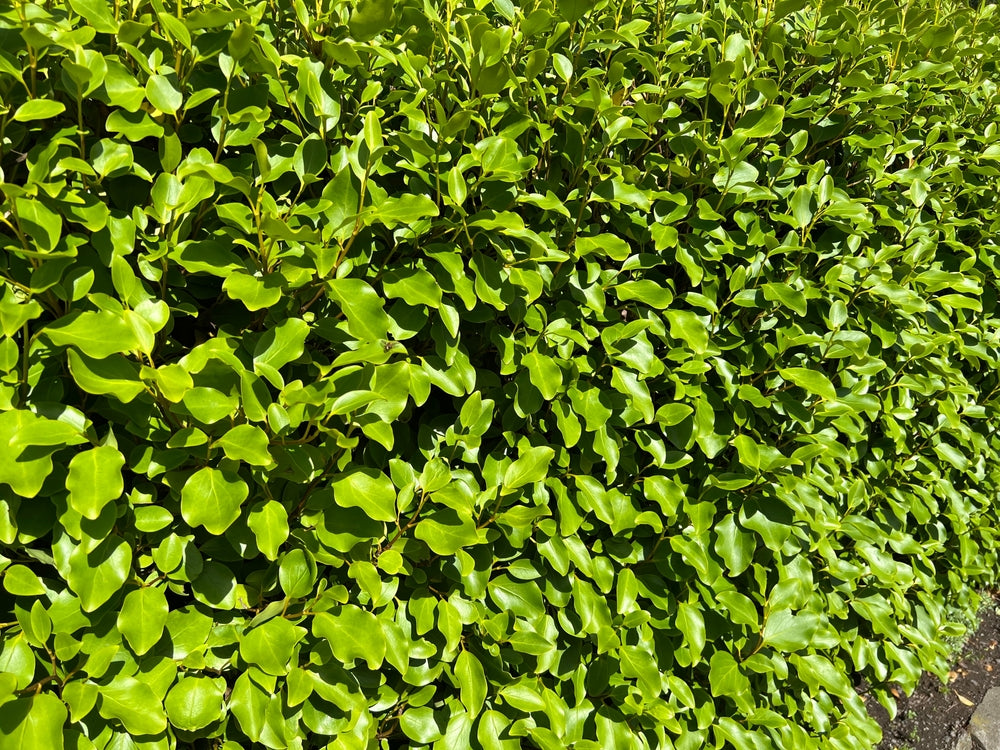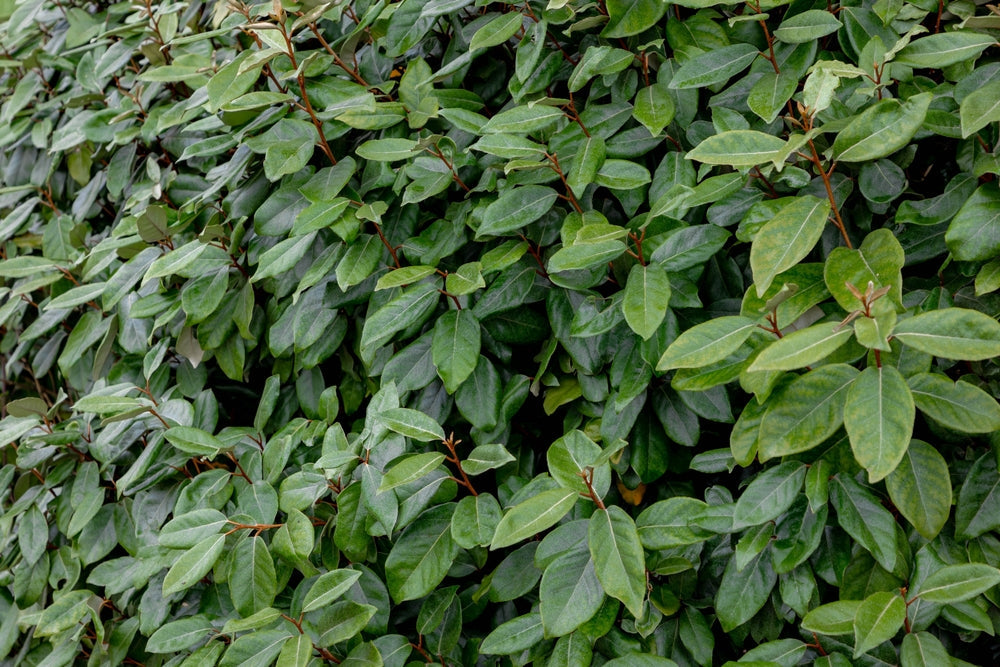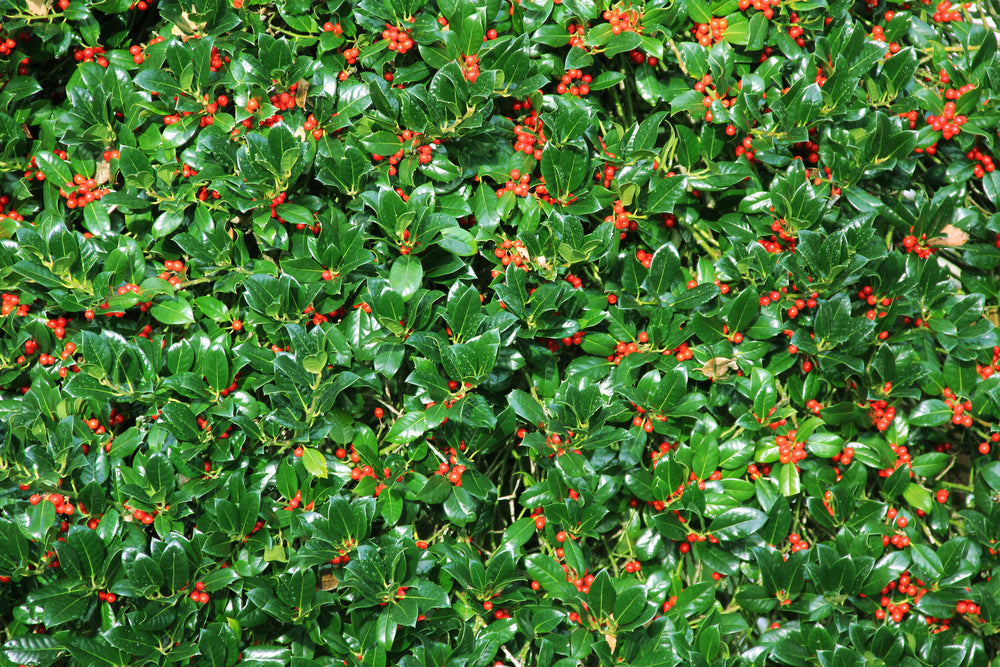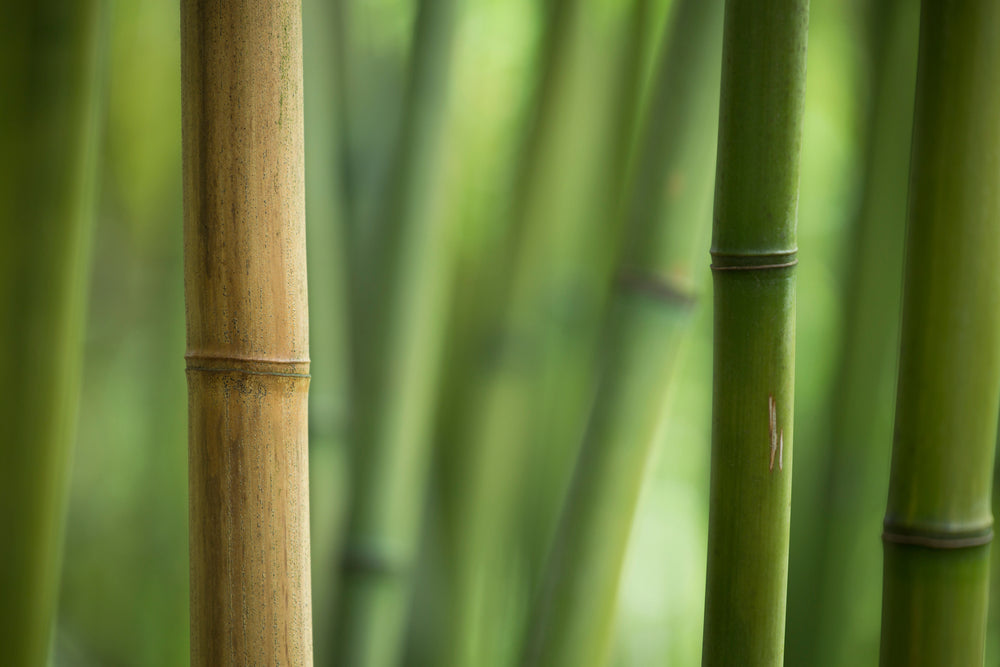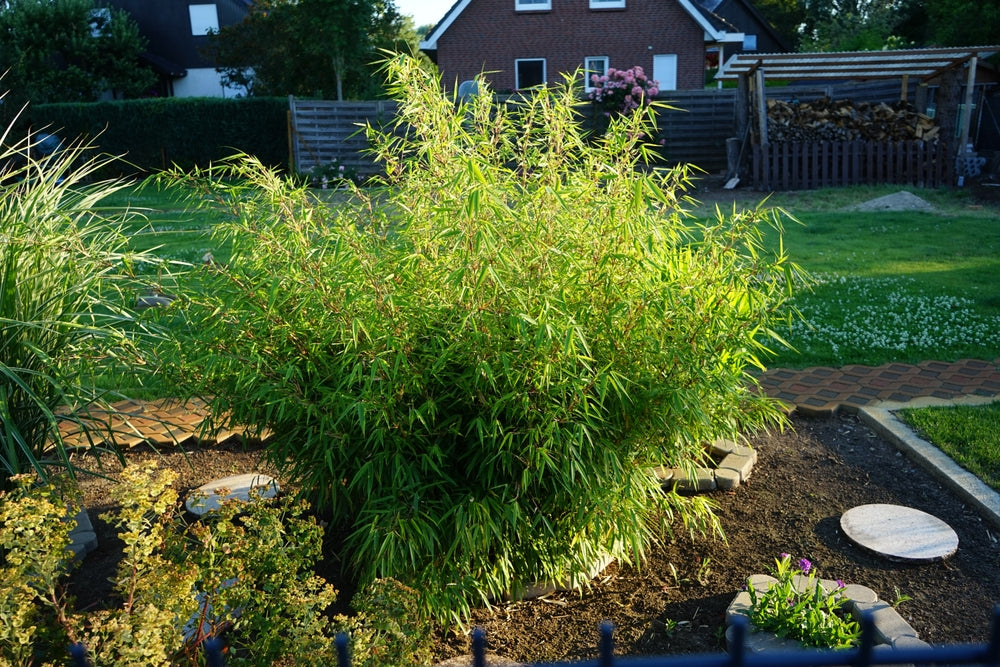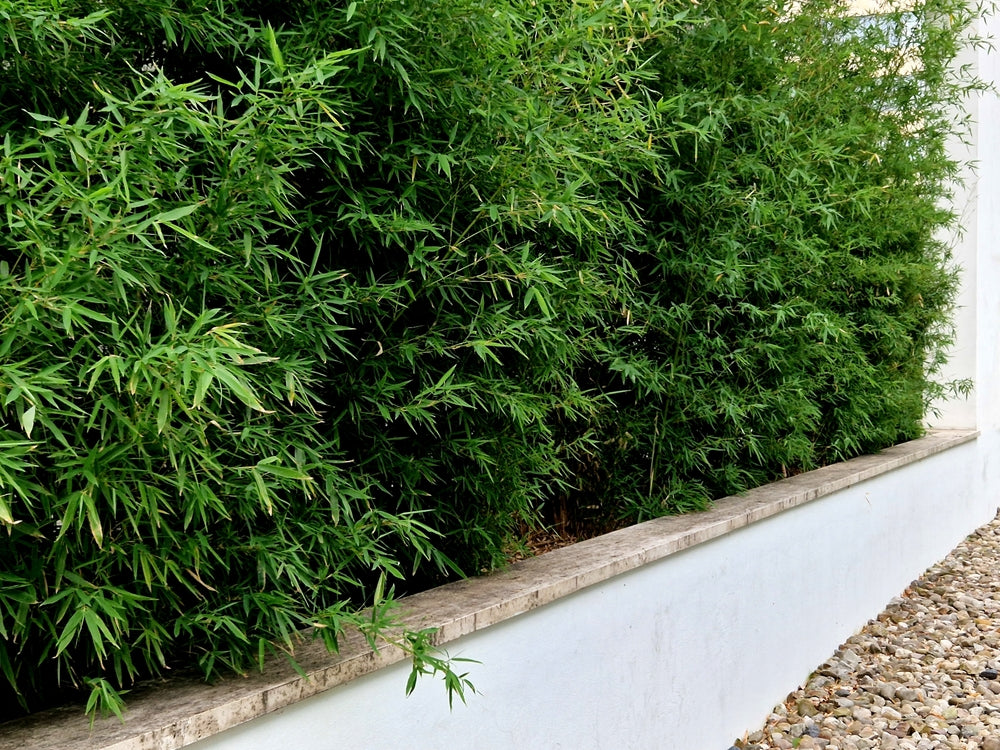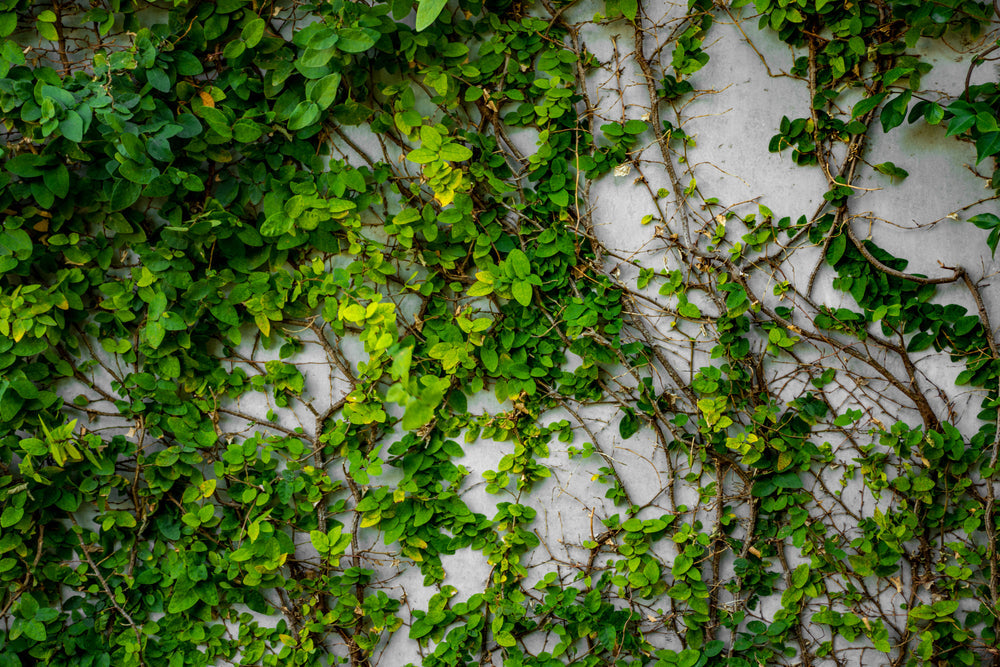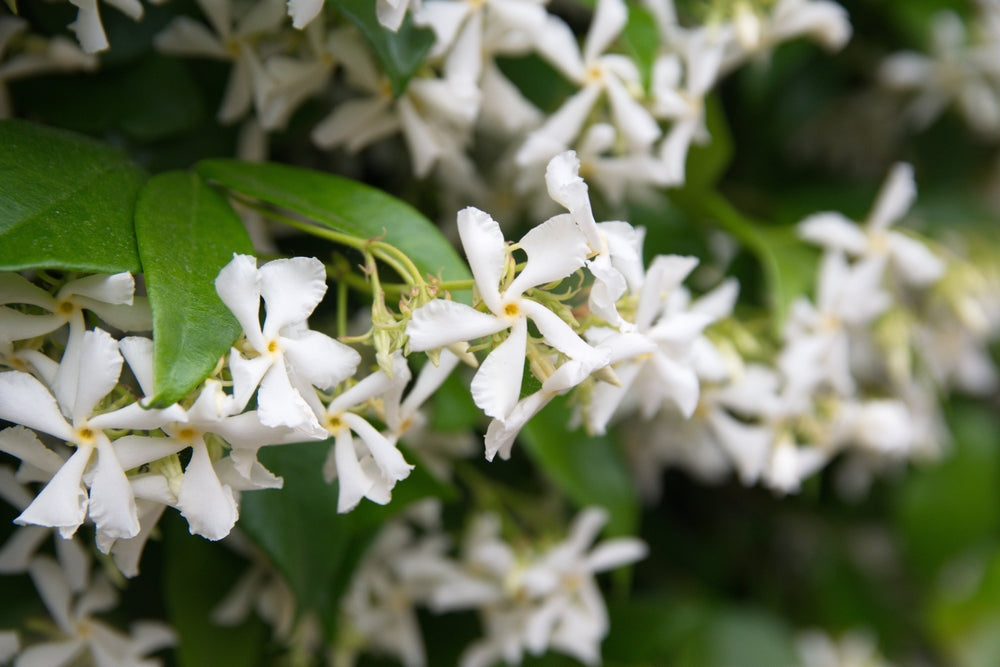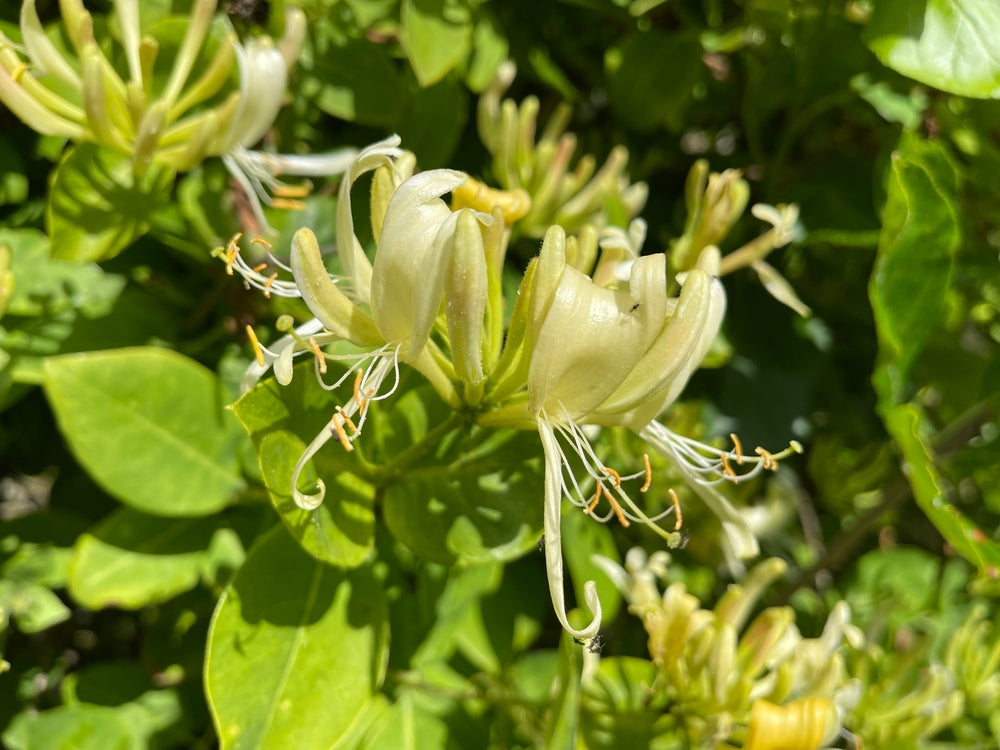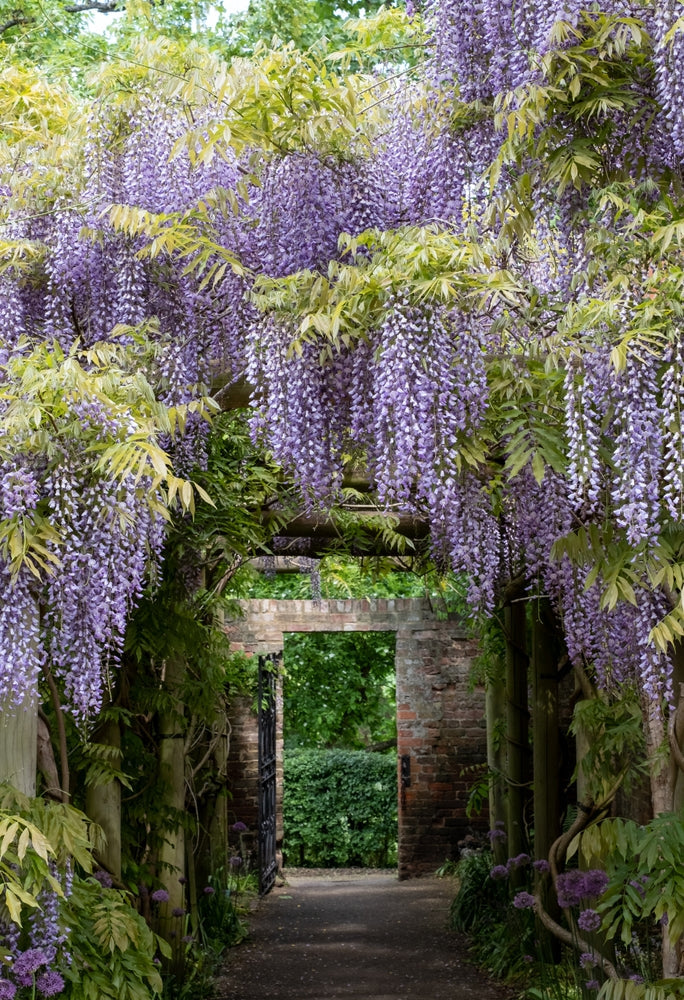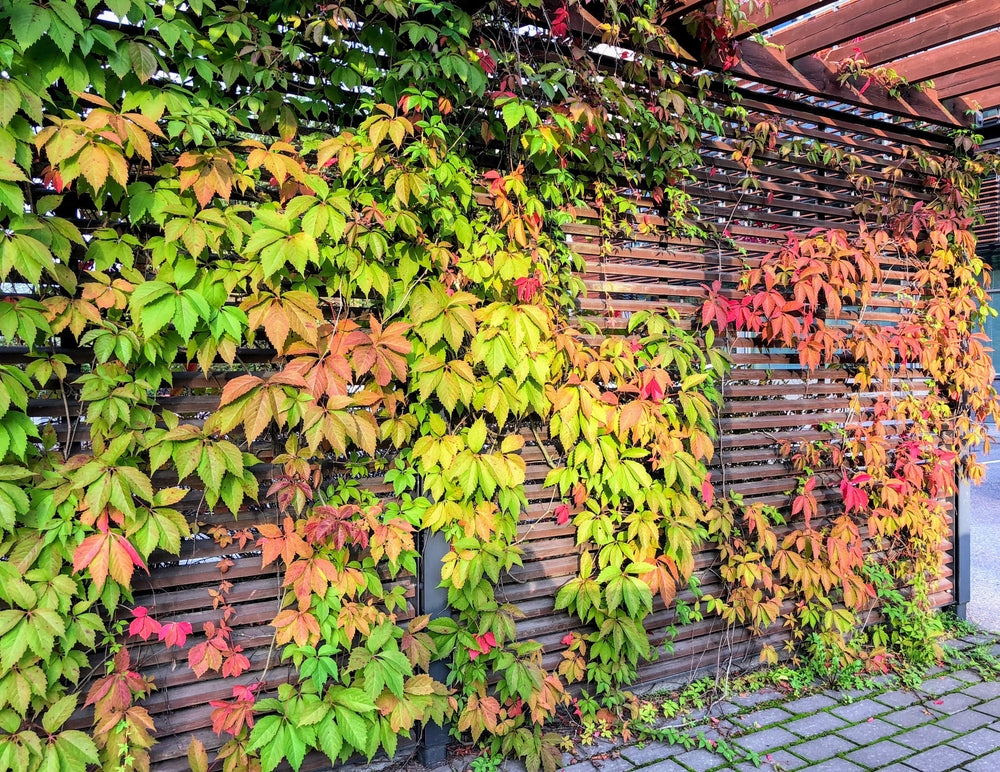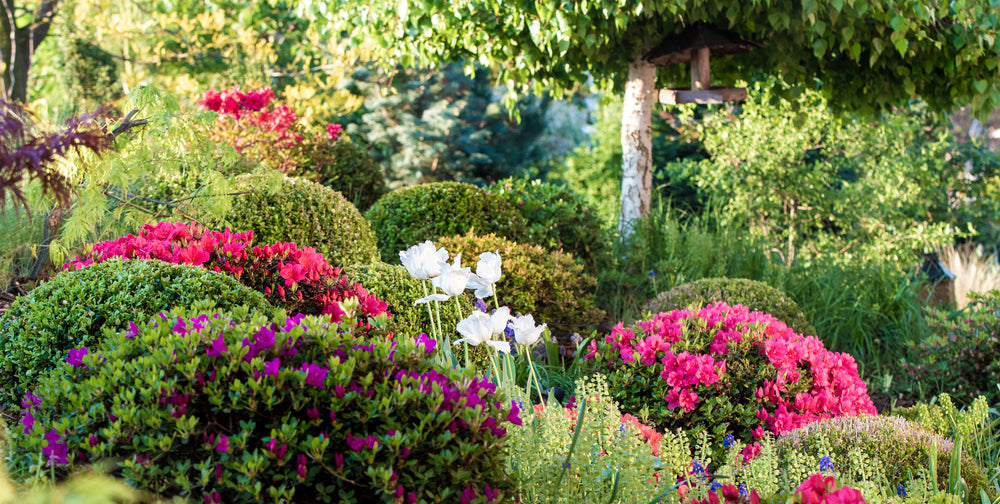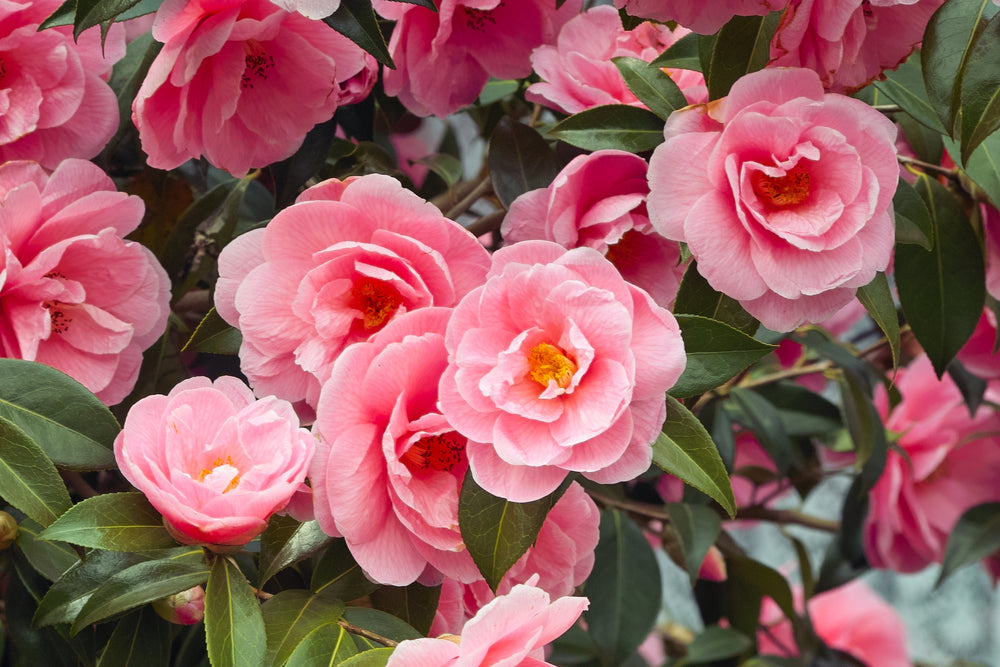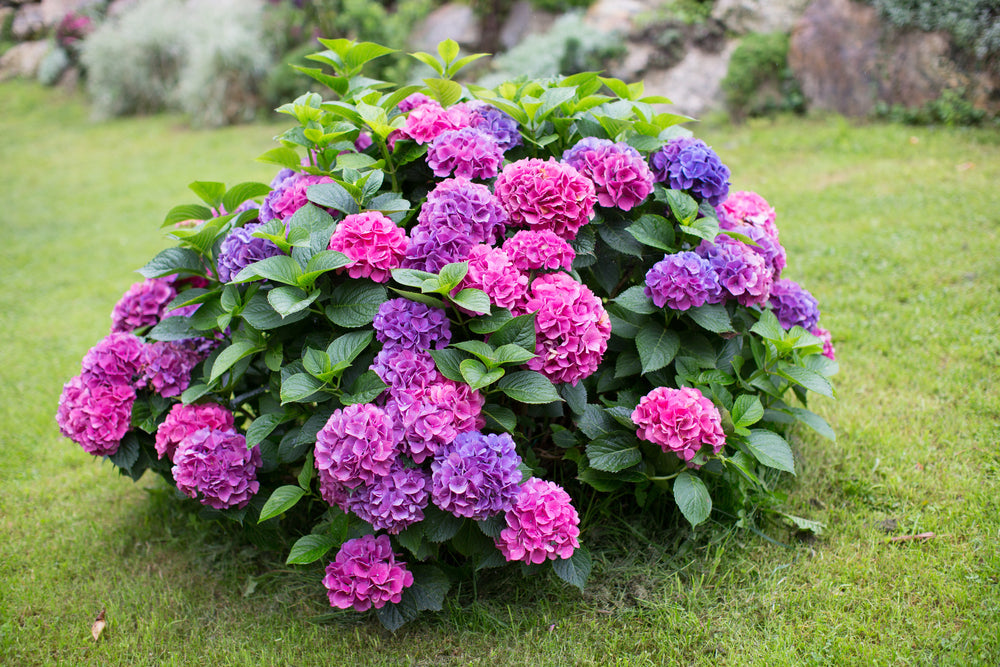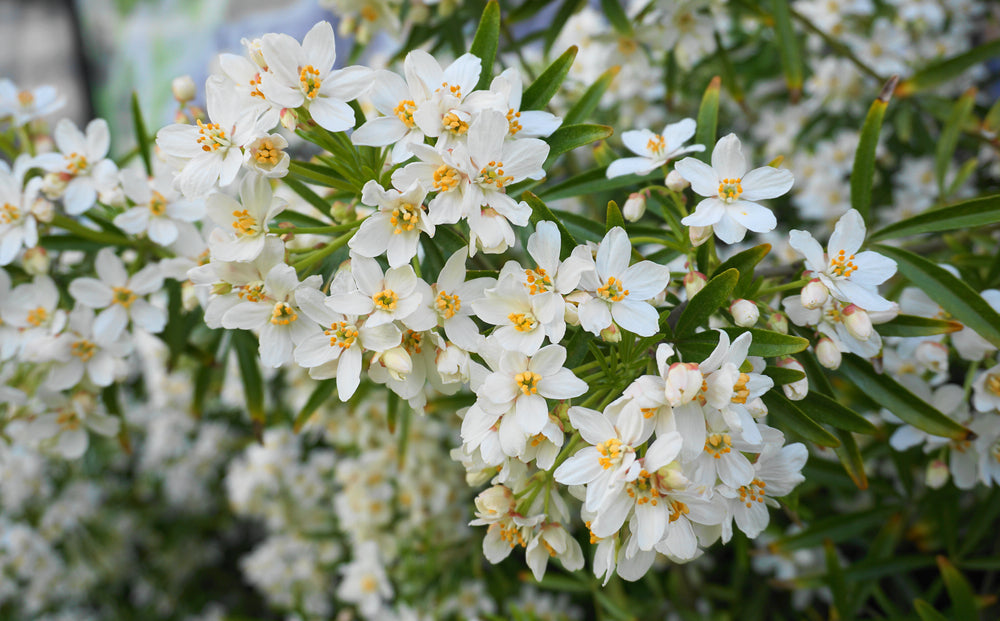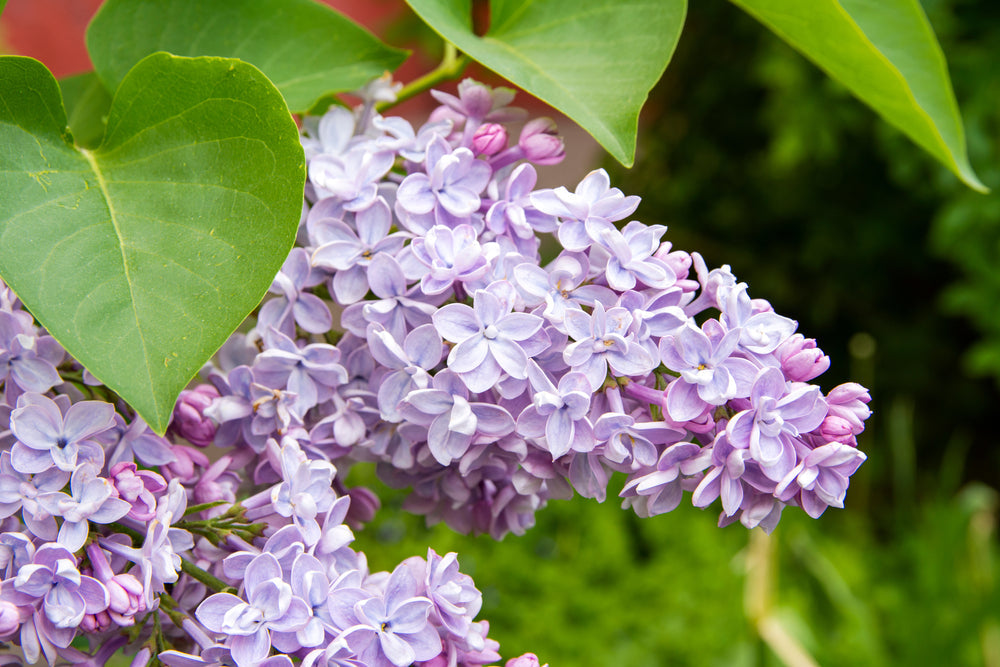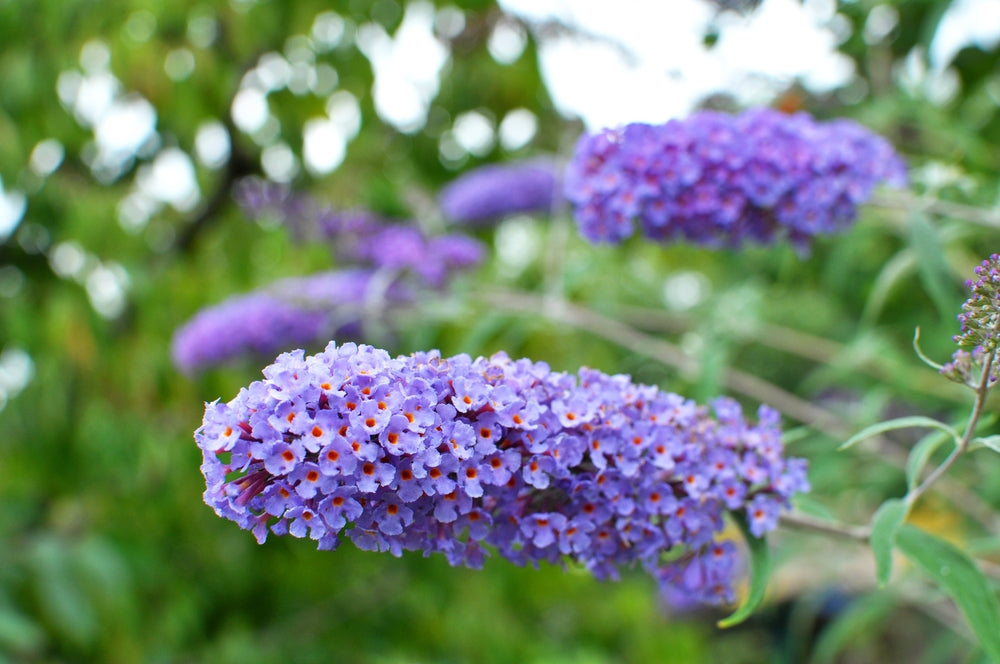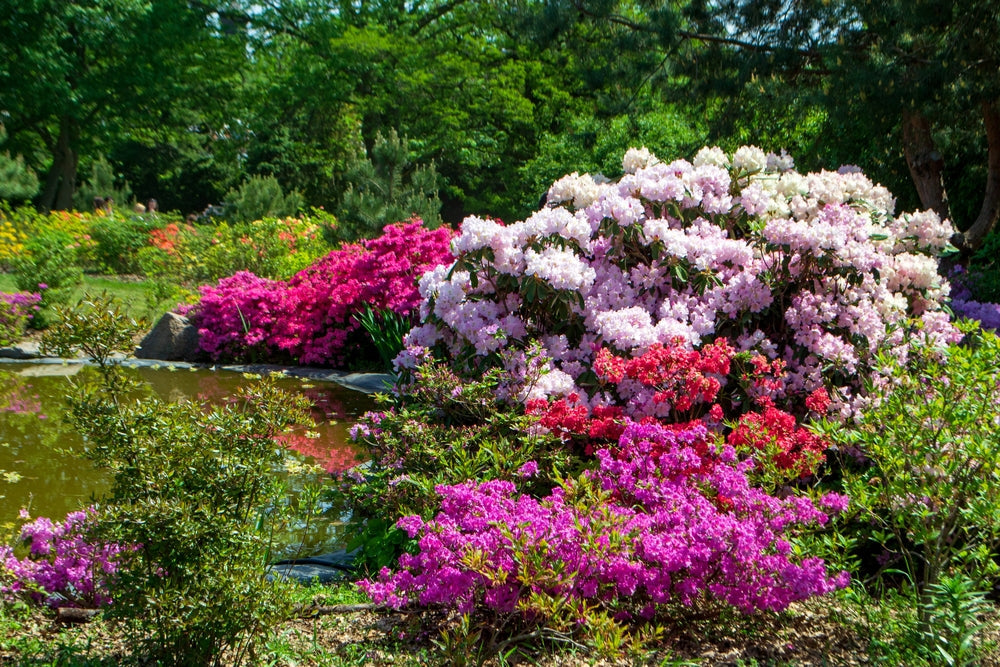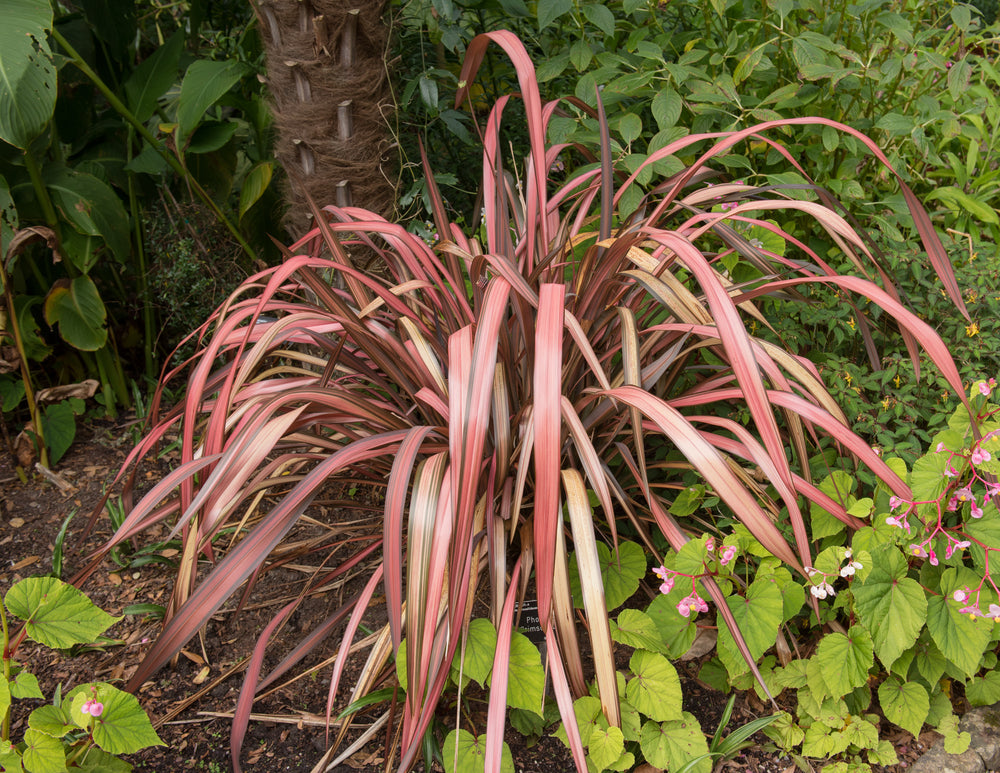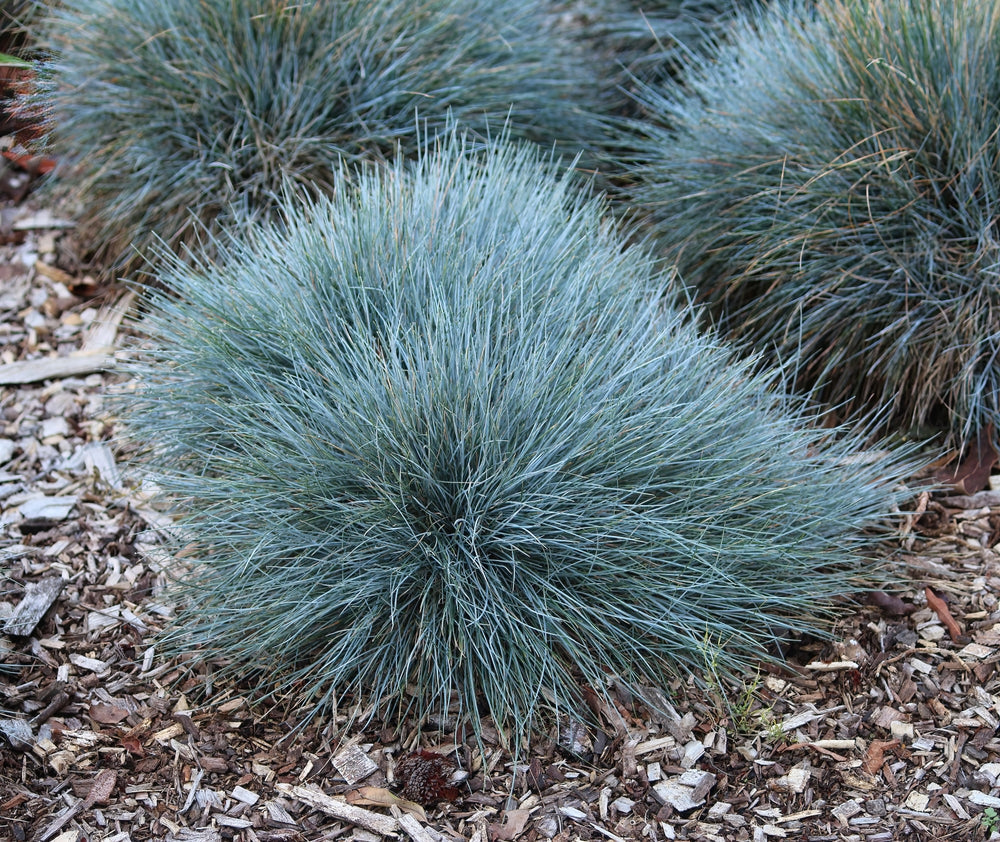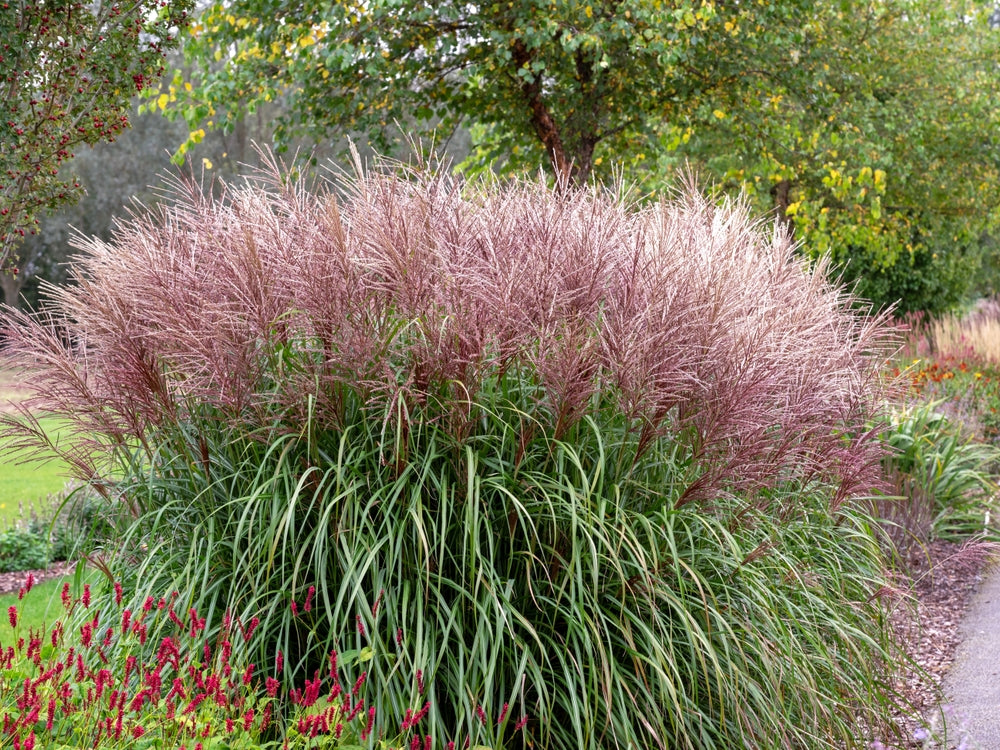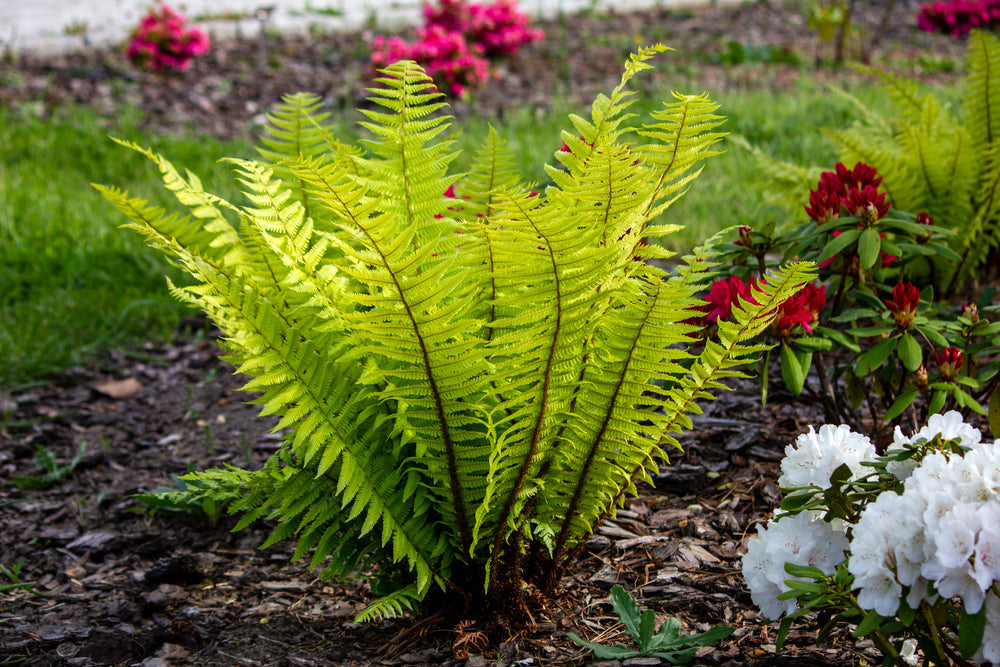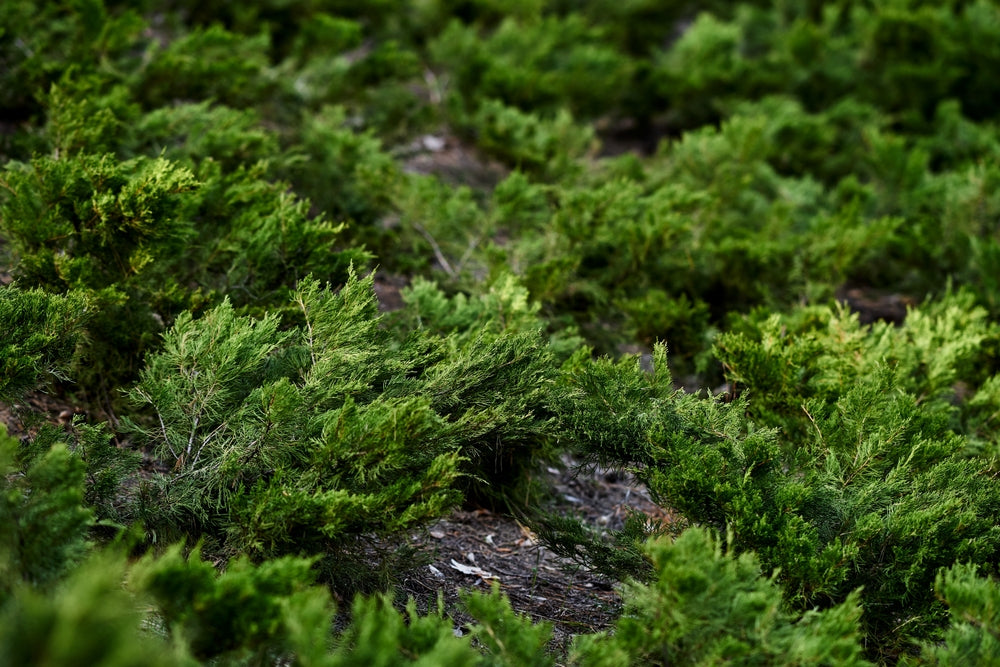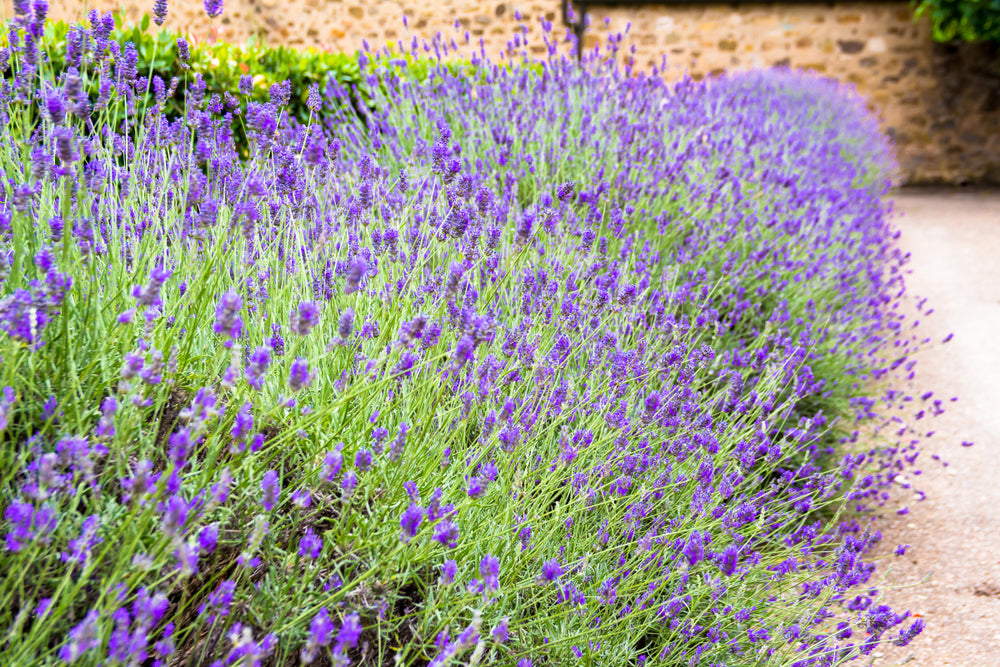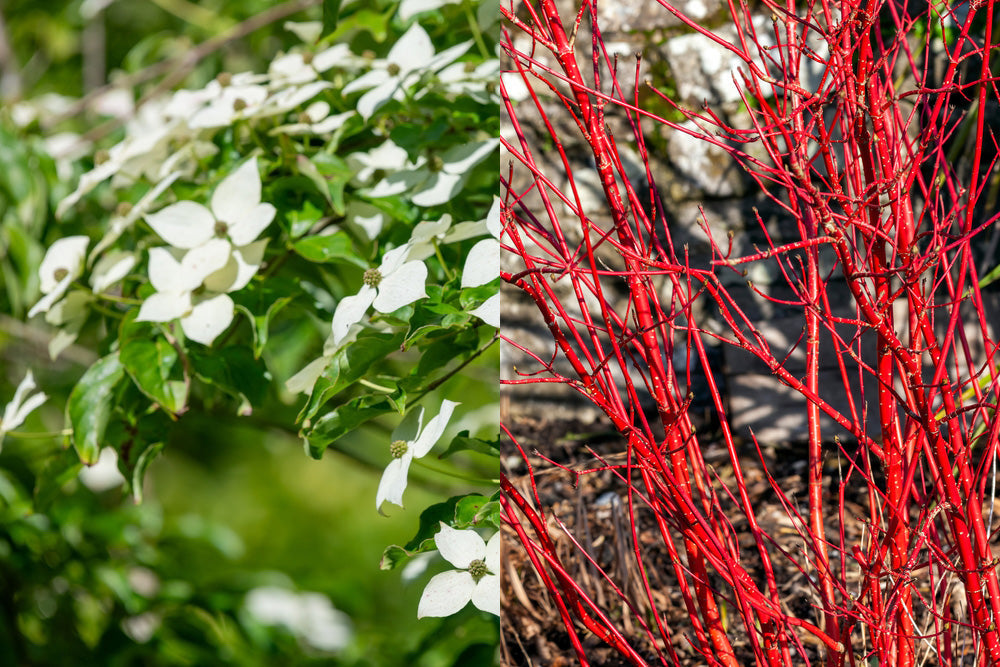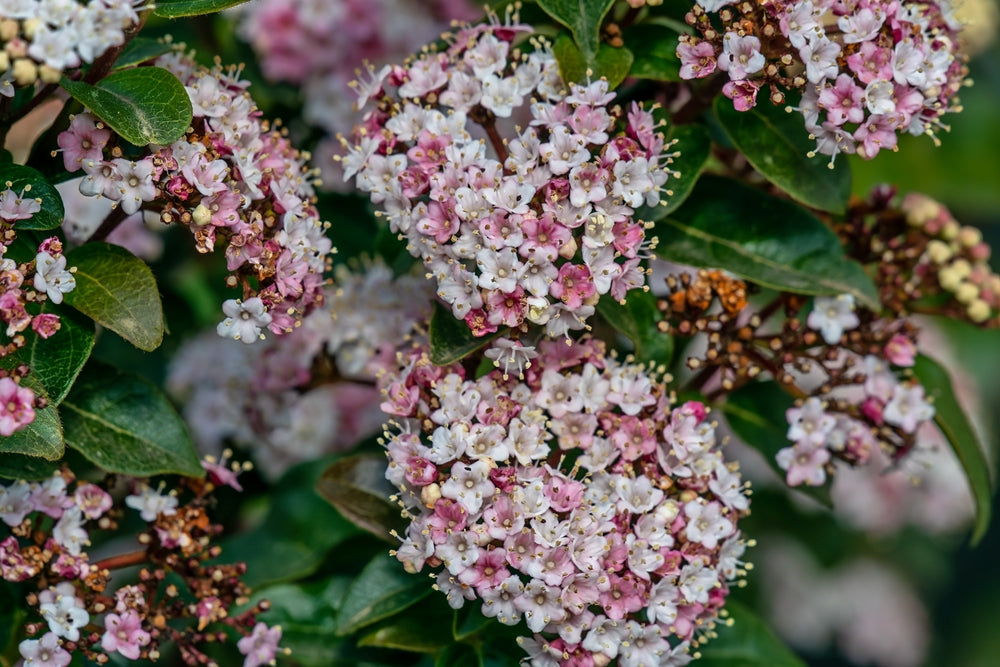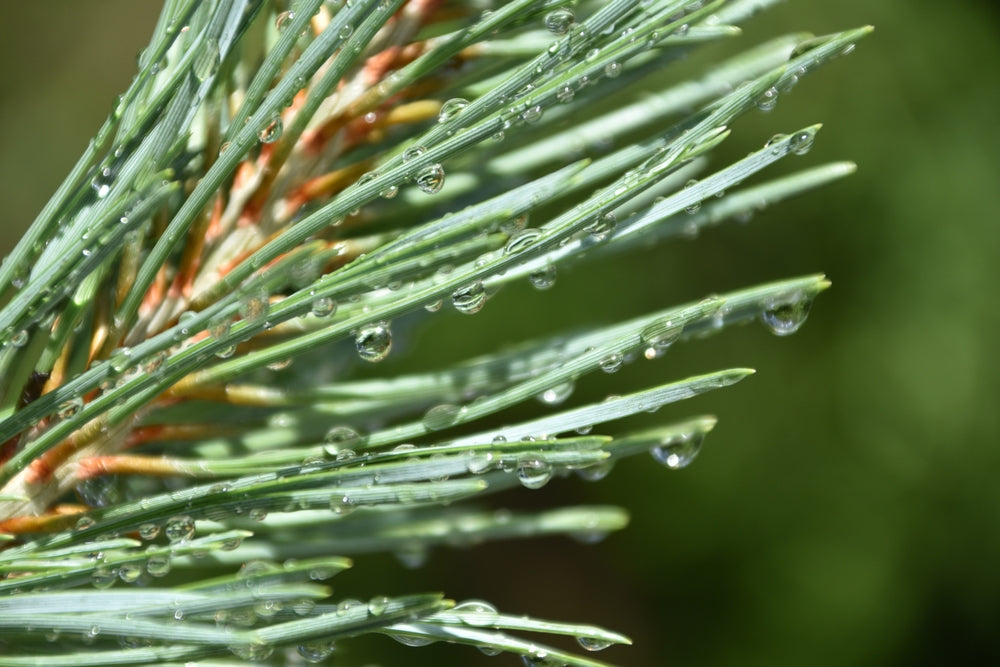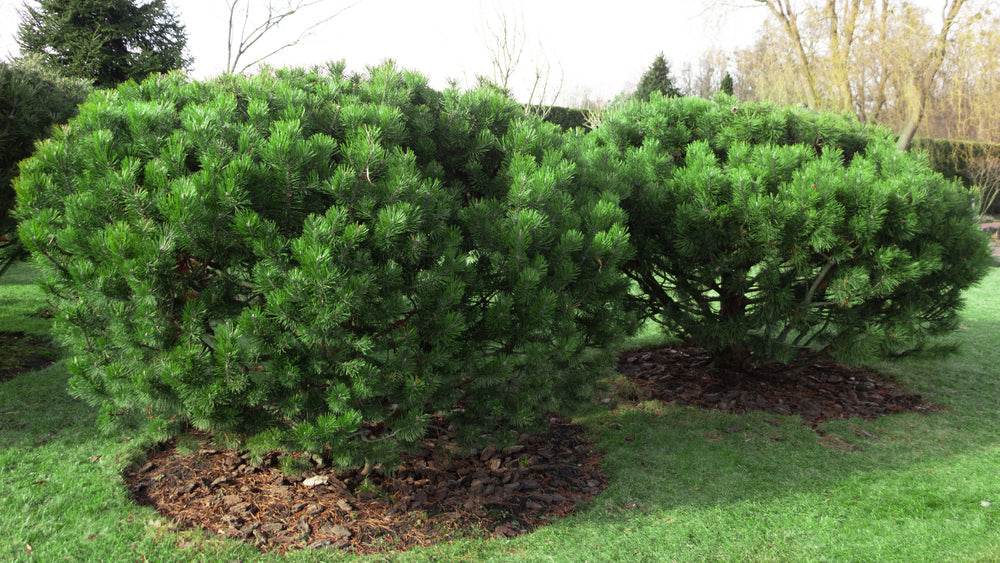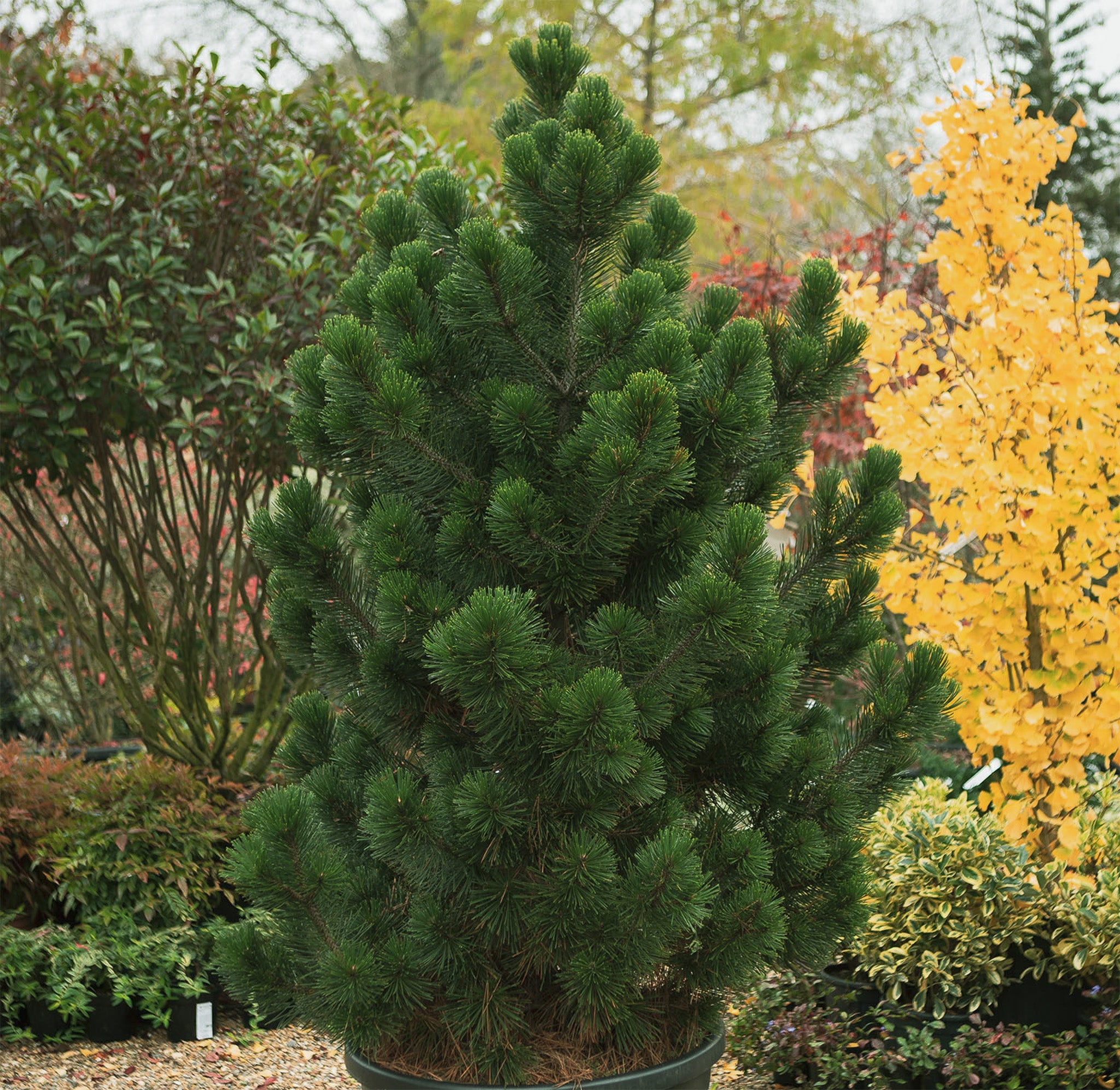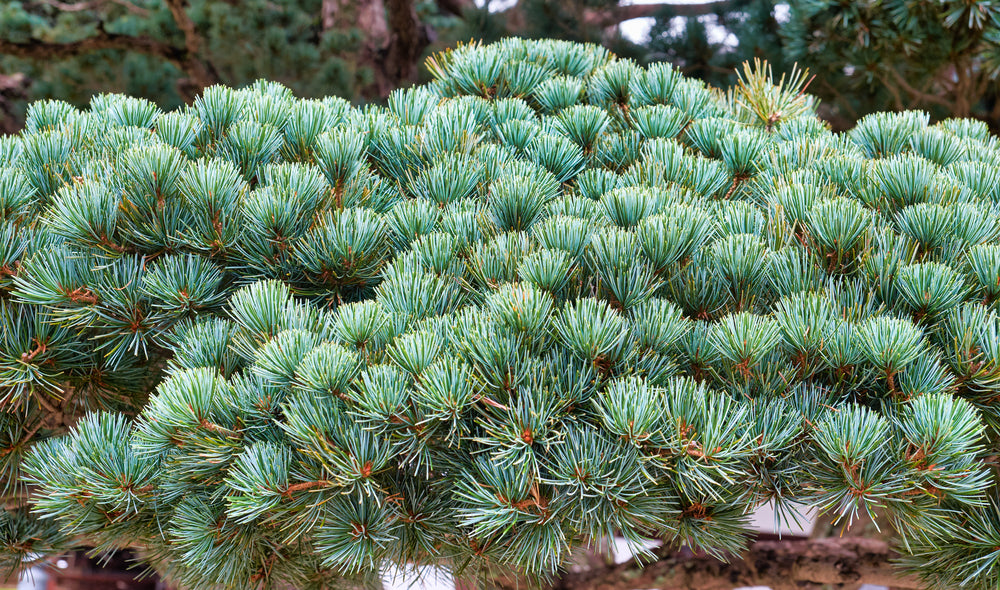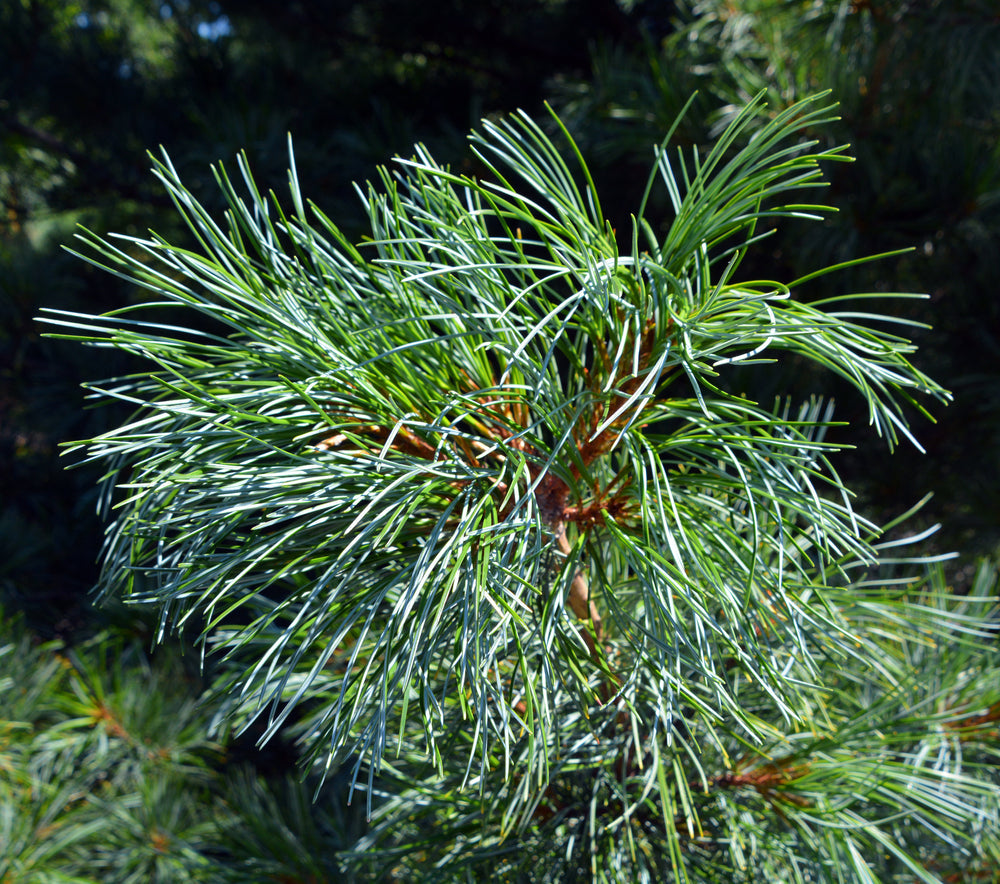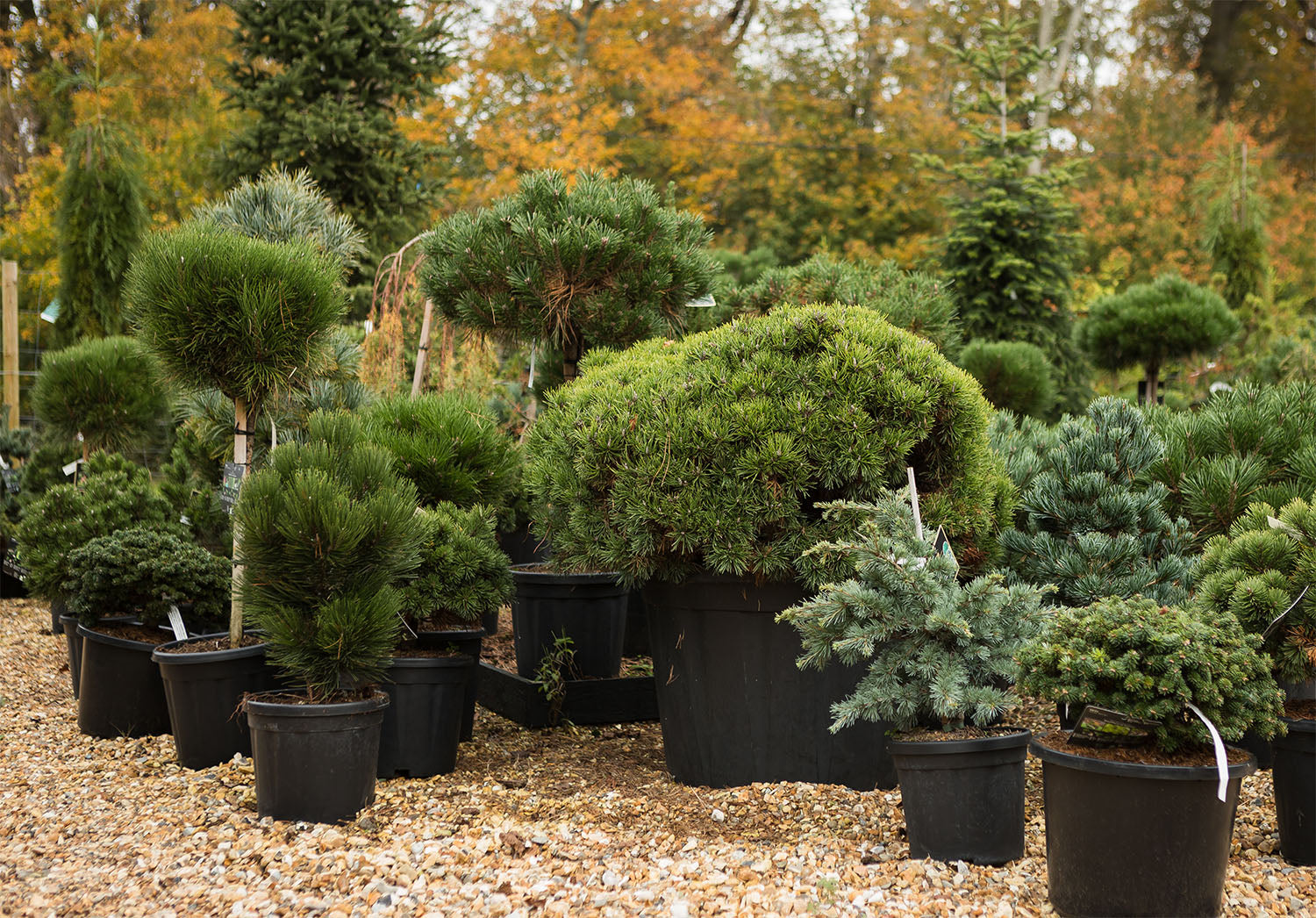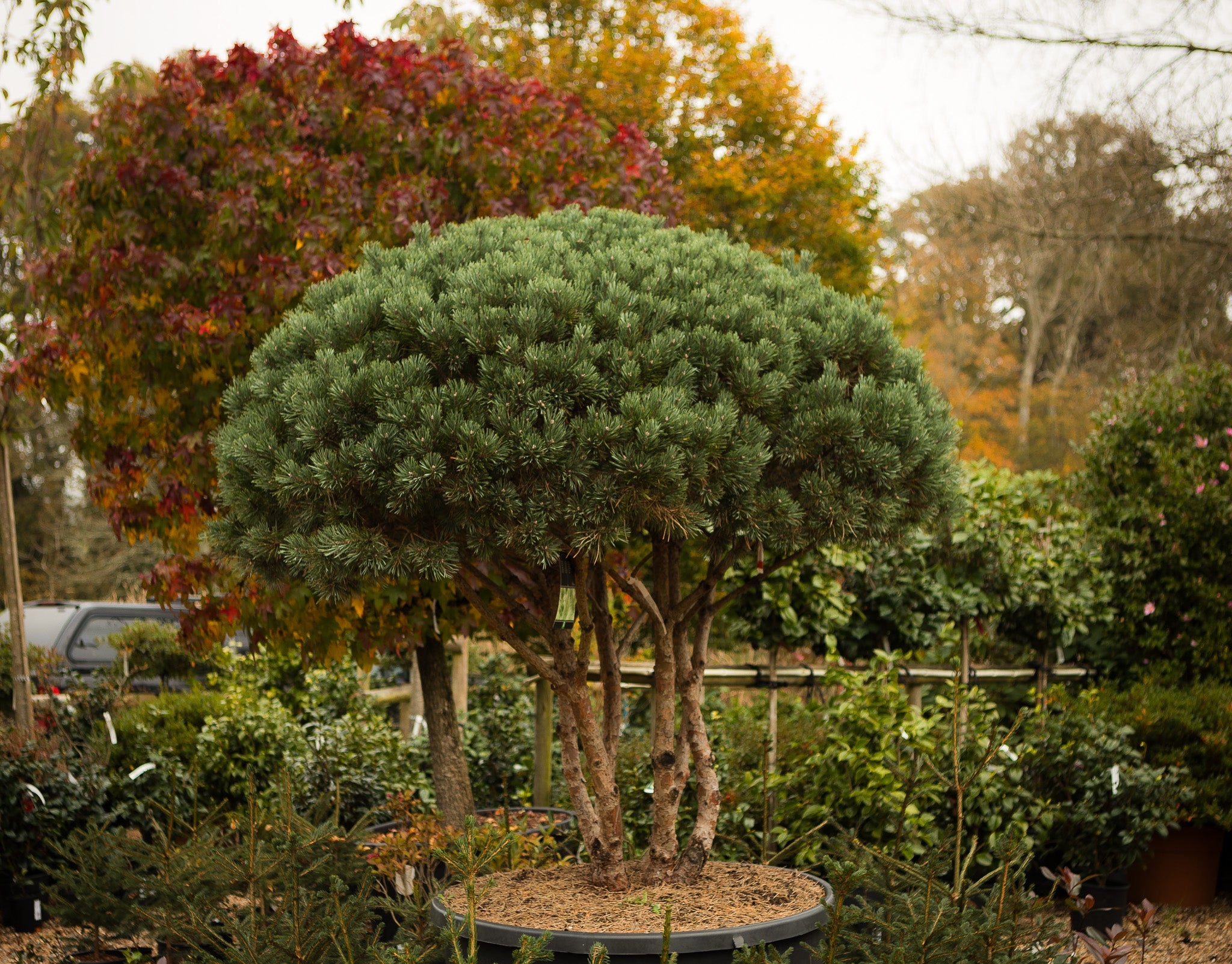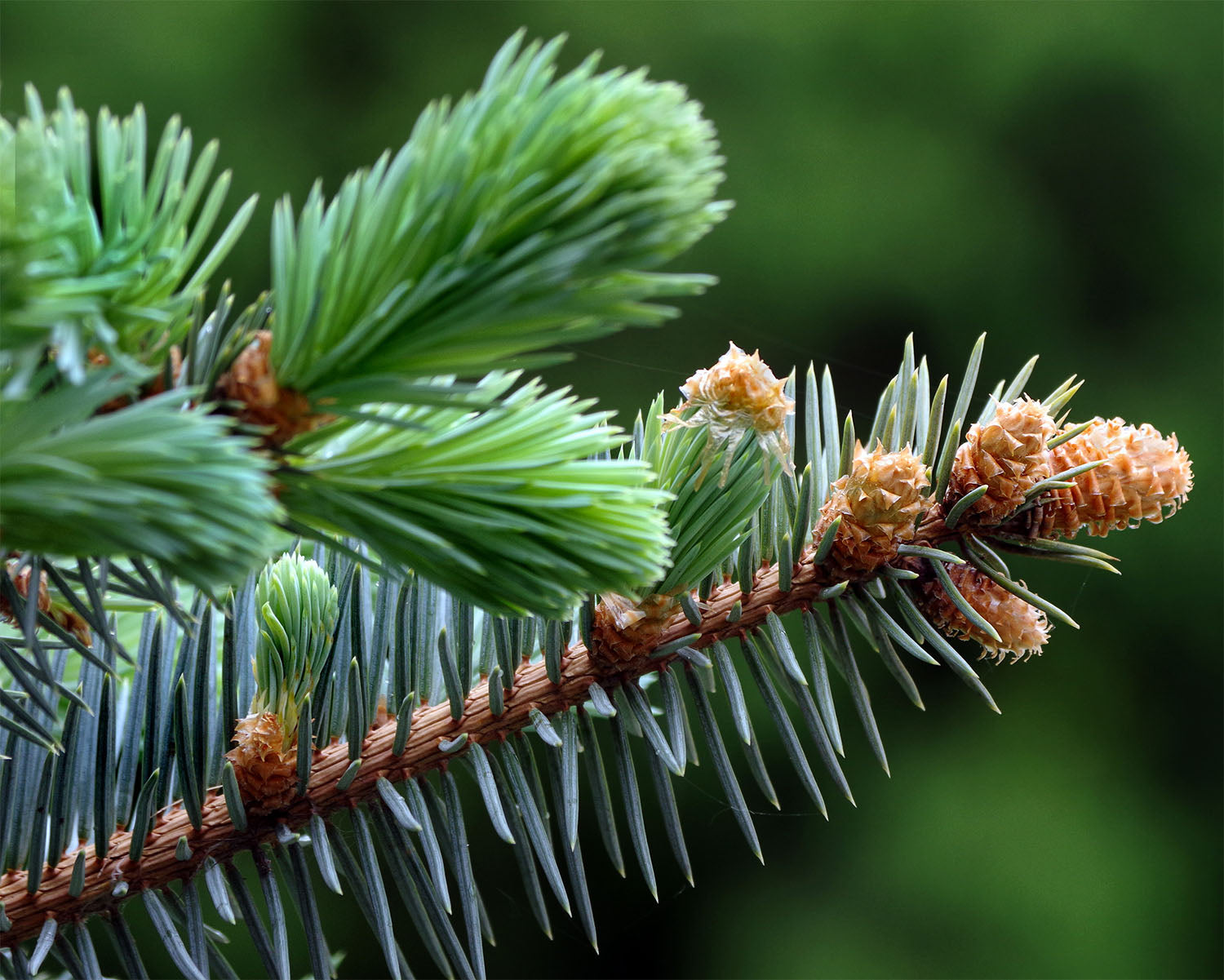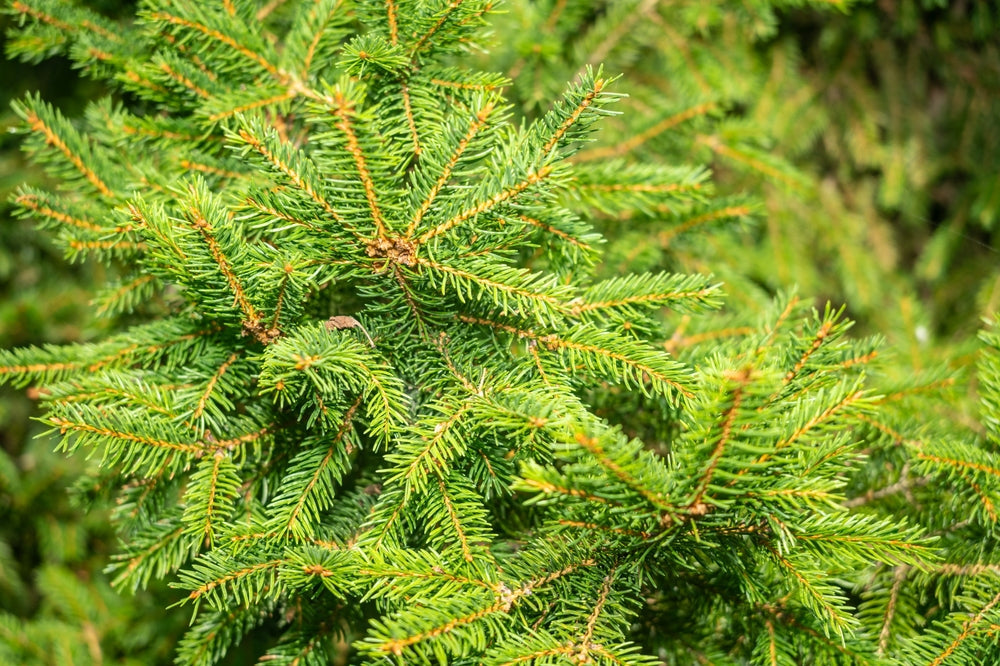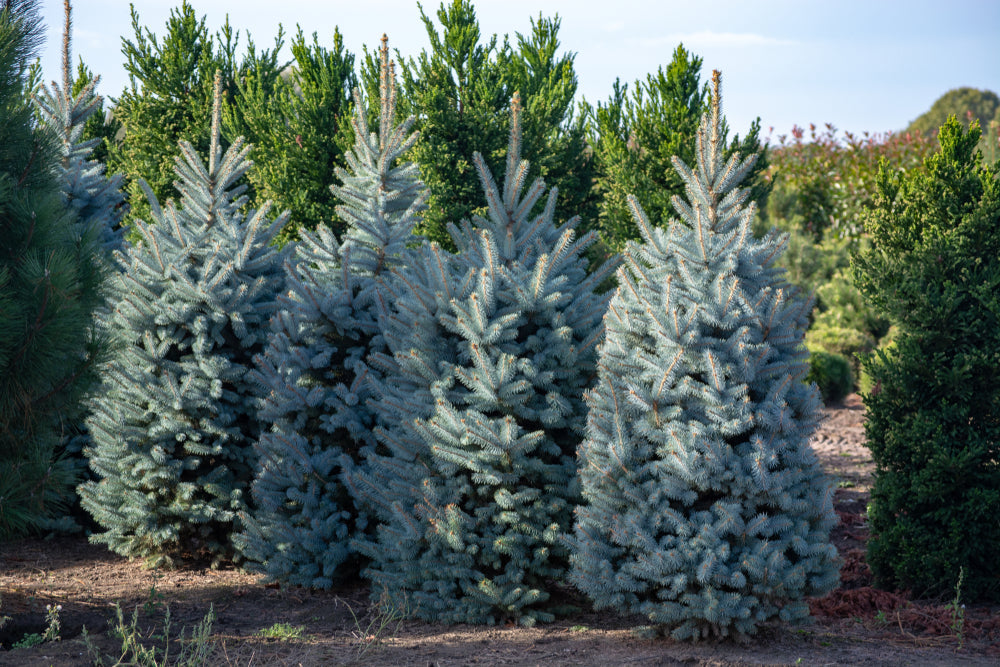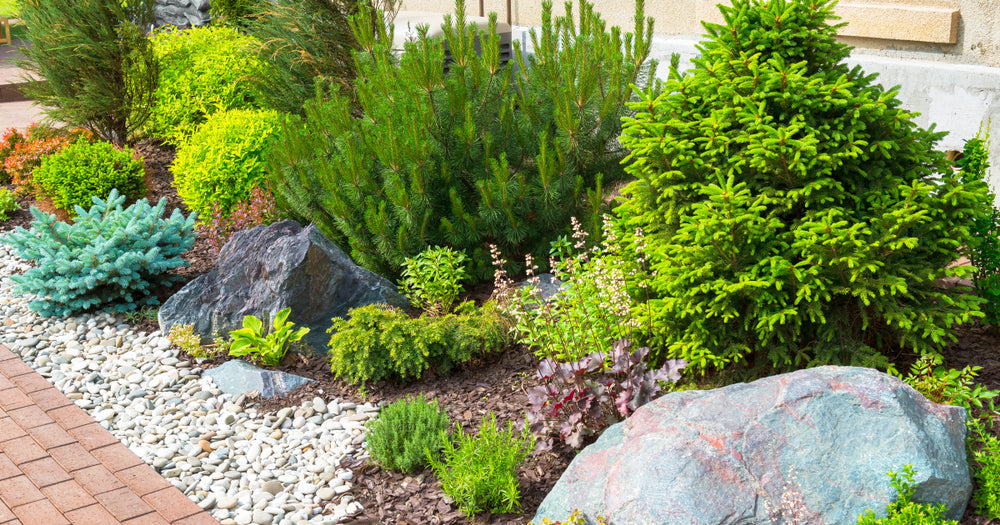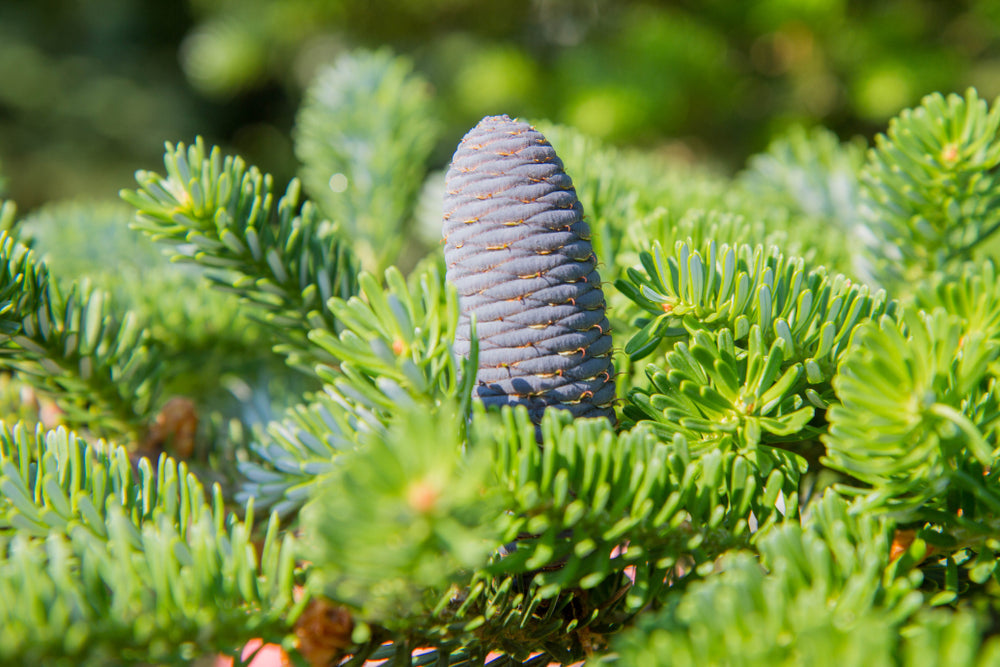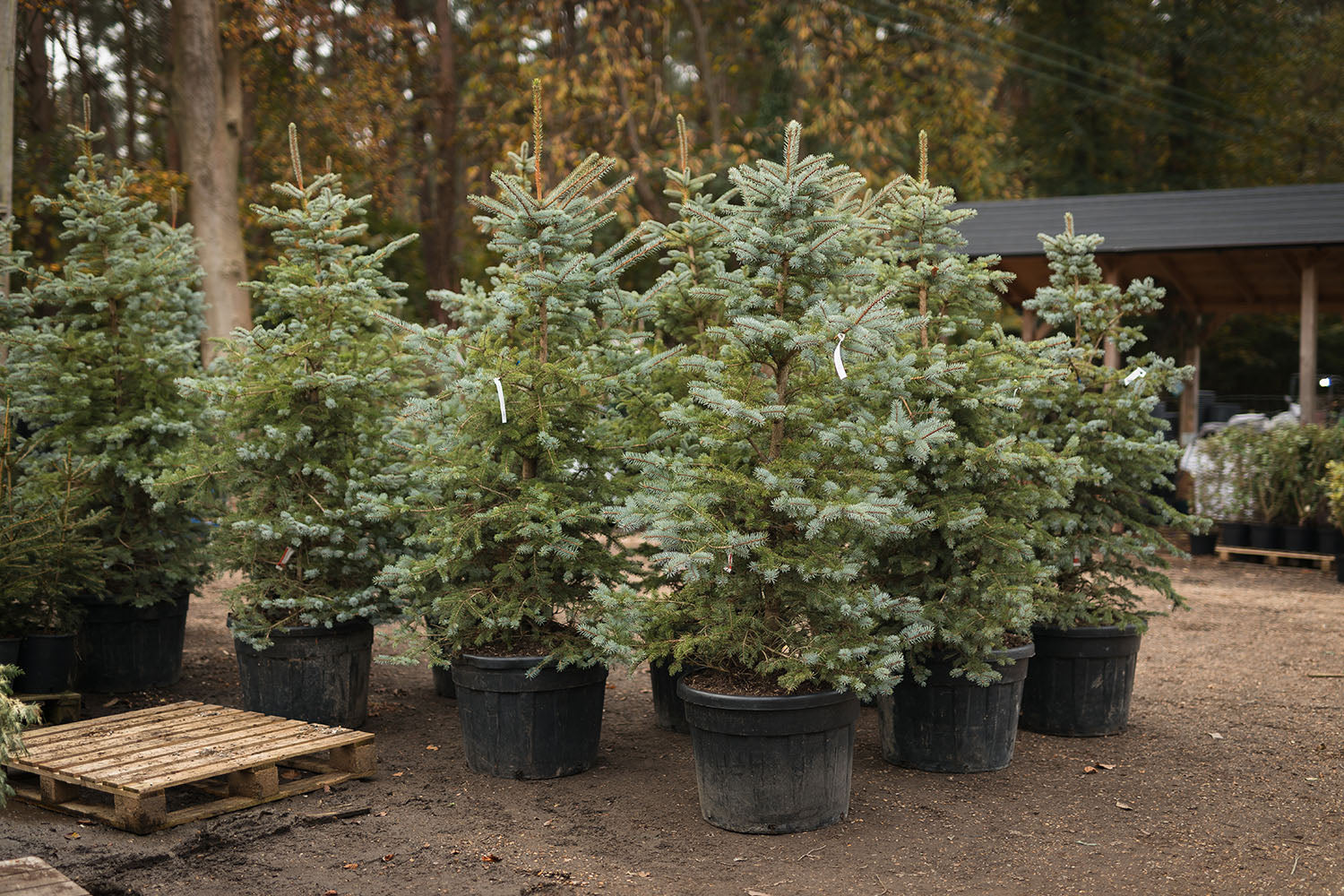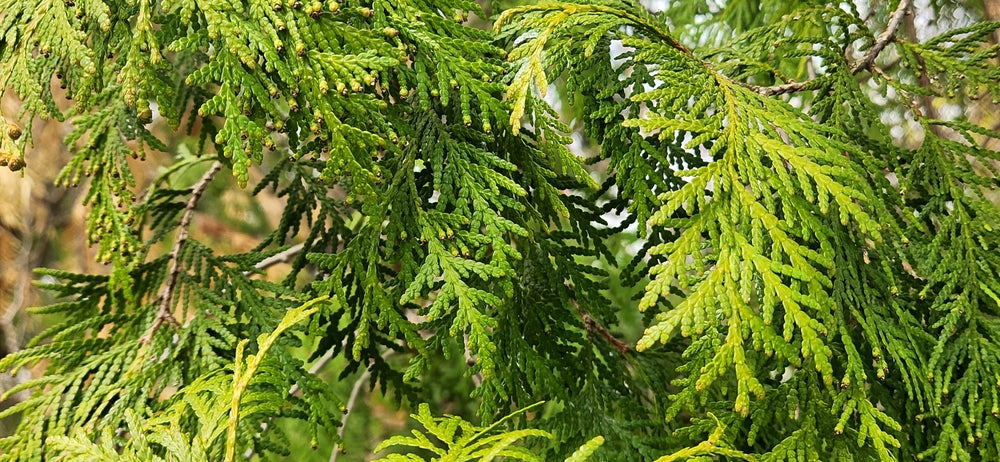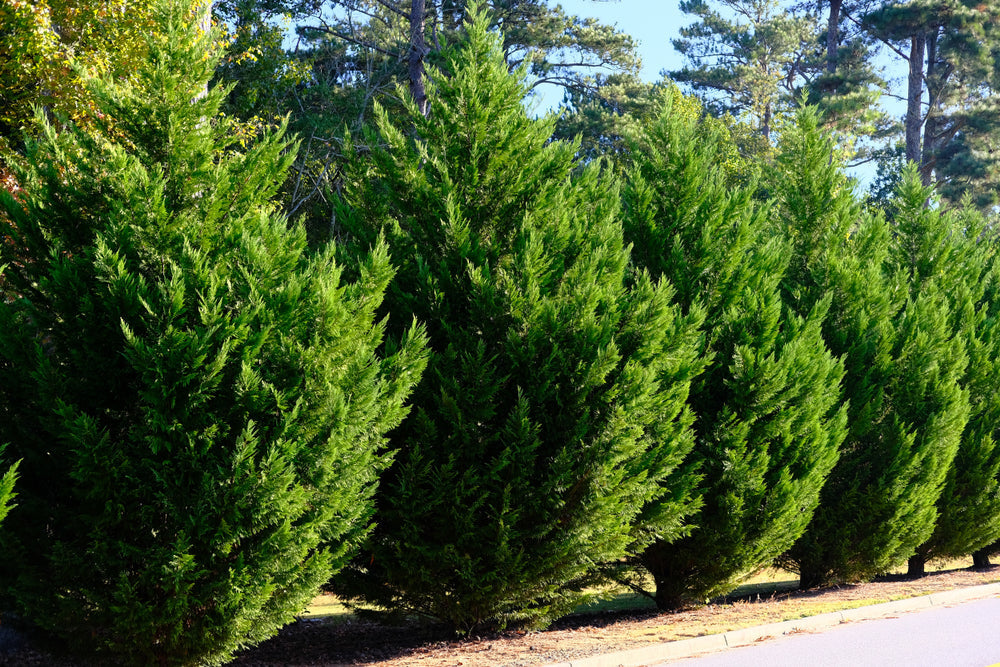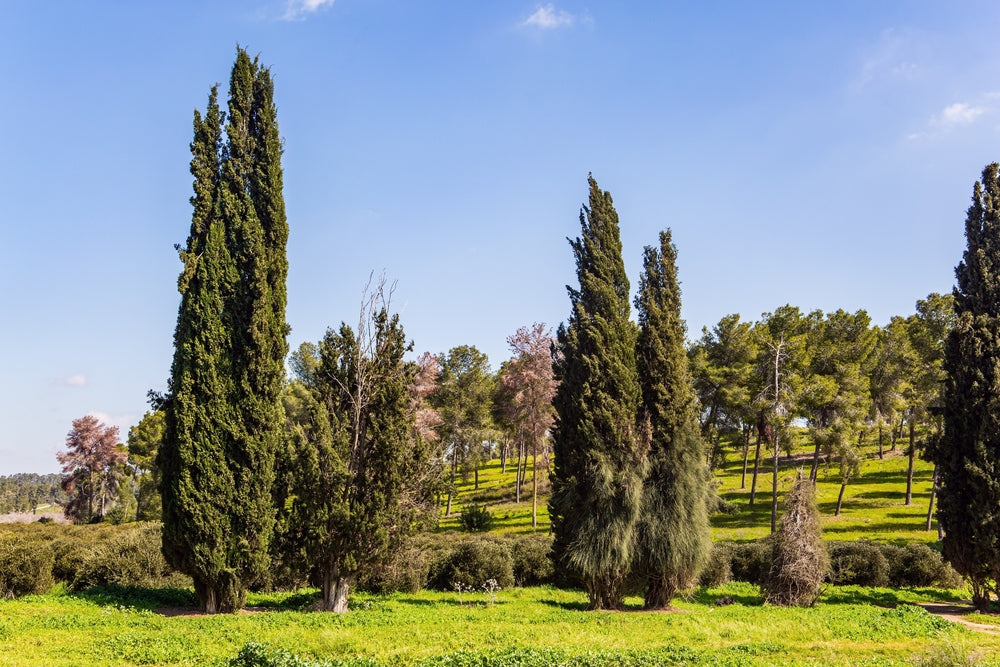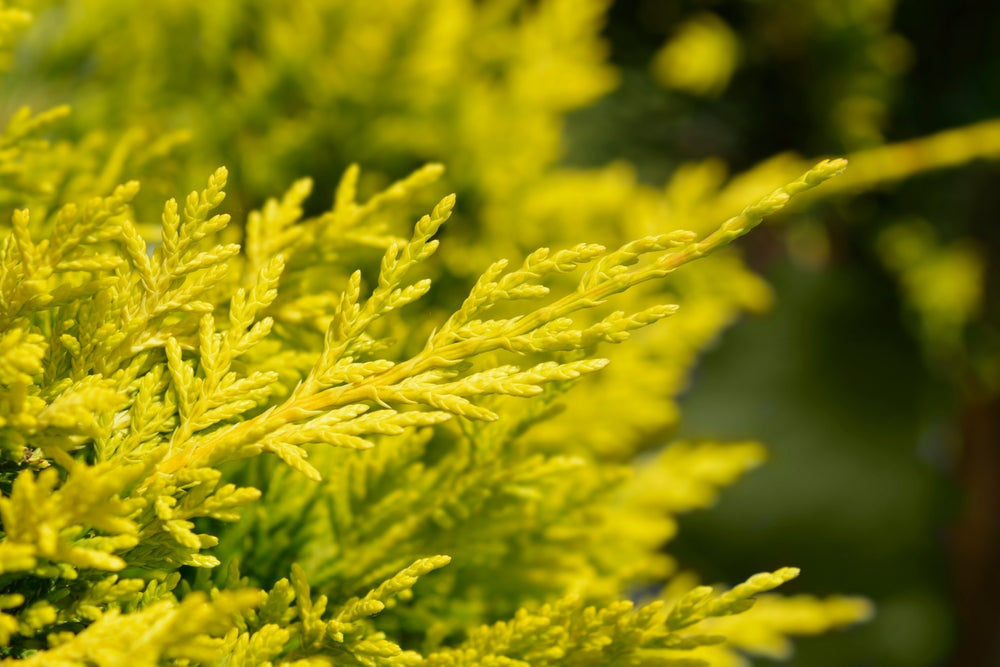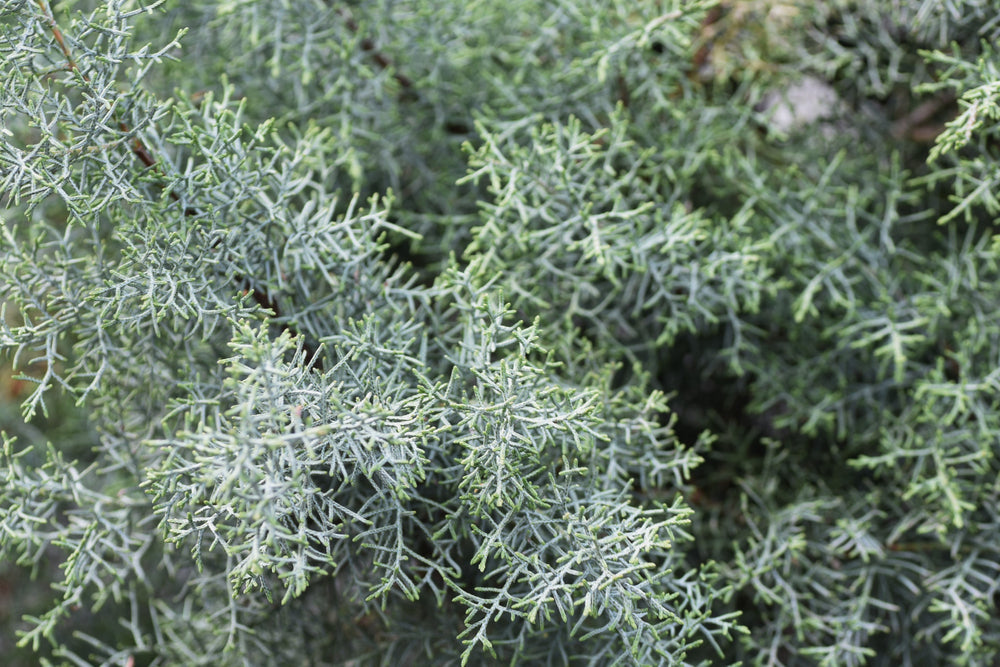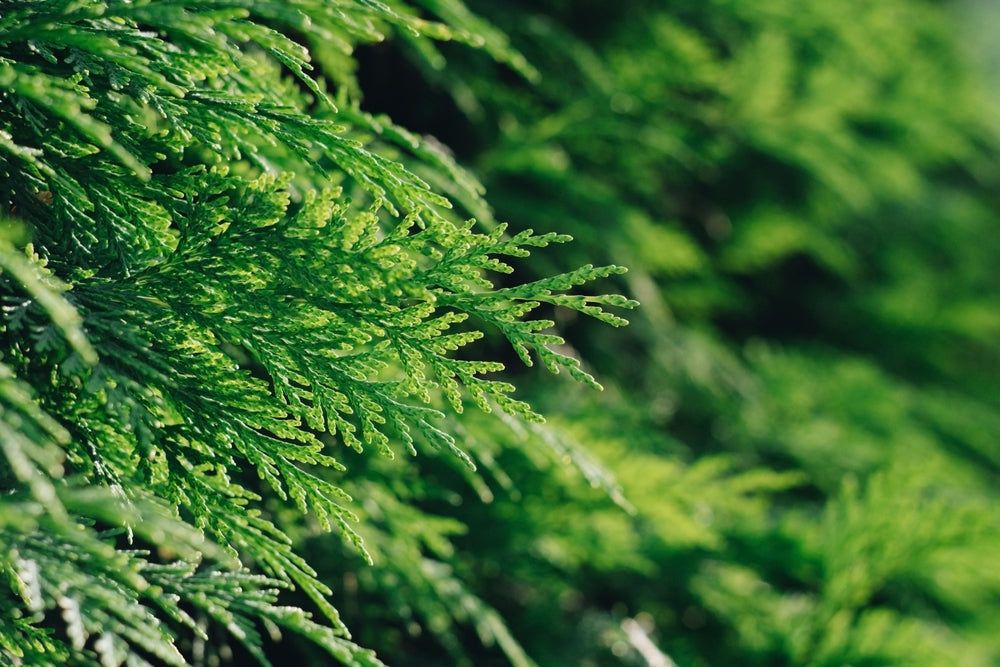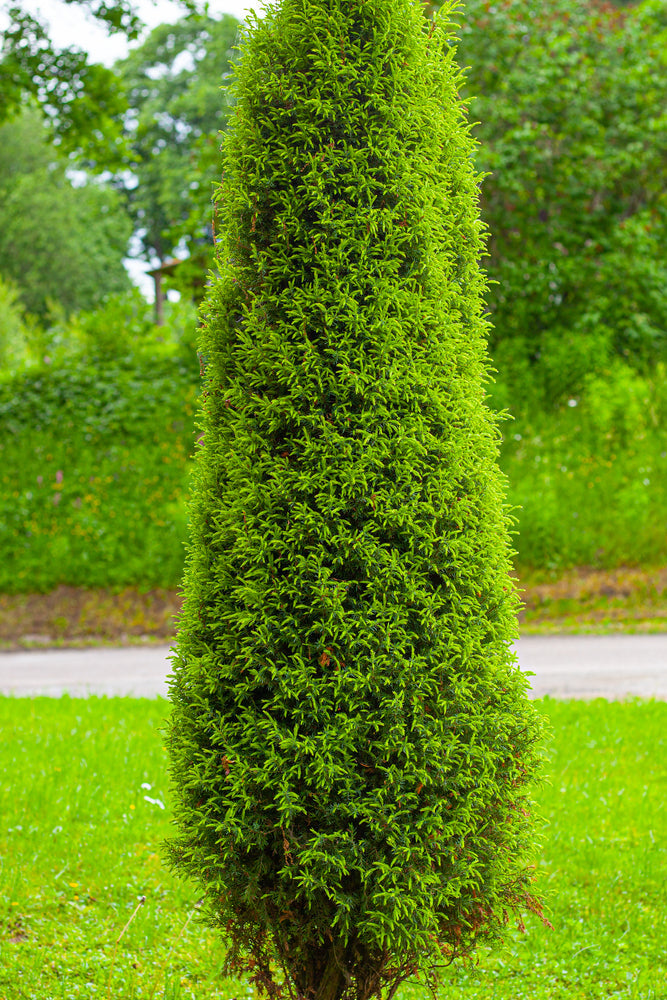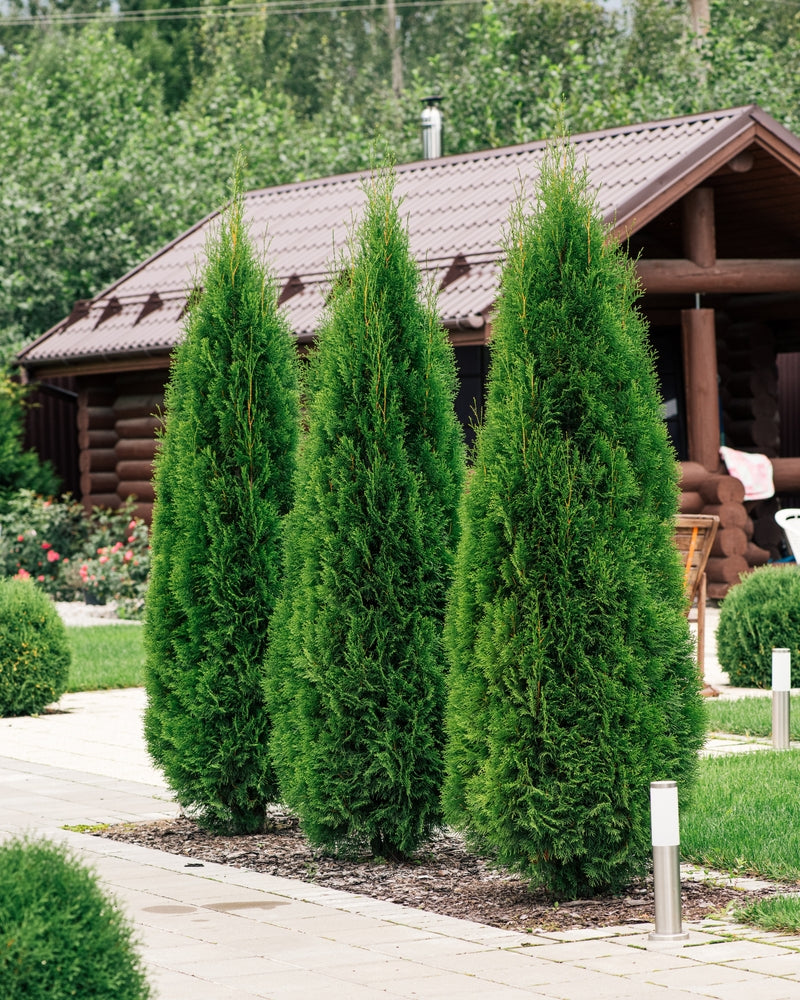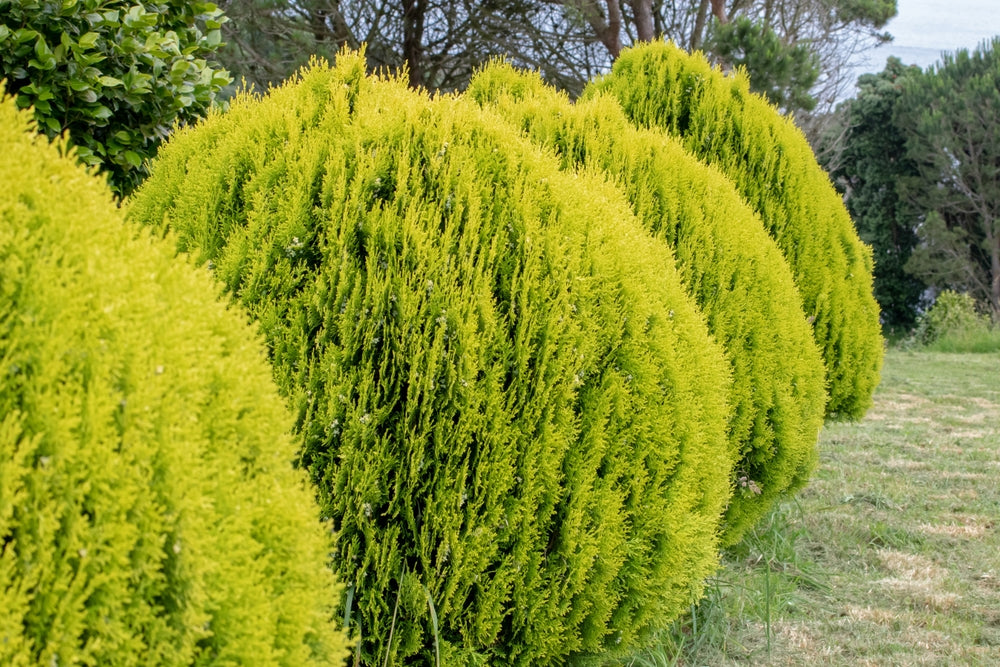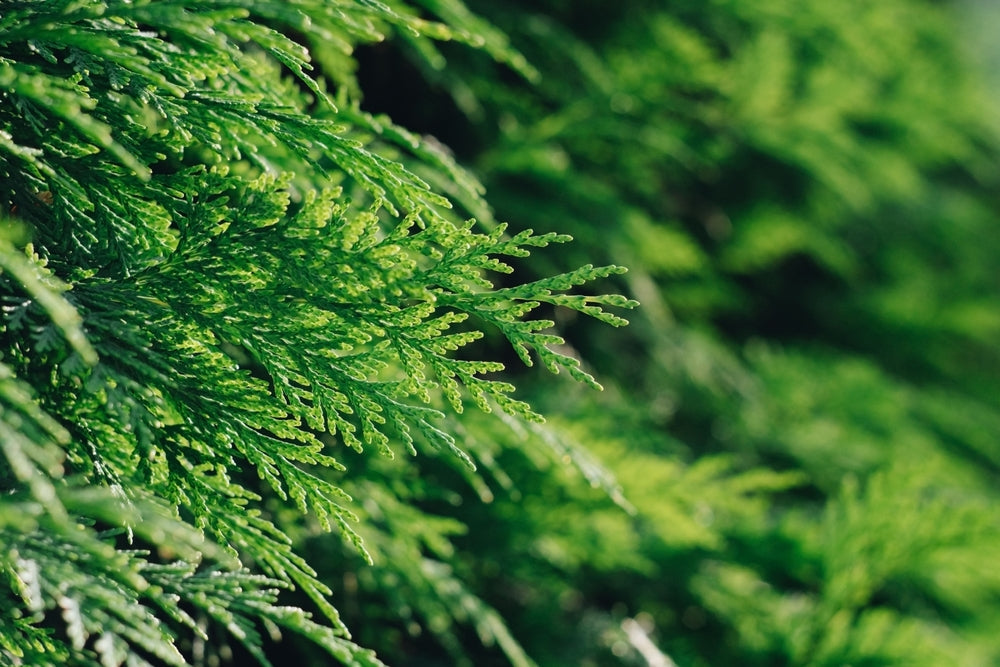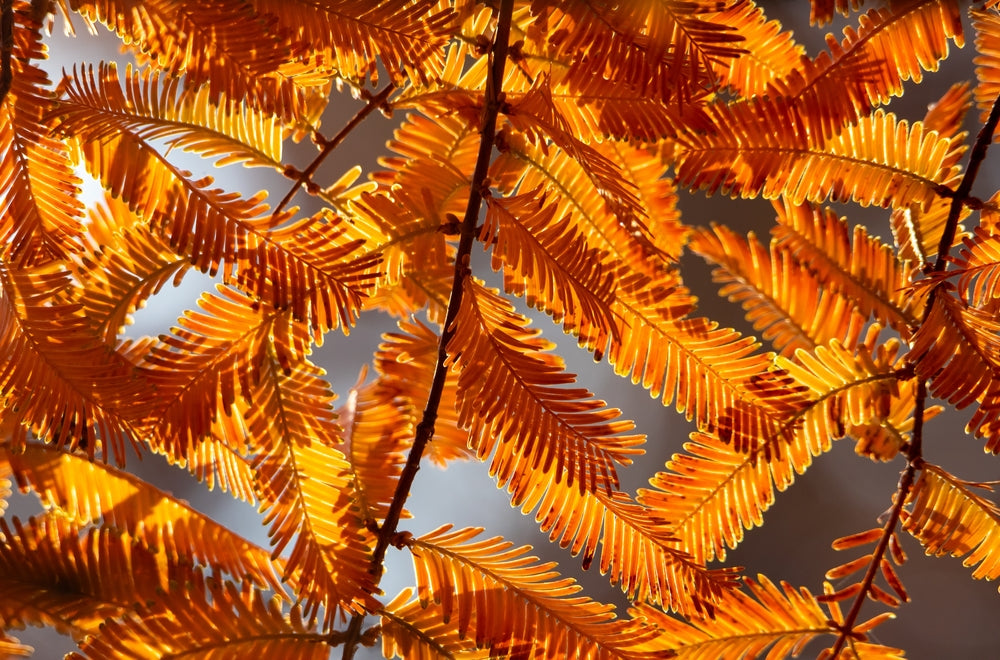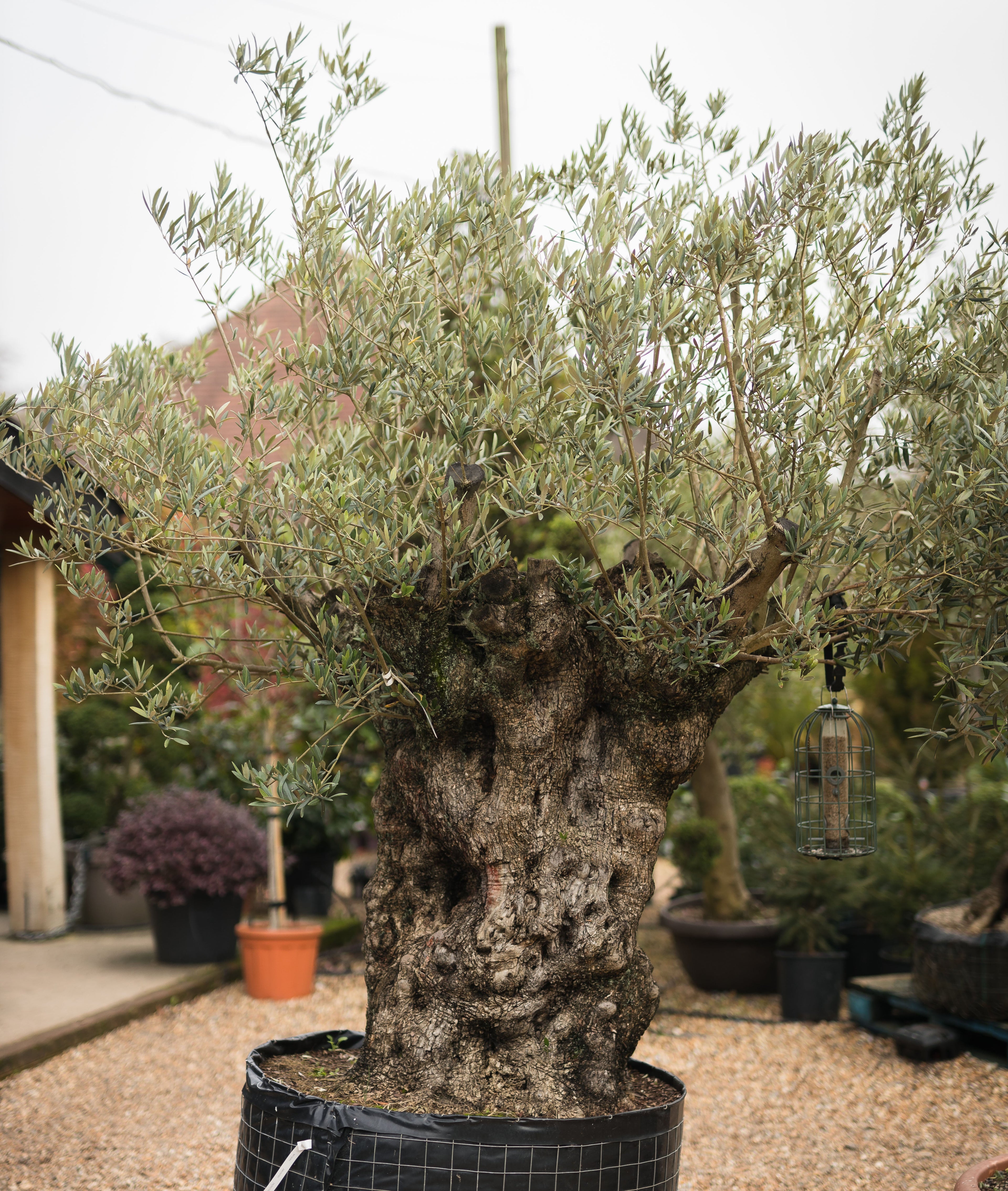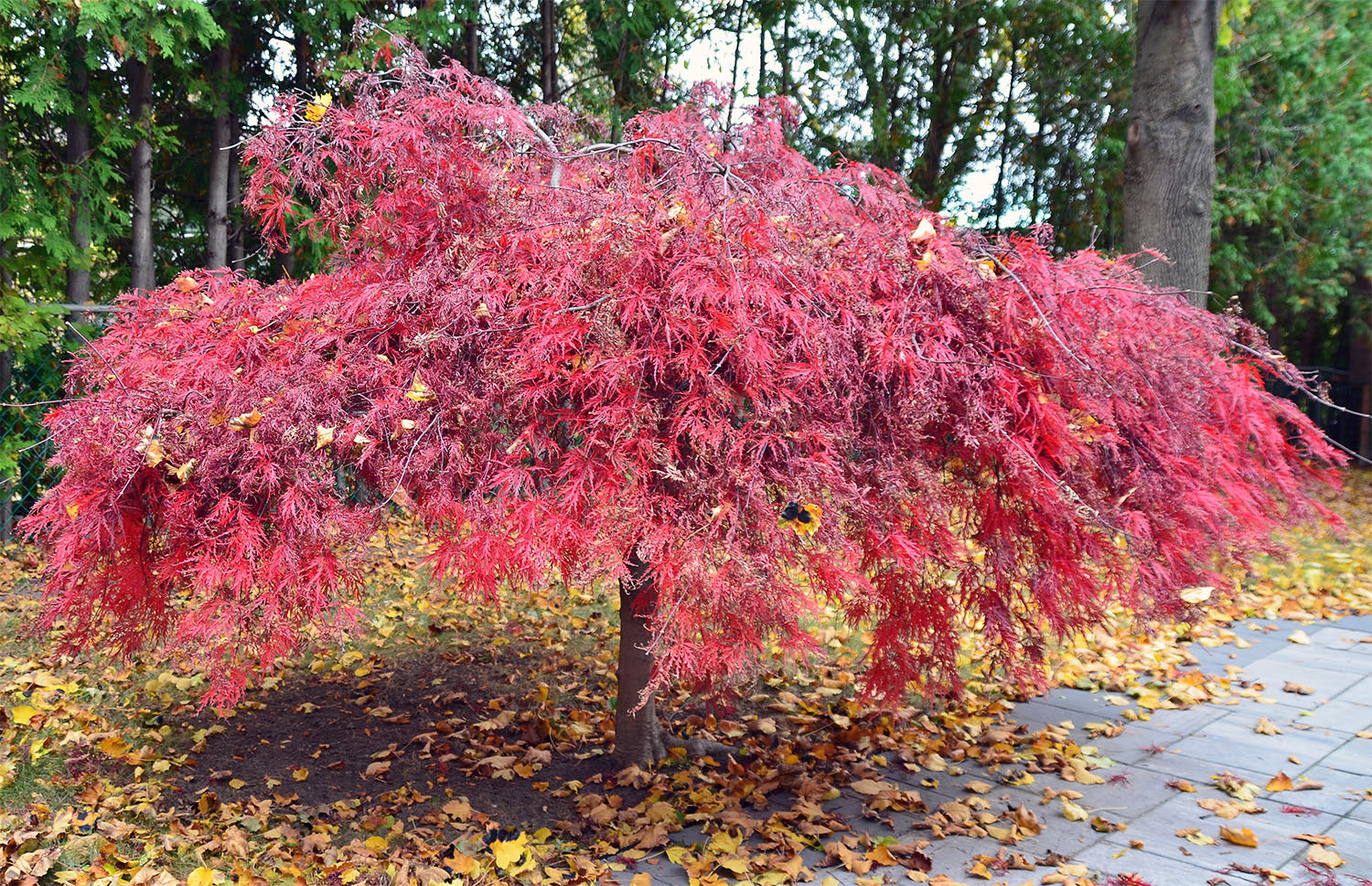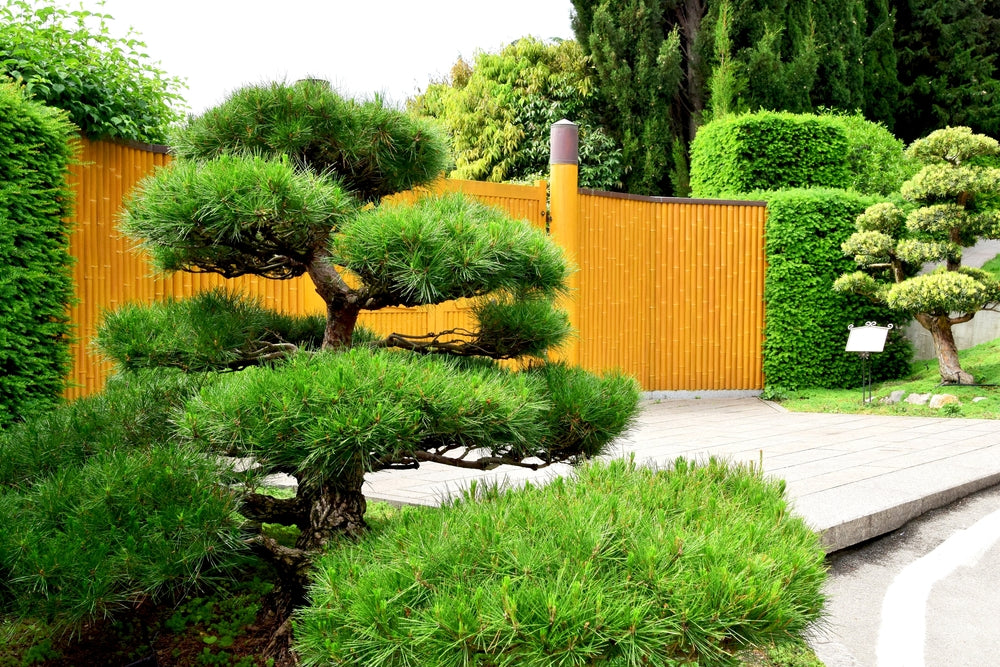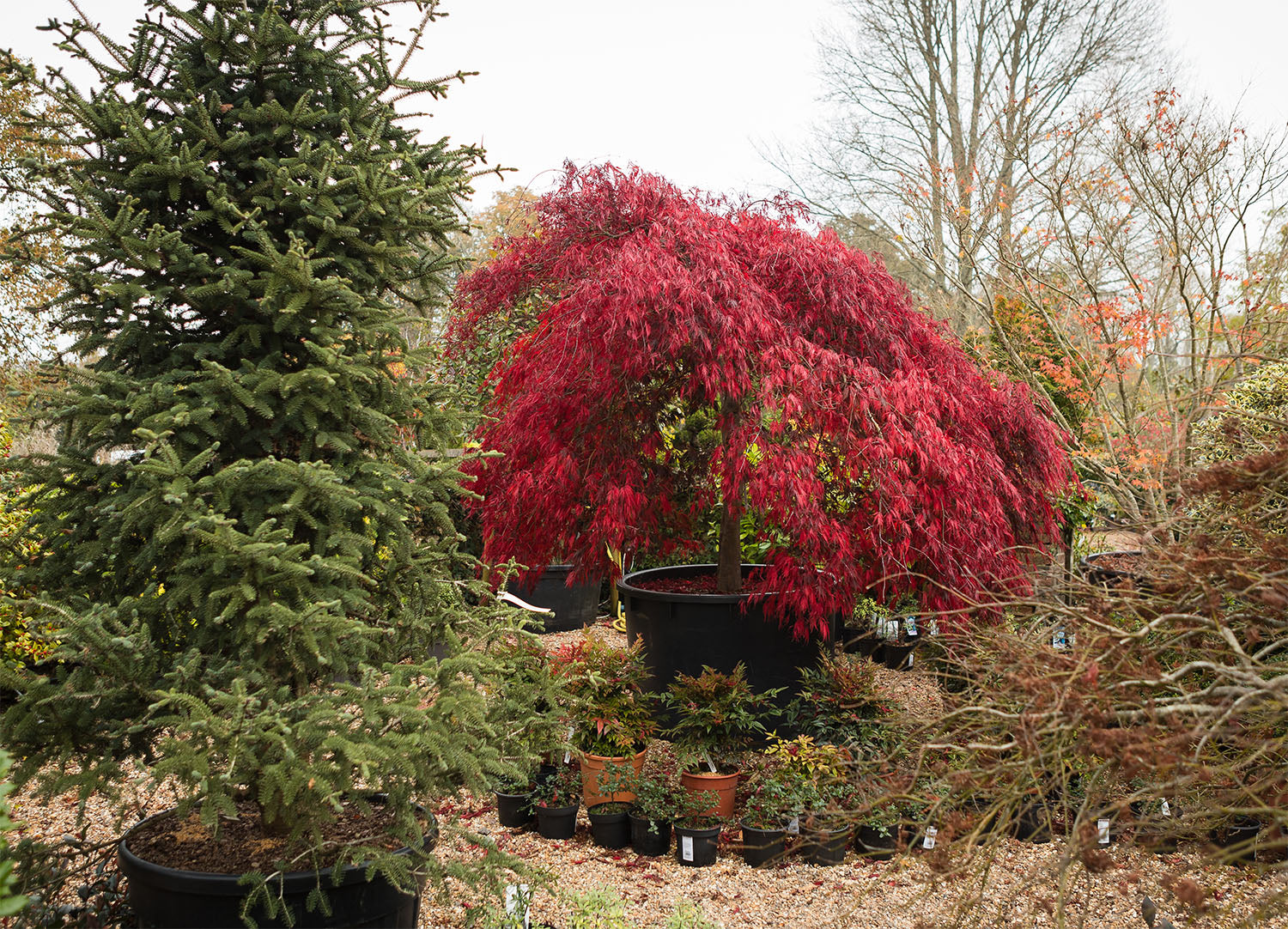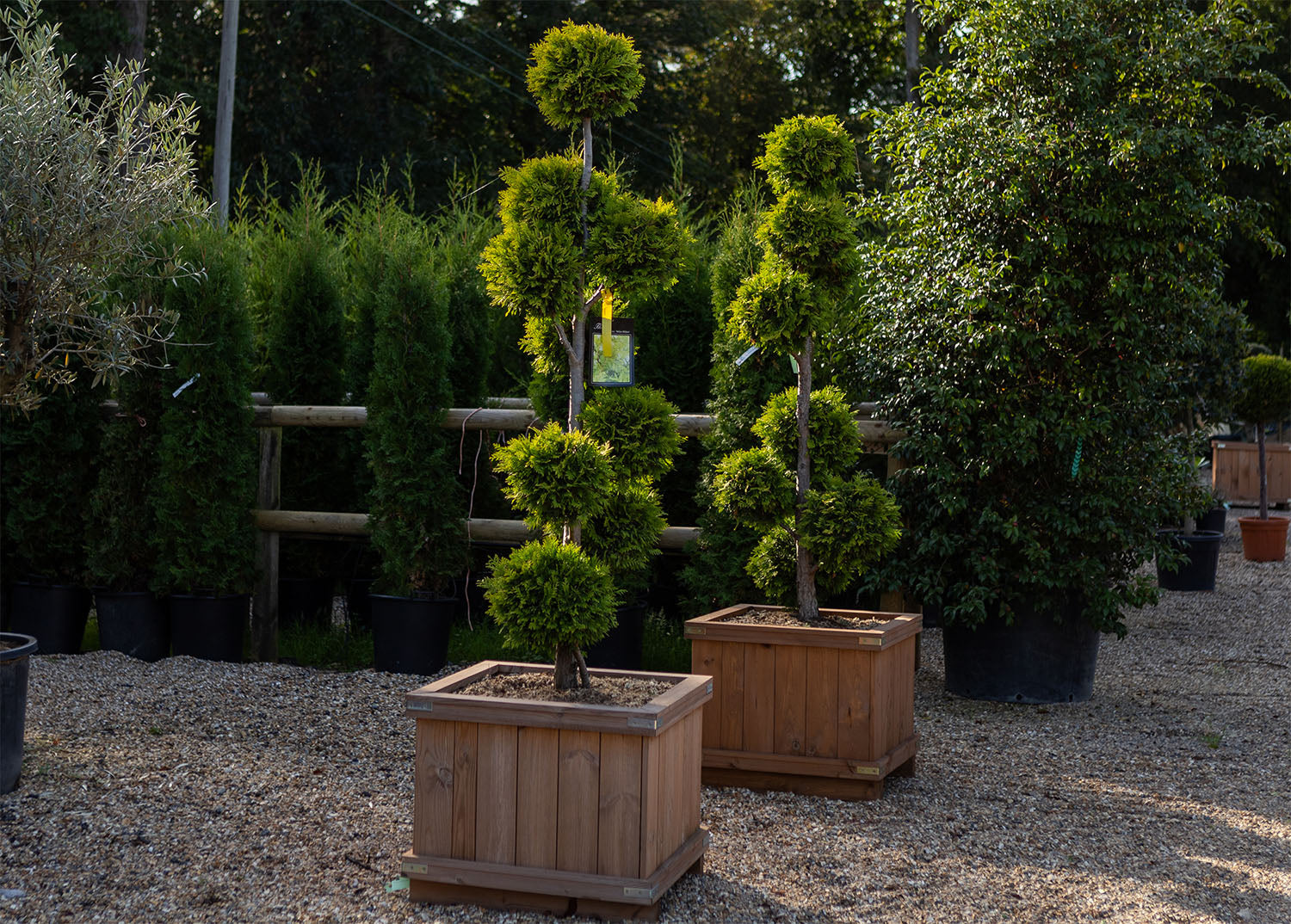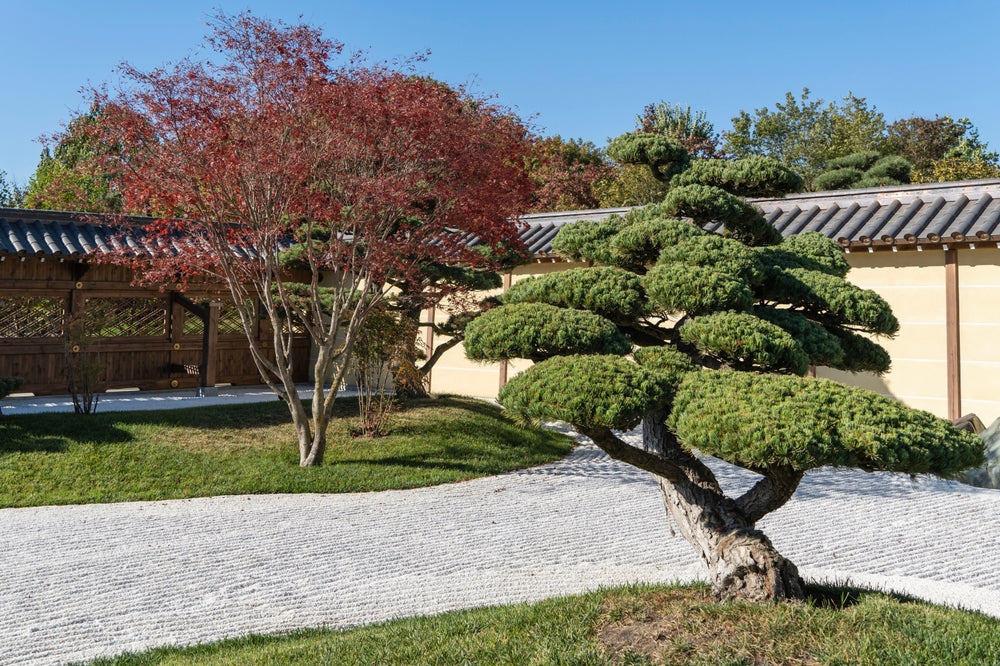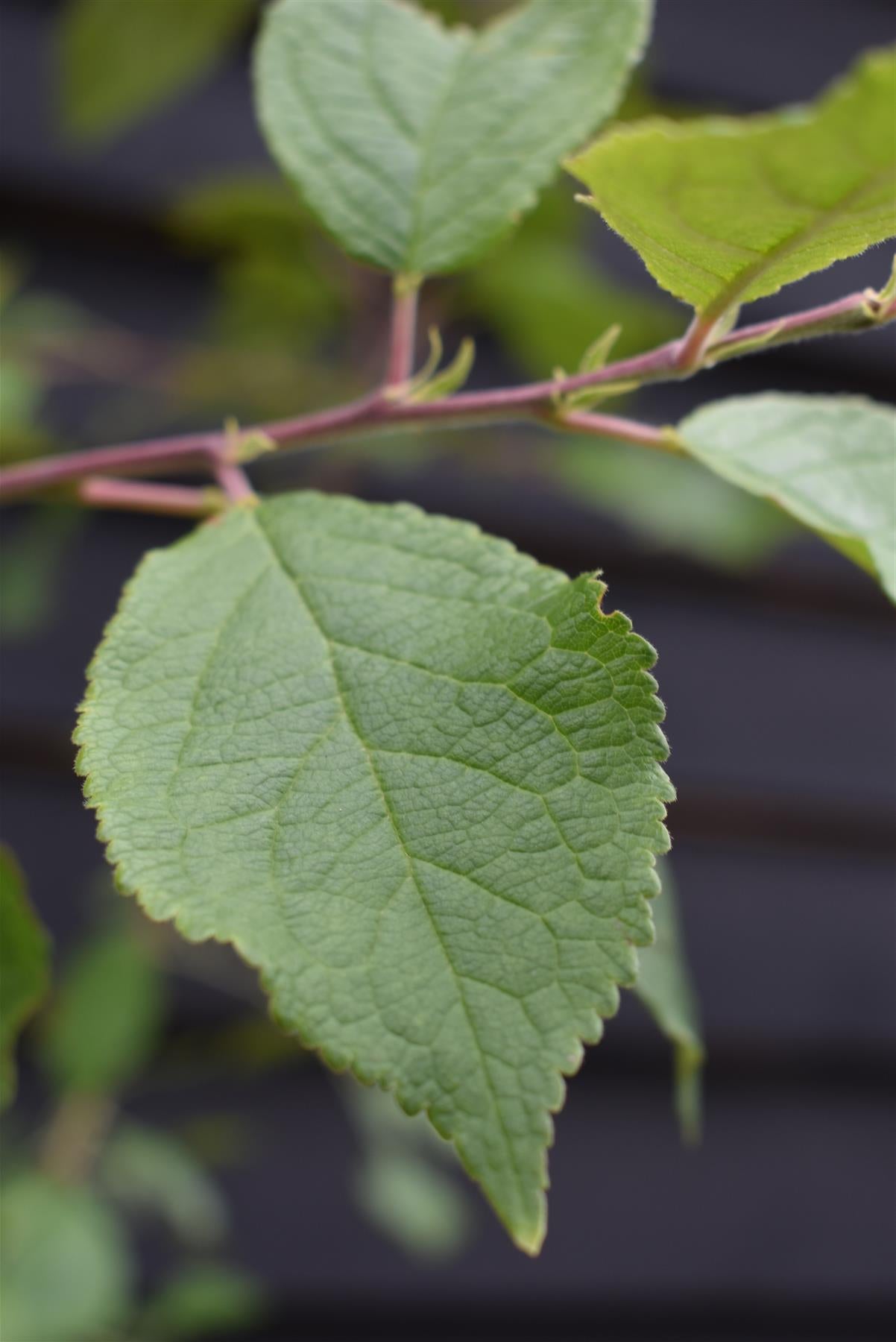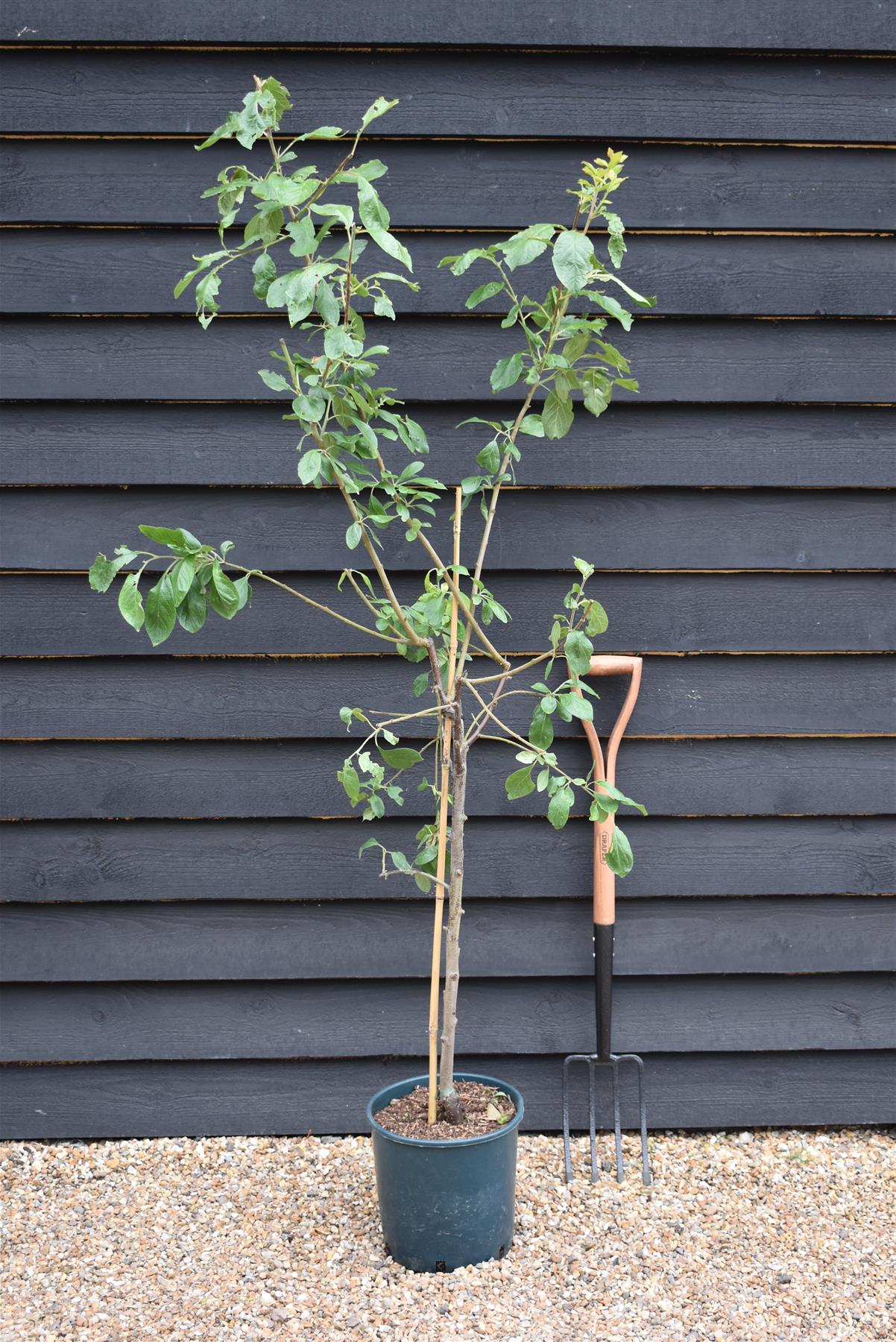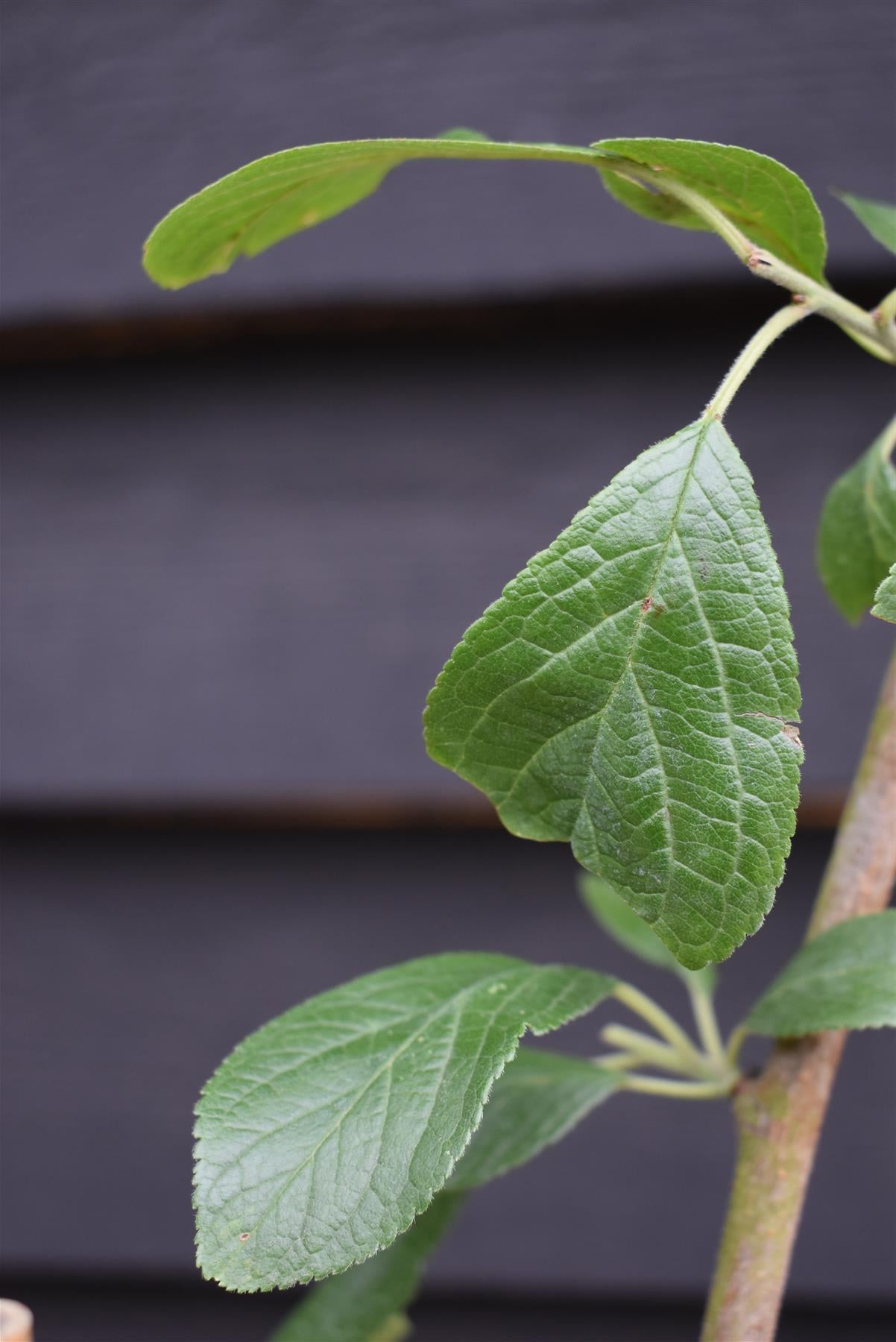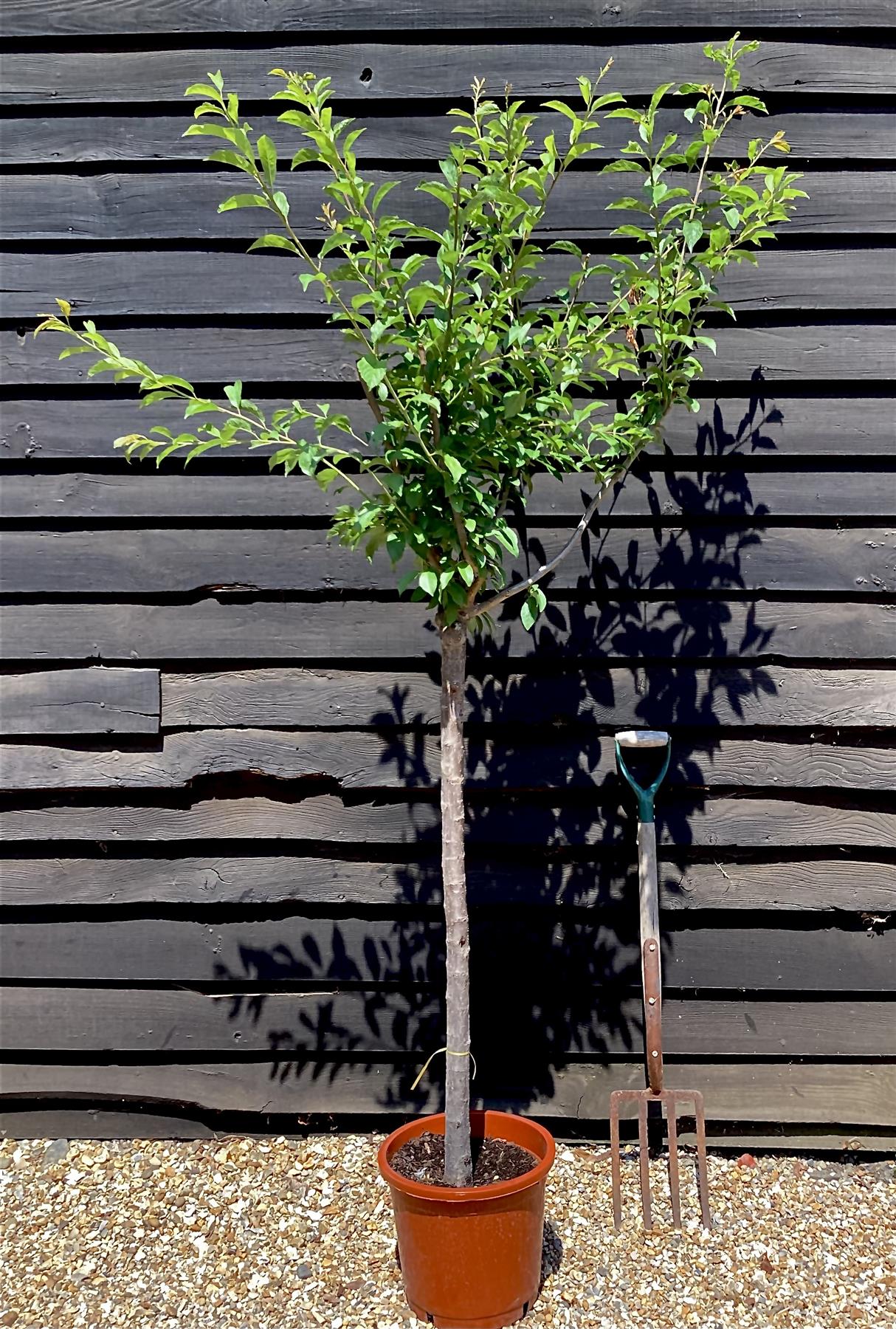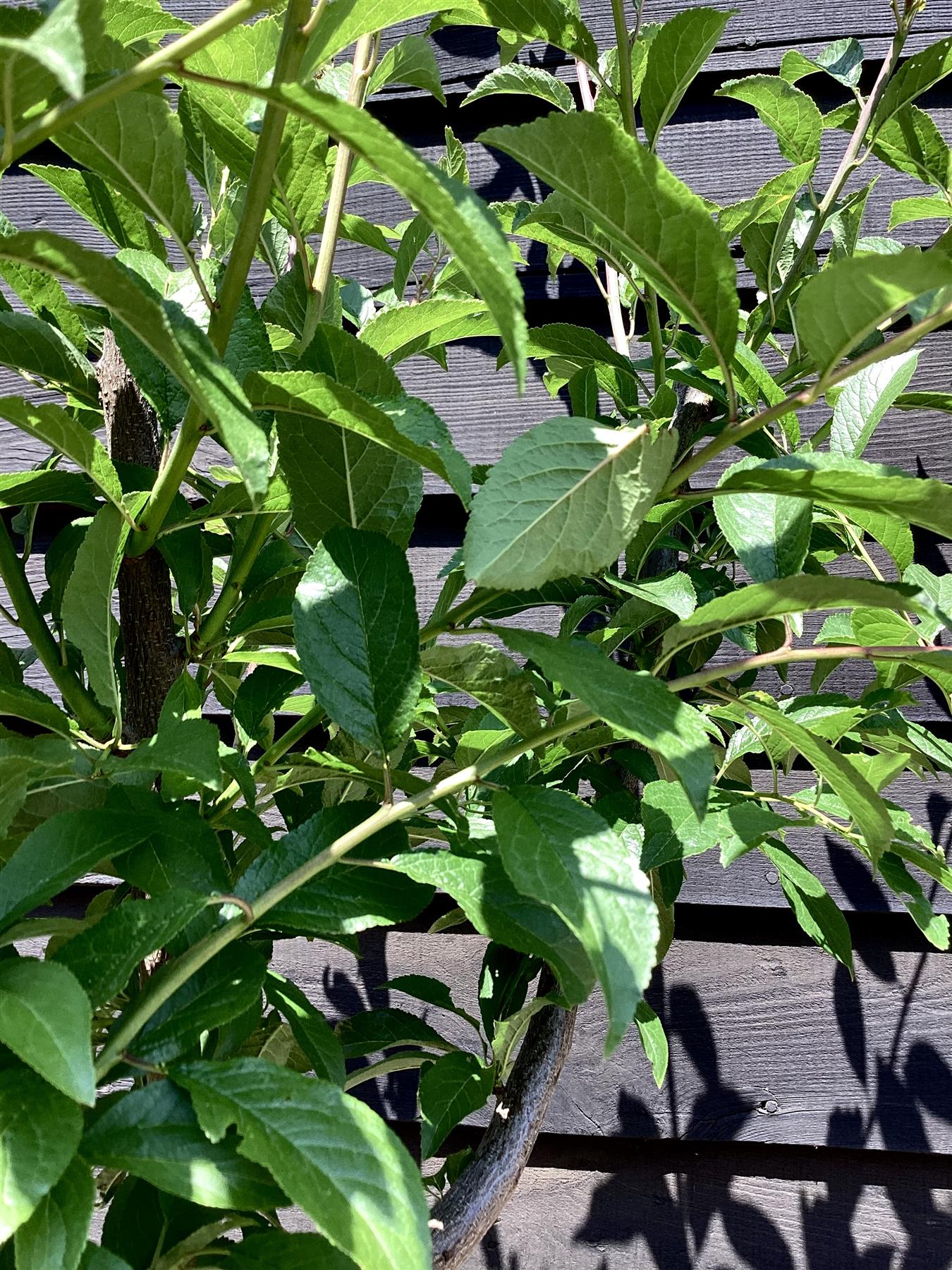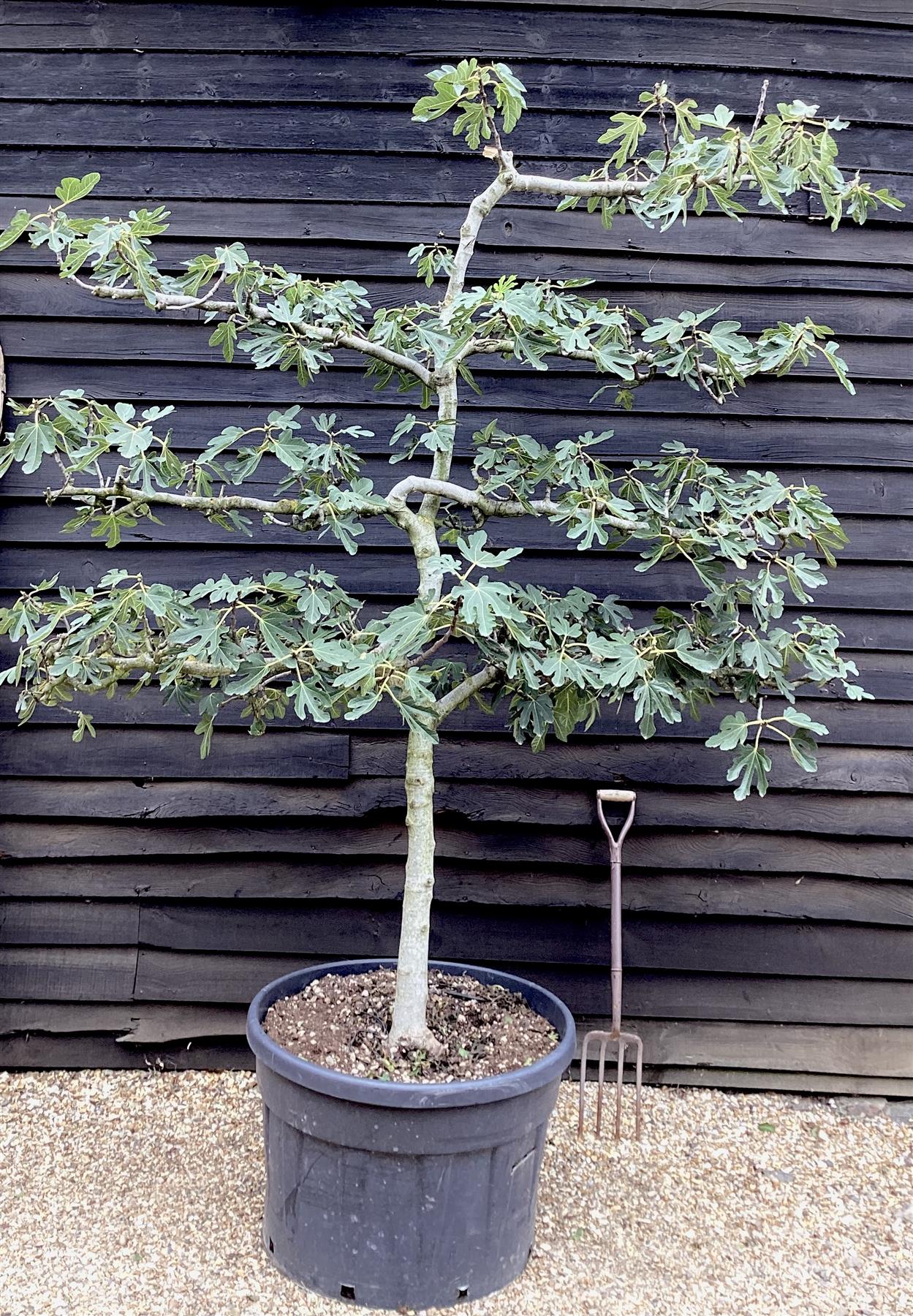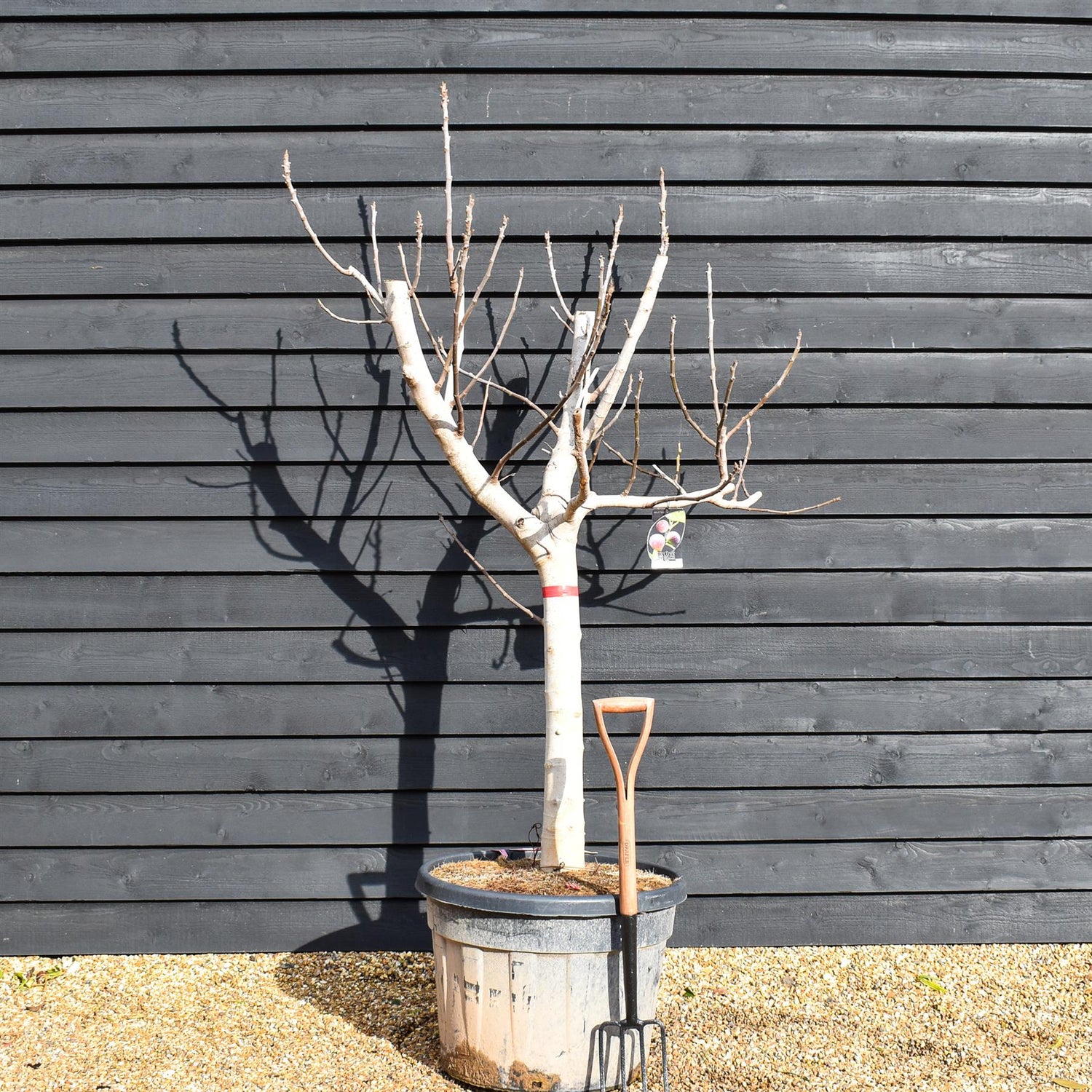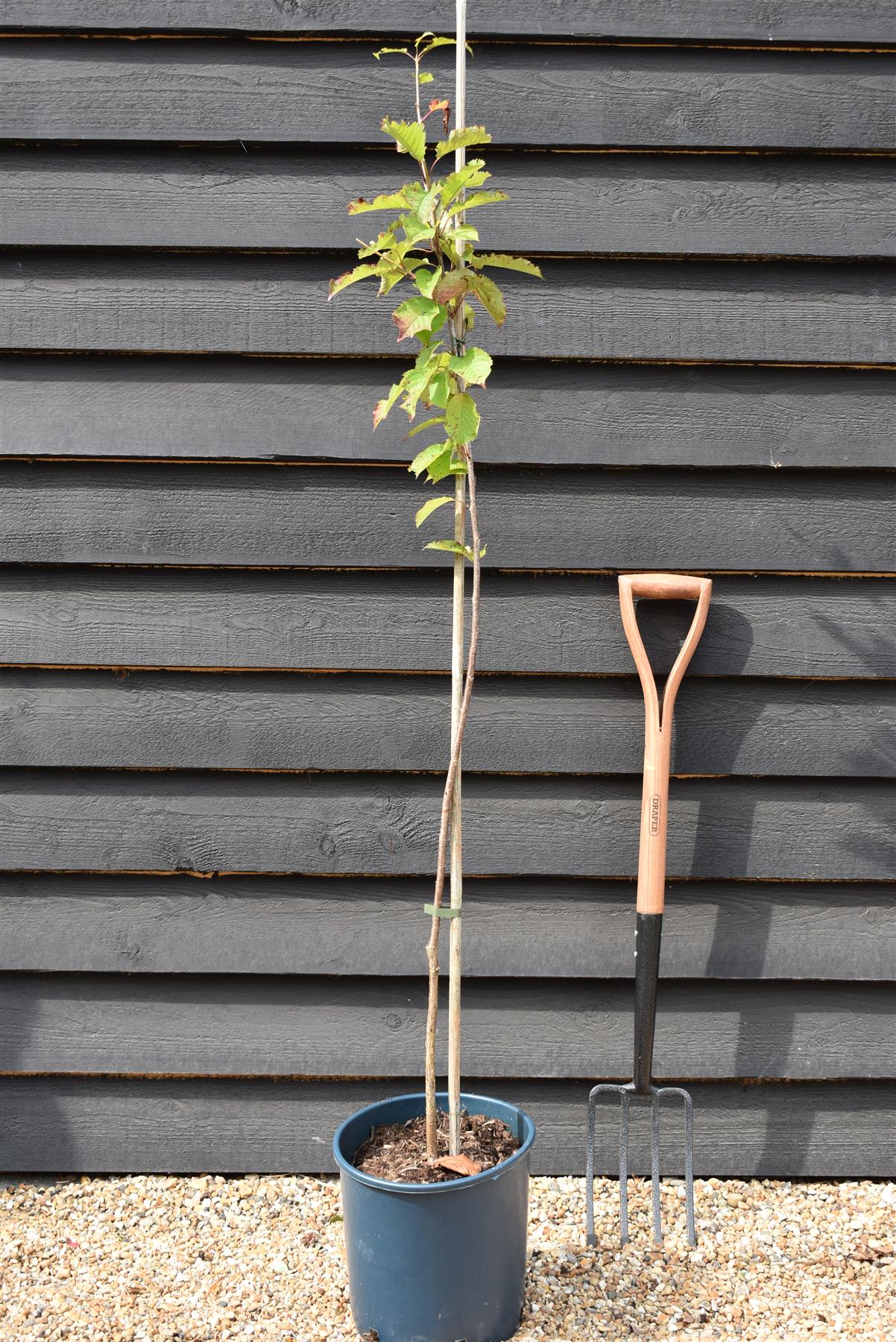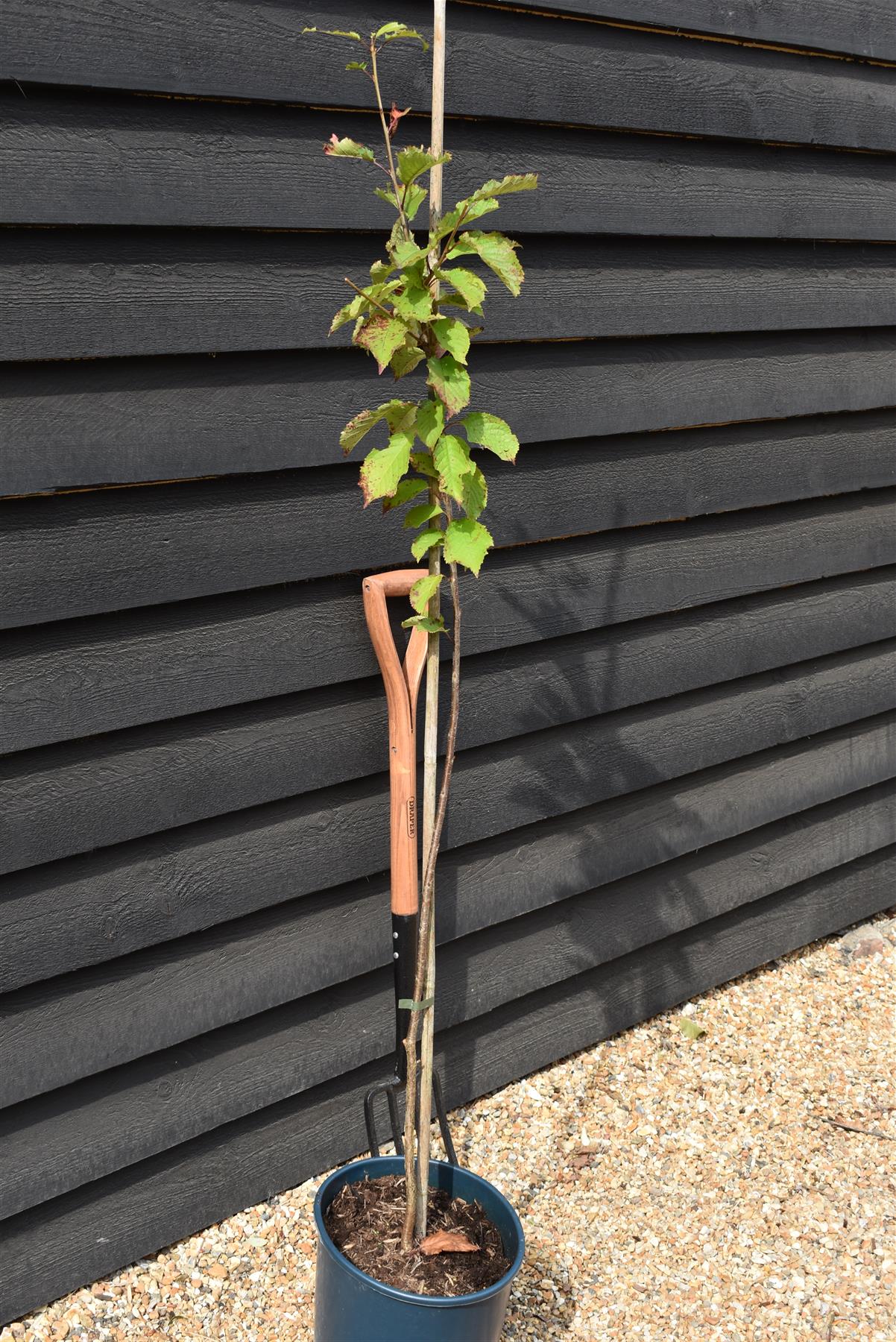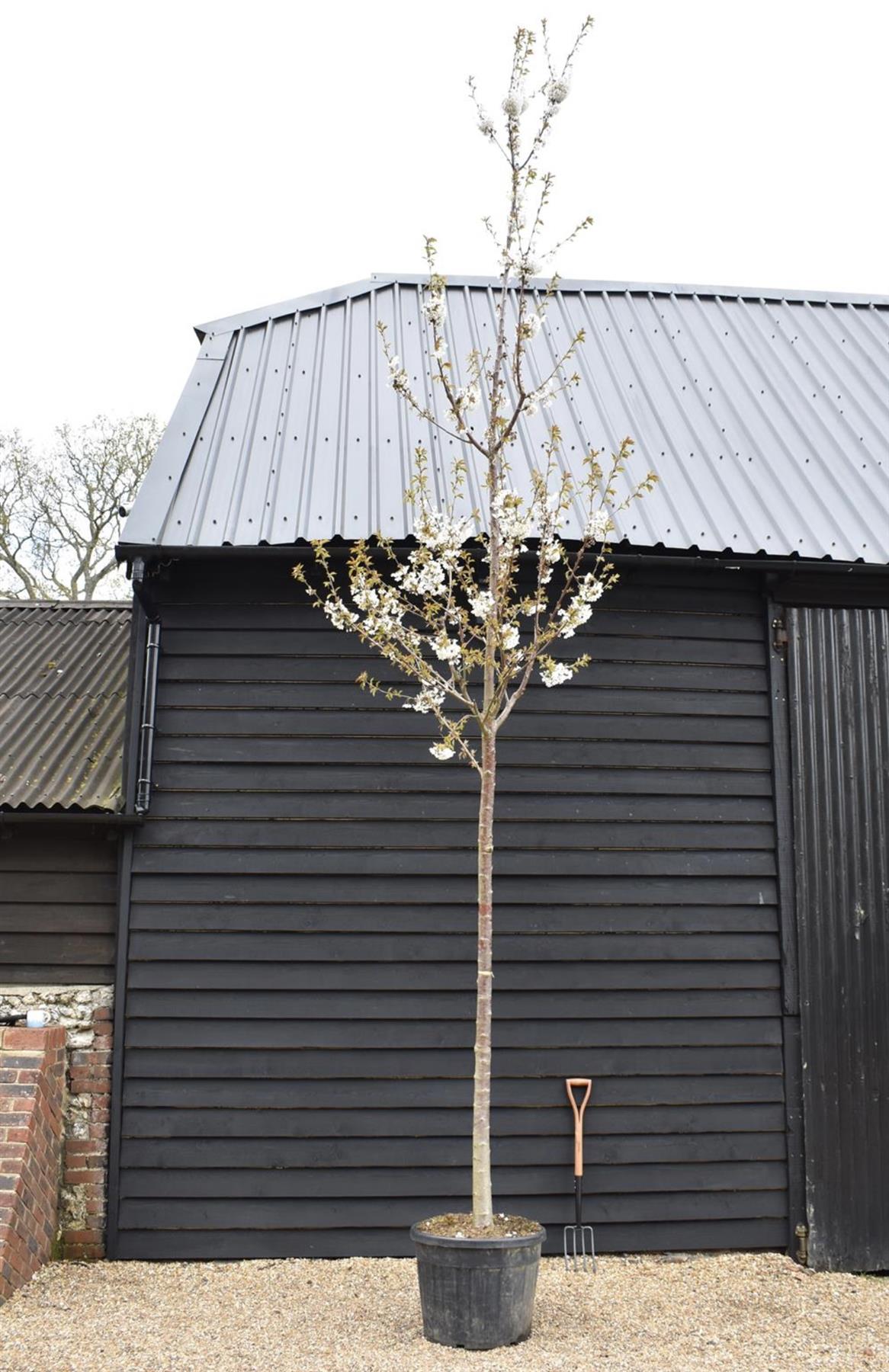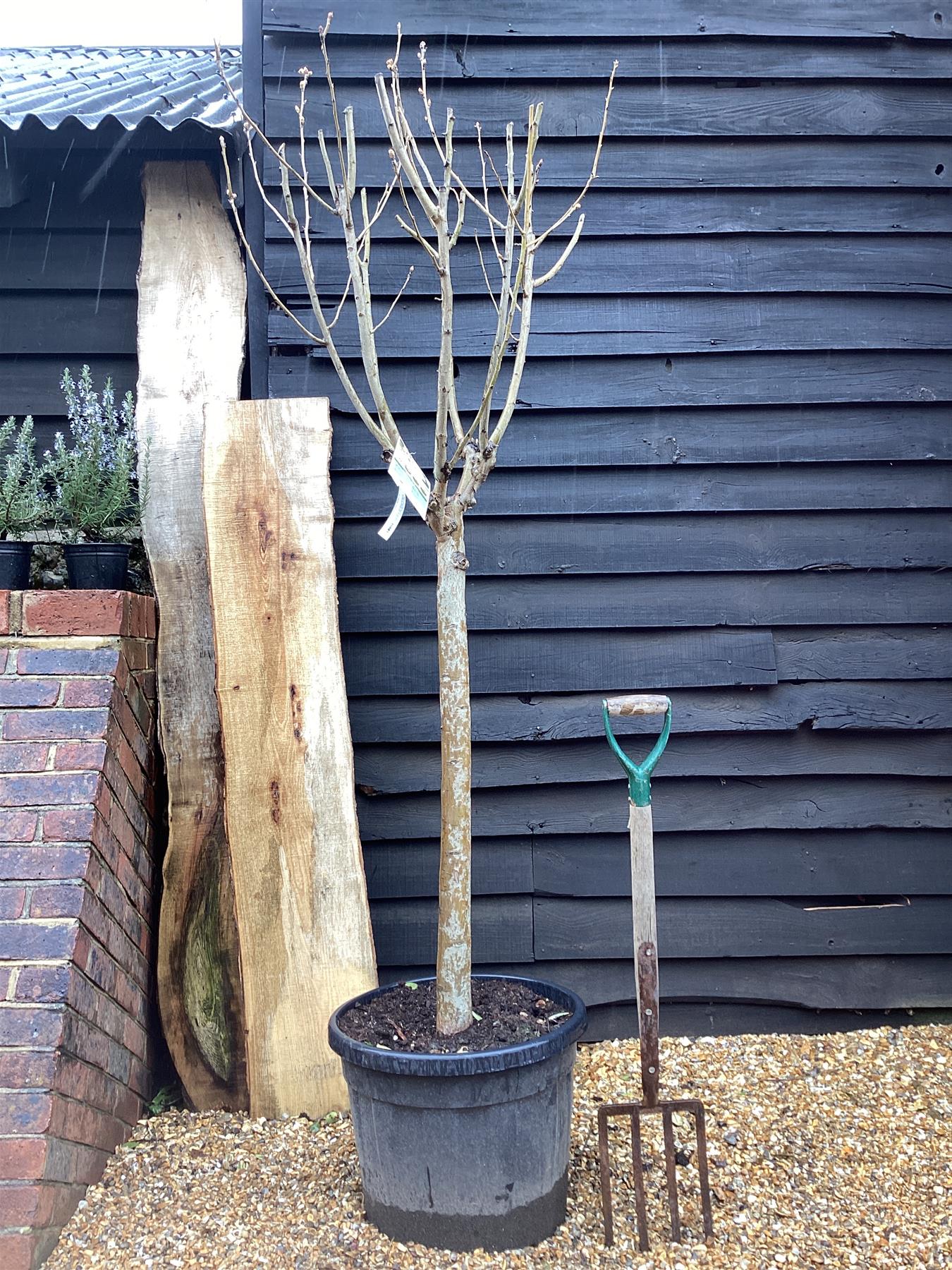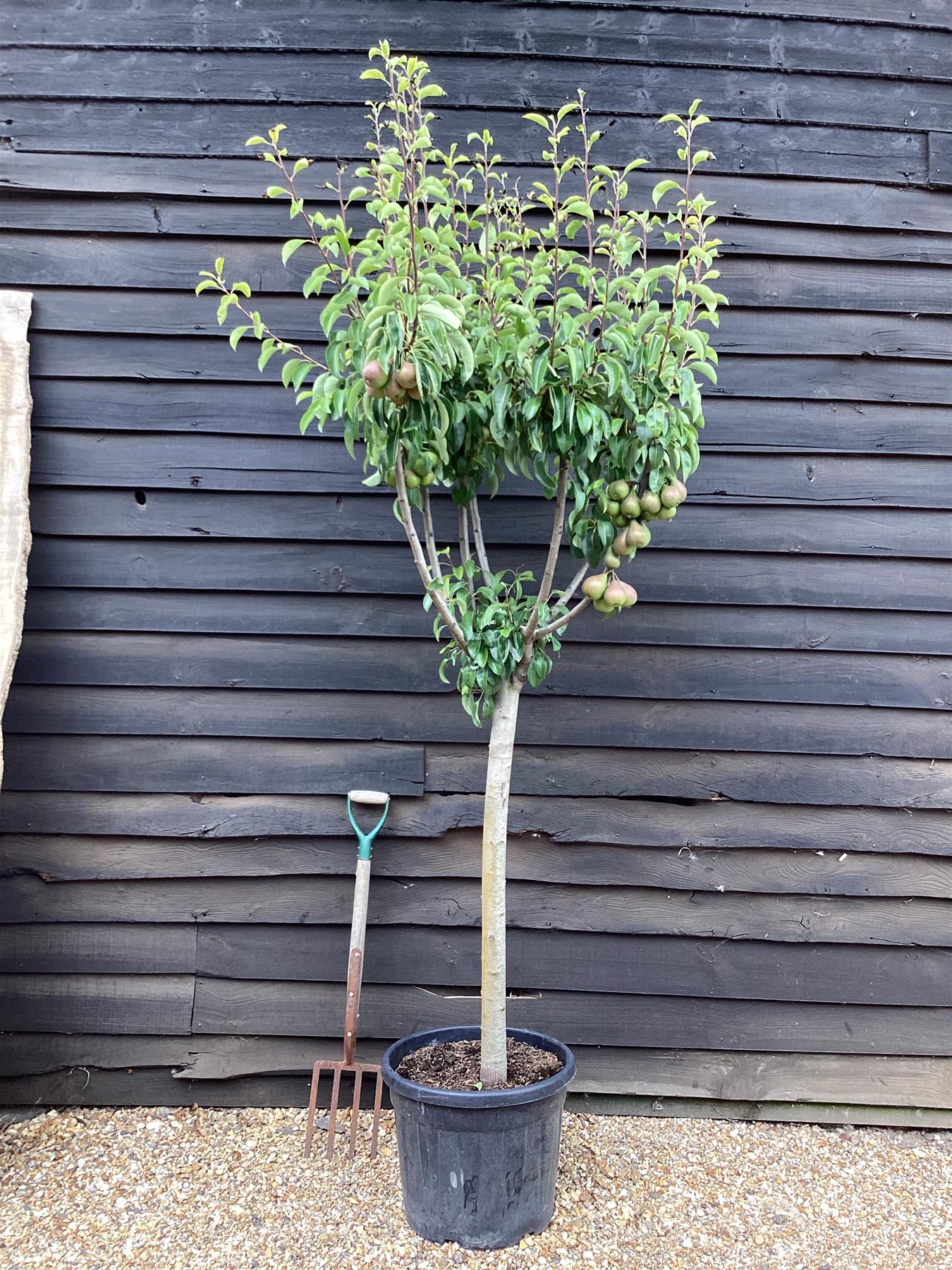20 products
20 products
Sort by:
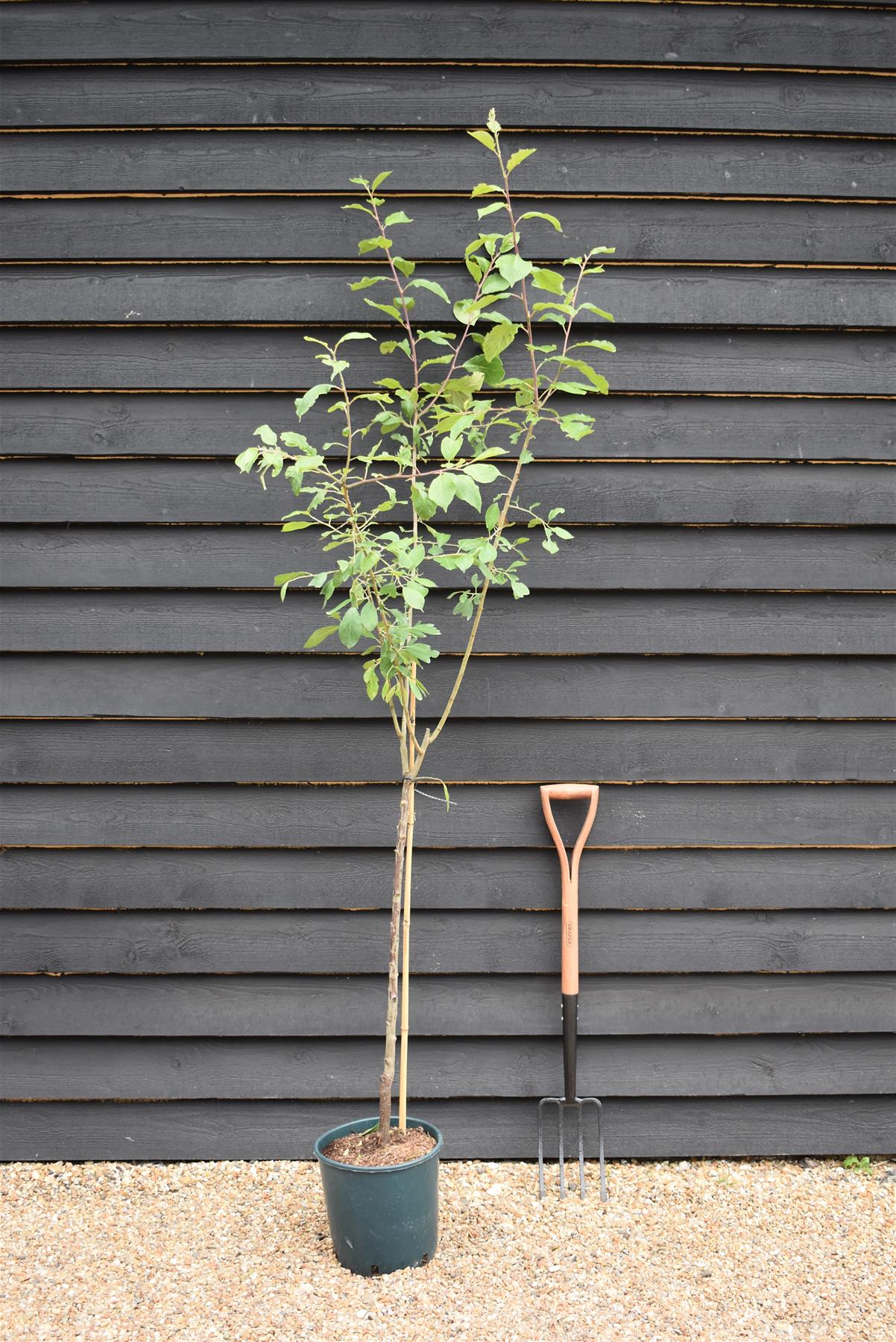
Plum 'Victoria' on Pixy - Dwarfing | Prunus Domestica - 150-160cm - 12lt
£74.00
Unit price perPlum 'Victoria' on Pixy - Dwarfing | Prunus Domestica - 150-160cm - 12lt
£74.00
Unit price perThe Plum 'Victoria' grafted onto Pixy rootstock is a popular, compact, and dwarfing fruit tree, perfect for smaller gardens or limited spaces. This combination allows gardeners to cultivate plums in constrained areas without compromising on the quality or yield of the fruit.
The 'Victoria' plum is famed for its versatility and reliability, producing abundant, delectable fruits that are equally good for fresh eating or culinary uses such as jams, jellies, and baking. The plums are juicy with a sweet, rich flavor, usually ripening in late summer, offering a delightful blend of sugary and tangy taste.
This variety is distinguished by its excellent resistance to diseases, making it a resilient choice for different climates and environments. The Pixy rootstock contributes to its hardiness by restricting its growth, making it manageable and less demanding in terms of care and maintenance. Despite its smaller stature, the yield is reliably heavy, offering a bountiful harvest.
Cultivating Victoria plum on Pixy rootstock is also beneficial for enhancing the overall fruit quality, promoting earlier fruiting, and ensuring consistent productivity. It requires moderate watering, well-drained soil, and exposure to full sun to achieve optimal fruit production, making it a favorite amongst both novice and experienced gardeners.
Pixy rootstock is used primarily for plum trees, inducing dwarfing characteristics. It enables the cultivation of smaller, manageable trees, suitable for confined spaces. It is adaptable, promotes early fruiting, and is compatible with many plum varieties. However, it necessitates well-drained soils and regular watering.
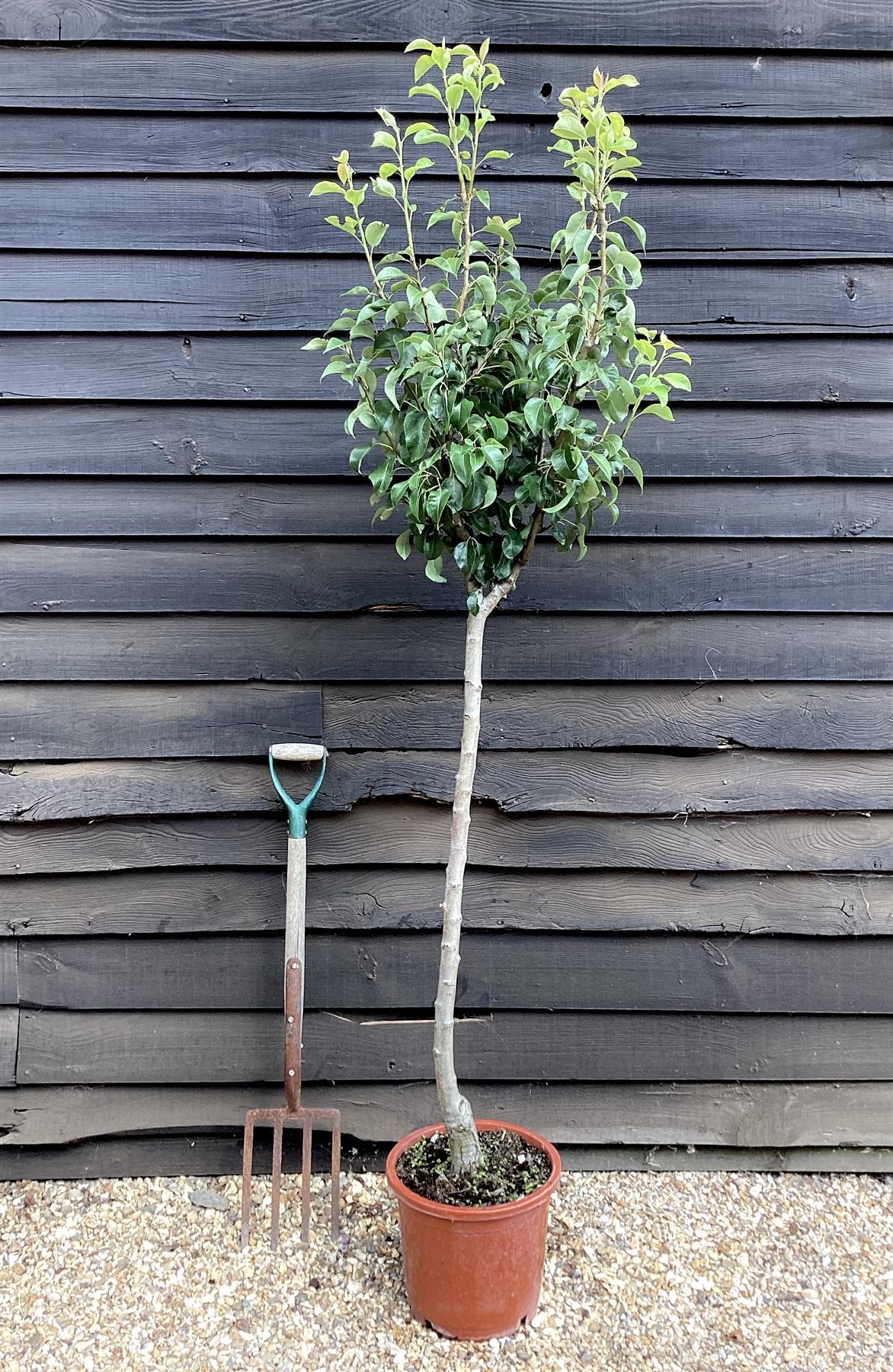
Pear tree 'Conference' | Pyrus communis - 170-180cm - 30lt
£120.00
Unit price perPear tree 'Conference' | Pyrus communis - 170-180cm - 30lt
£120.00
Unit price perPlum Victoria on Myrobalan - Prunus Domestica - 150-170cm - 12lt| Prunus Domestica - 150-160cm - 12lt
£74.00
Unit price perPlum Victoria on Myrobalan - Prunus Domestica - 150-170cm - 12lt| Prunus Domestica - 150-160cm - 12lt
£74.00
Unit price perThe Victoria plum tree grafted onto a myrobalan rootstock presents a robust and vigorous growth profile, making it a popular choice among UK gardeners and orchardists seeking a productive and resilient fruit tree. This combination capitalises on the strengths of both the Victoria plum and the myrobalan rootstock, creating a tree that is well-suited to a variety of conditions.
The Victoria plum tree, known for its sweet, juicy fruit and reliable cropping, thrives when paired with the myrobalan rootstock. This rootstock imparts significant vigour to the tree, resulting in a larger, more robust structure. The enhanced vigour promotes a healthy, expansive canopy capable of supporting a substantial fruit yield. However, this increased growth necessitates regular pruning to maintain the tree’s shape and ensure optimal sunlight penetration and air circulation.
One of the key advantages of the myrobalan rootstock is its adaptability to a wide range of soil types. It performs well in heavier, clay soils often found in many parts of the UK, where drainage can be an issue. This adaptability ensures that the Victoria plum can thrive even in less-than-ideal soil conditions. Additionally, the myrobalan rootstock is hardy, offering resilience against adverse weather conditions, which is particularly beneficial in the UK's variable climate.
While the myrobalan rootstock provides several benefits, it also requires diligent maintenance. The propensity for suckering demands regular attention to prevent these from sapping nutrients from the main tree. Additionally, the increased vigour means that without proper pruning, the tree can become overly dense, which may impact fruit quality and yield consistency.
Despite these maintenance considerations, the Victoria plum tree on a myrobalan rootstock produces an abundant harvest of high-quality plums. The fruit is large, with a rich, sweet flavour, making it ideal for fresh consumption, cooking, and preserving. The reliable cropping and adaptability of this combination make it a favoured choice for both home gardeners and commercial growers in the UK.
Plum tree Golden Japan | Prunus salicina - Girth 12-14cm - 170-180cm - 30lt
£120.00
Unit price perPlum tree Golden Japan | Prunus salicina - Girth 12-14cm - 170-180cm - 30lt
£120.00
Unit price perPlum (Prunus salicina Golden Japan) is a deciduous fruit tree that is native to China and Japan. It is a small to medium-sized tree, reaching up to 15-20 feet in height with a similar spread. The tree produces beautiful white or pinkish flowers in early spring, which are followed by the fruits in late summer.
The Golden Japan plum has a round, medium-sized fruit with a smooth, golden-yellow skin. The flesh is juicy and sweet with a slight tartness, and has a yellow color. The fruit is ideal for eating fresh, but can also be used for making jams, jellies, and other preserves.
The Golden Japan plum tree prefers full sun and well-drained soil, and is relatively easy to grow. It is also self-fertile, which means that a single tree can produce fruit without the need for another tree for cross-pollination. The tree is hardy in USDA zones 5-9, and can tolerate temperatures as low as -10°F.
Overall, the Golden Japan plum is a beautiful and delicious fruit tree that can be enjoyed by both novice and experienced gardeners. Its sweet and juicy fruit, coupled with its ease of growth, make it a great addition to any backyard orchard or fruit garden.
Chinese Date | Ziziphus Jujuba - Specimen/Mature tree - Height - 300-350cm - 150lt
£980.00
Unit price perChinese Date | Ziziphus Jujuba - Specimen/Mature tree - Height - 300-350cm - 150lt
£980.00
Unit price perThis is unique, gnarly, mature specimen tree. Very rare and uncommon.
Ziziphus Jujuba, commonly known as jujube or Chinese date, is a species of small deciduous tree native to China, where it has been cultivated for thousands of years for its fruit and various medicinal properties. Belonging to the buckthorn family (Rhamnaceae), this tree is revered not only for its delicious and nutritious fruit but also for its adaptability to diverse climates and soils.
The jujube tree typically grows up to 5 to 12 meters in height, with shiny green leaves and small, fragrant, yellow flowers that bloom in late spring. The fruit, resembling a small date, ripens in late summer to early autumn, transitioning from green to reddish-brown or mahogany when fully matured. Jujubes are sweet and tangy in taste, with a chewy texture similar to that of dates.
Throughout history, jujubes have held cultural significance in various regions. In traditional Chinese medicine, the fruit and other parts of the tree are believed to possess medicinal properties, including anti-inflammatory, sedative, and immune-boosting effects. Jujubes are often used to alleviate stress, improve digestion, and promote overall well-being.
Jujubes are a popular ingredient in culinary dishes and beverages. They can be eaten fresh, dried, candied, or cooked into jams, syrups, and desserts.
Moreover, the jujube tree plays a role in agroforestry systems, as it is drought-tolerant and can thrive in poor soil conditions. Its deep roots help prevent soil erosion.
Pomegranate | Punica granatum - Mature Specimen - 3 Branches - Height 240-280cm - 350lt
£1,380.00
Unit price perPomegranate | Punica granatum - Mature Specimen - 3 Branches - Height 240-280cm - 350lt
£1,380.00
Unit price perPunica granatum, commonly known as pomegranate, is a small deciduous tree or shrub that belongs to the family Lythraceae. Native to the Mediterranean region and parts of Asia, the pomegranate is widely cultivated for its fruit, ornamental value, and medicinal properties. The tree grows up to 5-8 meters tall and has glossy, dark green leaves that turn yellow in autumn. It produces beautiful red-orange flowers that bloom in summer and are followed by the fruit in autumn.
The fruit of the pomegranate is a round or slightly hexagonal berry, about the size of an apple or grapefruit. The leathery skin of the fruit is thick and inedible, but it contains hundreds of edible arils or seeds, each surrounded by a juicy, ruby-red pulp. The seeds are packed with nutrients and antioxidants and are said to have numerous health benefits, including anti-inflammatory and anti-cancer properties. Pomegranate is commonly used in cooking, juices, smoothies, and salads, and it adds a sweet-tart flavor and vibrant color to any dish. Overall, Punica granatum is a versatile and attractive tree that would make a great addition to any garden or landscape, both for its ornamental value and its delicious fruit.
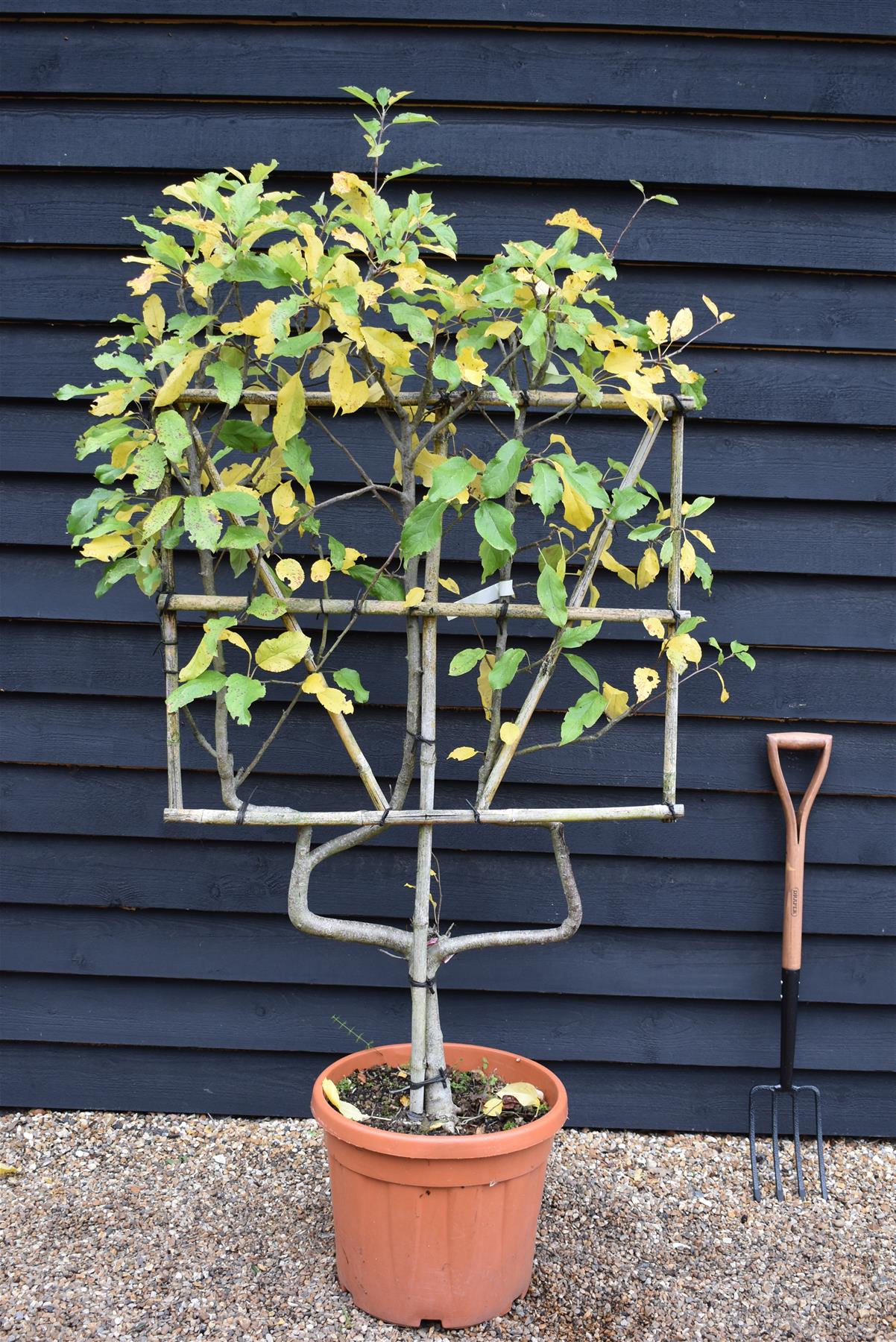
Apple tree 'Gala' Espalier | Malus domestica - 120-150cm - 45lt
£295.00
Unit price perApple tree 'Gala' Espalier | Malus domestica - 120-150cm - 45lt
£295.00
Unit price perMalus Domestica 'Gala' is a popular apple cultivar known for its crisp, juicy, and sweet flavor. The Gala apple was first developed in New Zealand in the 1930s and has since become one of the most widely cultivated apples in the world.
The fruit has a distinctive red and yellow skin with a creamy white flesh. It is typically medium to large in size and has a slightly conical shape. The skin of the Gala apple is thin and delicate, making it easy to bite into and chew. The flesh is firm and juicy, with a pleasant balance of sweetness and tartness.
Gala apples are versatile and can be used in a variety of ways. They are delicious eaten raw as a snack, but can also be used for cooking, baking, or juicing. Due to their sweetness and low acidity, they are particularly well-suited for making applesauce and apple juice.
The tree itself is moderately vigorous and bears fruit early in the season. It is known for its high yields and consistent fruit quality, making it a popular choice for commercial growers. The Gala apple is also a good choice for backyard orchards, as it is relatively easy to grow and maintain.
Overall, the Malus Domestica 'Gala' is a delicious and versatile apple cultivar that is enjoyed by apple lovers around the world.
Fig - Ficus carica 'Brogiotto Bianco' - Large - Trained - Espalier - 230cm - 230lt
£1,380.00
Unit price perFig - Ficus carica 'Brogiotto Bianco' - Large - Trained - Espalier - 230cm - 230lt
£1,380.00
Unit price perPlum tree 'Stanley' | Prunus domestica - 170-180cm - 30lt
£120.00
Unit price perPlum tree 'Stanley' | Prunus domestica - 170-180cm - 30lt
£120.00
Unit price perFig - Ficus carica - Clear Stem 80cm - Girth 26-32cm - Height 170-190cm - 110lt
£480.00
Unit price perFig - Ficus carica - Clear Stem 80cm - Girth 26-32cm - Height 170-190cm - 110lt
£480.00
Unit price perThe semi-mature Ficus, (10-15 years old) carica is a beautiful, fruit-bearing tree with a well-defined clear stem of approximately 80cm, making it an excellent choice for gardens, patios, or orchard planting. This deciduous tree features large, deeply lobed green leaves that create a lush, tropical feel, providing light shade in warmer months. The tree produces delicious, sweet figs, typically ripening in late summer to early autumn.
With its smooth, greyish-brown bark and elegant structure, this semi-mature fig tree is both ornamental and productive. It thrives in well-drained soil and enjoys full sun, making it ideal for Mediterranean and temperate climates. Drought-tolerant once established, this variety is perfect for those seeking a low-maintenance yet rewarding fruit tree with a striking architectural presence.
Pomegranate | Punica granatum - Mature Specimen - 3 Branches - Height 240-280cm - 350lt
£1,380.00
Unit price perPomegranate | Punica granatum - Mature Specimen - 3 Branches - Height 240-280cm - 350lt
£1,380.00
Unit price perPunica granatum, commonly known as pomegranate, is a small deciduous tree or shrub that belongs to the family Lythraceae. Native to the Mediterranean region and parts of Asia, the pomegranate is widely cultivated for its fruit, ornamental value, and medicinal properties. The tree grows up to 5-8 meters tall and has glossy, dark green leaves that turn yellow in autumn. It produces beautiful red-orange flowers that bloom in summer and are followed by the fruit in autumn.
The fruit of the pomegranate is a round or slightly hexagonal berry, about the size of an apple or grapefruit. The leathery skin of the fruit is thick and inedible, but it contains hundreds of edible arils or seeds, each surrounded by a juicy, ruby-red pulp. The seeds are packed with nutrients and antioxidants and are said to have numerous health benefits, including anti-inflammatory and anti-cancer properties. Pomegranate is commonly used in cooking, juices, smoothies, and salads, and it adds a sweet-tart flavor and vibrant color to any dish. Overall, Punica granatum is a versatile and attractive tree that would make a great addition to any garden or landscape, both for its ornamental value and its delicious fruit.
Pomegranate | Punica granatum - Mature Specimen - 3 Branches - Height 220-250cm - 285lt
£980.00
Unit price perPomegranate | Punica granatum - Mature Specimen - 3 Branches - Height 220-250cm - 285lt
£980.00
Unit price perPunica granatum, commonly known as pomegranate, is a small deciduous tree or shrub that belongs to the family Lythraceae. Native to the Mediterranean region and parts of Asia, the pomegranate is widely cultivated for its fruit, ornamental value, and medicinal properties. The tree grows up to 5-8 meters tall and has glossy, dark green leaves that turn yellow in autumn. It produces beautiful red-orange flowers that bloom in summer and are followed by the fruit in autumn.
The fruit of the pomegranate is a round or slightly hexagonal berry, about the size of an apple or grapefruit. The leathery skin of the fruit is thick and inedible, but it contains hundreds of edible arils or seeds, each surrounded by a juicy, ruby-red pulp. The seeds are packed with nutrients and antioxidants and are said to have numerous health benefits, including anti-inflammatory and anti-cancer properties. Pomegranate is commonly used in cooking, juices, smoothies, and salads, and it adds a sweet-tart flavor and vibrant color to any dish. Overall, Punica granatum is a versatile and attractive tree that would make a great addition to any garden or landscape, both for its ornamental value and its delicious fruit.
Wild Cherry | Prunus avium - 2-3 years old - Height 120-150cm - 10lt
£48.00
Unit price perWild Cherry | Prunus avium - 2-3 years old - Height 120-150cm - 10lt
£48.00
Unit price perPrunus avium | Wild Cherry Mature Tree - Clear Stem - Girth 20cm - 420-450cm, 50lt
£550.00
Unit price perPrunus avium | Wild Cherry Mature Tree - Clear Stem - Girth 20cm - 420-450cm, 50lt
£550.00
Unit price perPear tree 'Ercolini' | Pyrus communis - Girth 18-20cm - 220-240cm - 50lt
£225.00
Unit price perPear tree 'Ercolini' | Pyrus communis - Girth 18-20cm - 220-240cm - 50lt
£225.00
Unit price perPyrus communis 'Ercolini', also known as Ercolini pear, is a cultivar of the European pear. It is a deciduous fruit tree that can grow up to 5-7 meters tall and wide when fully matured.
The fruit of the Ercolini pear is medium-sized, weighing about 150-200 grams, with a yellow-green skin that turns yellowish-brown when fully ripe. The skin is slightly rough and dotted with small brown spots. The flesh is juicy, sweet, and creamy white in color. It has a classic pear flavor, with a hint of vanilla and a slightly gritty texture.
Ercolini pear trees are known for their hardiness and disease resistance, making them a popular choice for home orchards and commercial growers alike. They are self-fruitful, but will produce more fruit with cross-pollination from another pear tree. The fruit ripens in mid to late August, and can be stored for several weeks in cold storage.
Overall, the Ercolini pear is a delicious and easy-to-grow variety that is perfect for eating fresh or for use in cooking and baking. Its classic pear flavor and texture make it a favorite among pear lovers, and its disease resistance and hardiness make it a reliable choice for any orchard.
Pear tree 'Williams' Bon Chretien' | Pyrus communis - Girth 18-20cm - 220-240cm - 50lt
£225.00
Unit price perPear tree 'Williams' Bon Chretien' | Pyrus communis - Girth 18-20cm - 220-240cm - 50lt
£225.00
Unit price perPear tree 'Blanquilla' | Pyrus communis - Girth 18-20cm - 220-240cm - 50lt
£225.00
Unit price perPear tree 'Blanquilla' | Pyrus communis - Girth 18-20cm - 220-240cm - 50lt
£225.00
Unit price perPyrus communis 'Blanquilla' is a popular variety of pear that is prized for its sweet, juicy flesh and delicate flavor. This variety is believed to have originated in Spain and is now widely cultivated in many parts of the world, including Europe, North America, and Asia.
The Blanquilla pear has a medium to large size and a distinctive bell-like shape with a slightly elongated neck. The skin of the pear is thin and smooth, with a greenish-yellow color that may have a slight blush of red on the side facing the sun. The flesh is crisp and juicy, with a sweet, slightly tangy flavor that is often compared to that of a pineapple.
Blanquilla pears are typically harvested in late summer to early fall, and they are best when eaten fresh. They can also be used in a variety of culinary applications, including baking, poaching, and canning. When selecting Blanquilla pears, look for fruits that are firm but yield slightly to pressure, with no visible signs of bruising or damage.
Overall, Pyrus communis 'Blanquilla' is an excellent choice for anyone looking for a flavorful and versatile pear that can be enjoyed in a variety of ways.
Pear tree 'Beurre Hardy' | Pyrus communis - Girth 18-20cm - 220-240cm - 50lt
£225.00
Unit price perPear tree 'Beurre Hardy' | Pyrus communis - Girth 18-20cm - 220-240cm - 50lt
£225.00
Unit price perShowing 18/20


